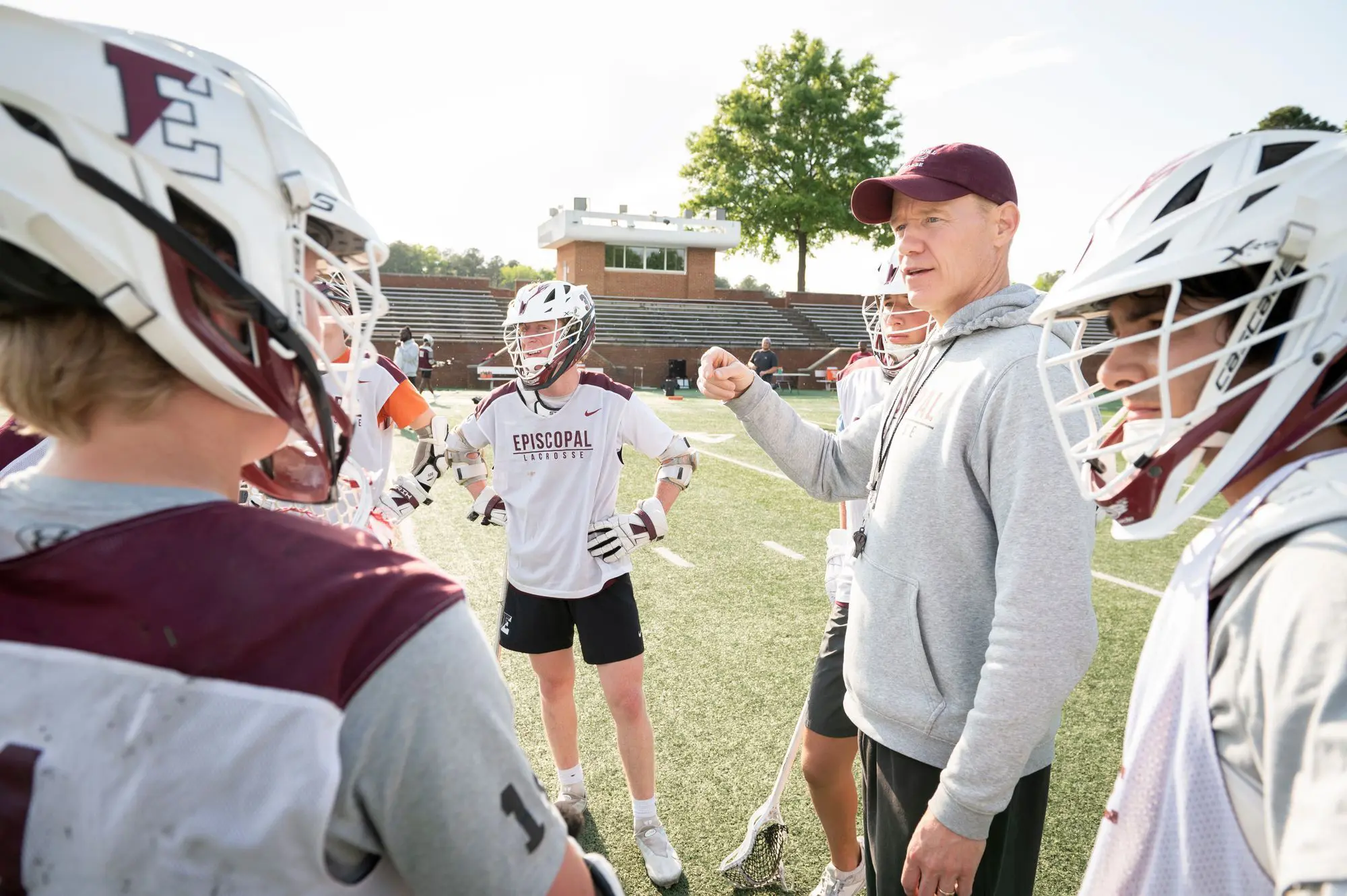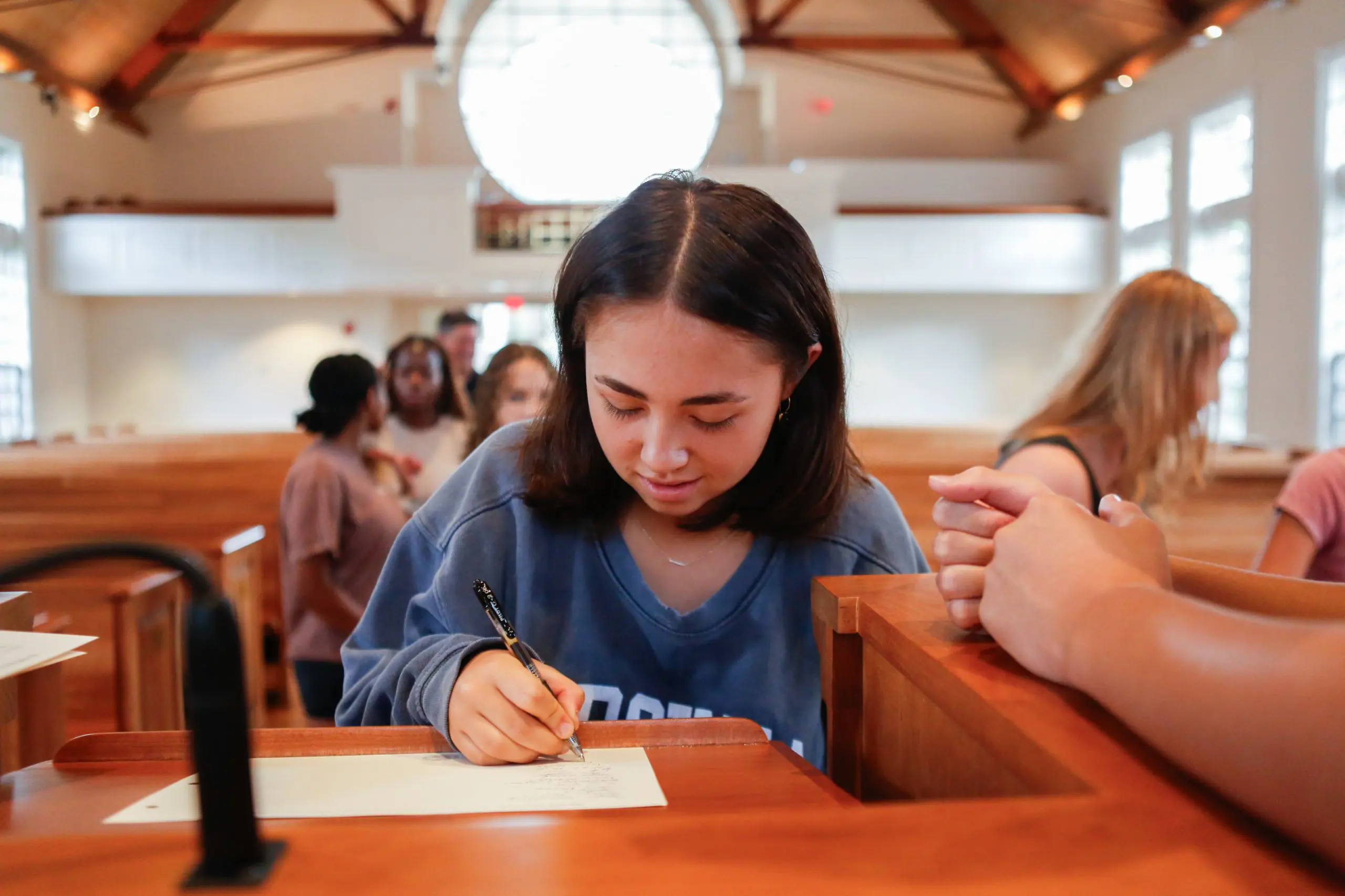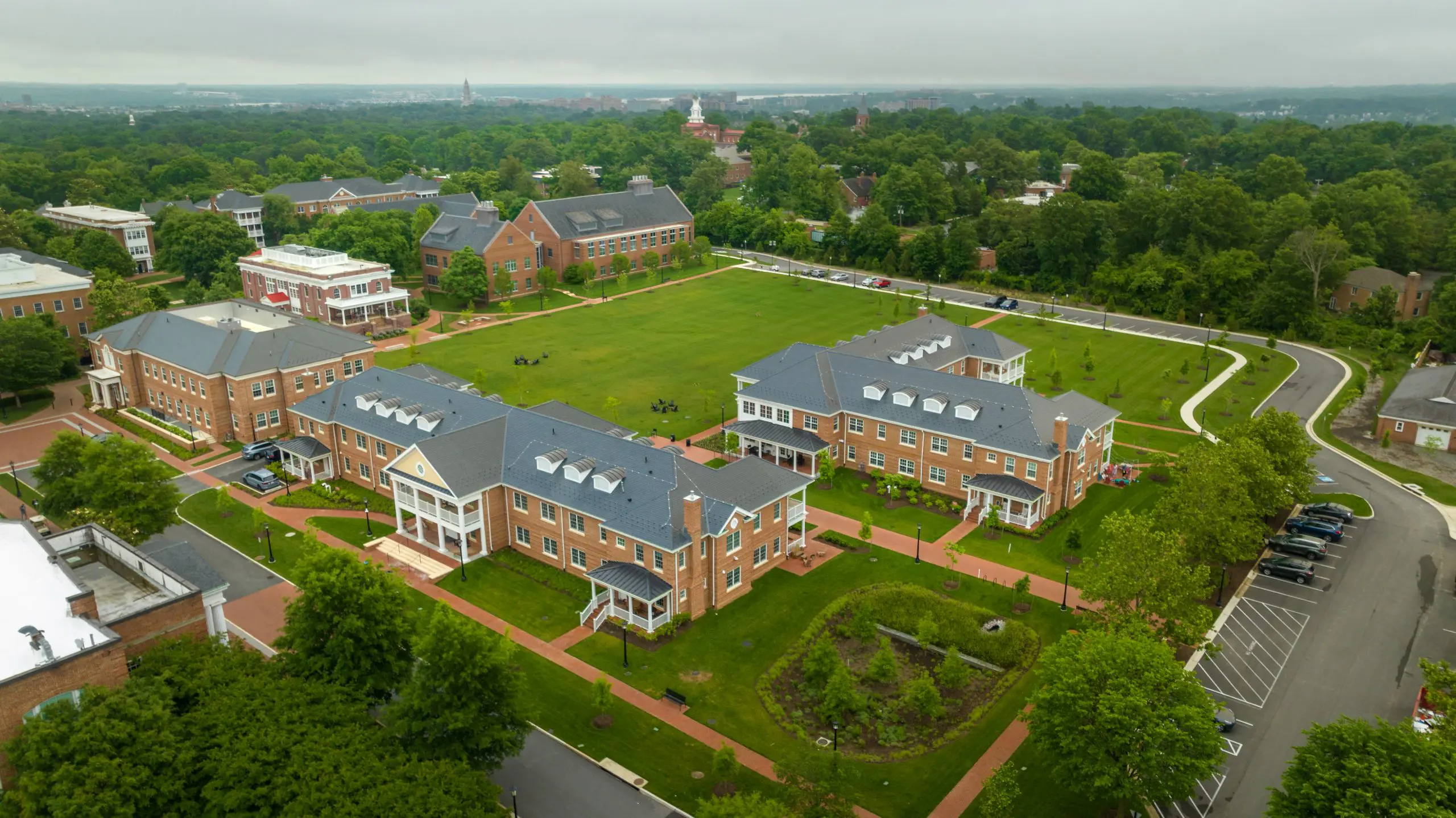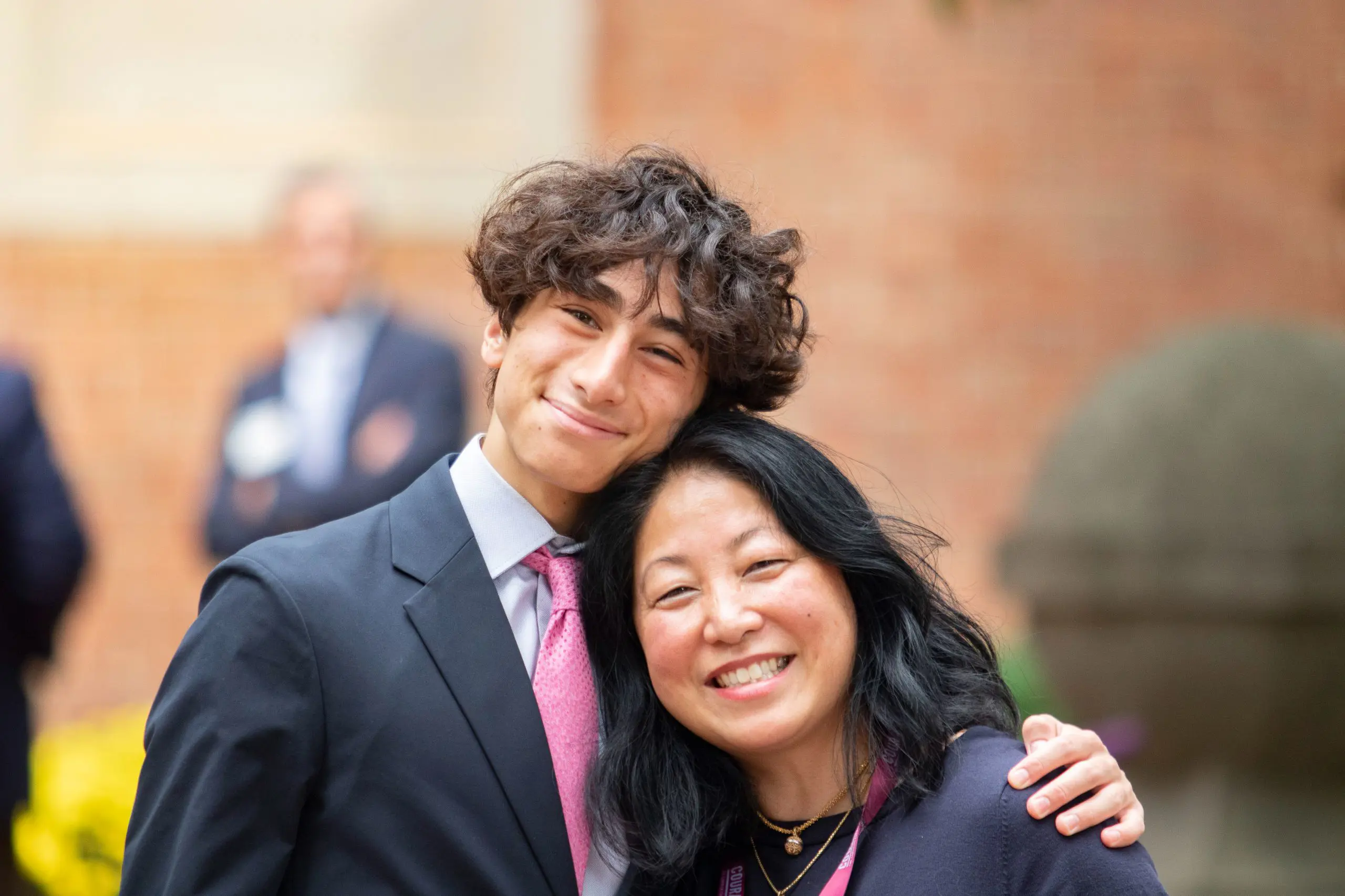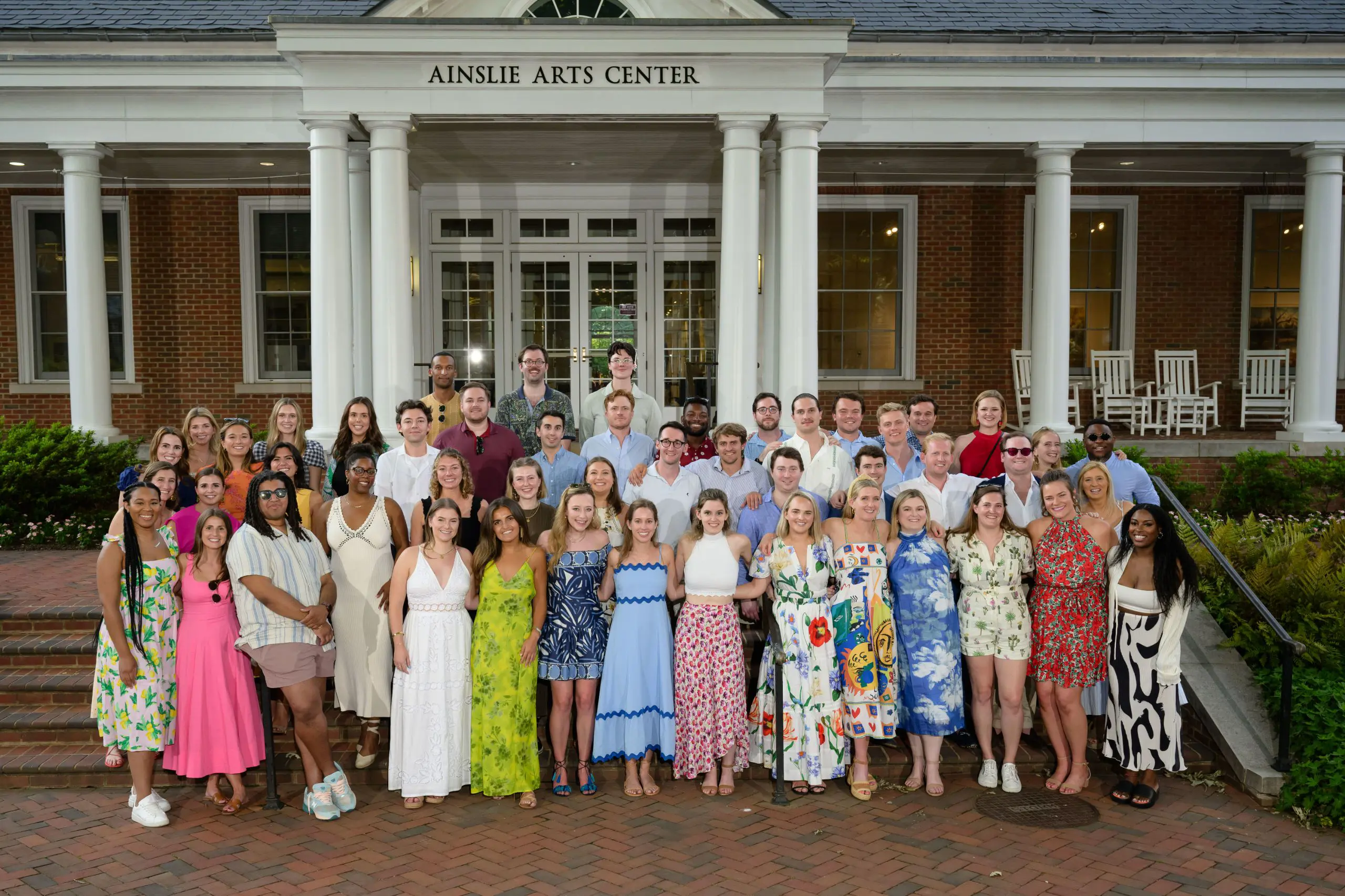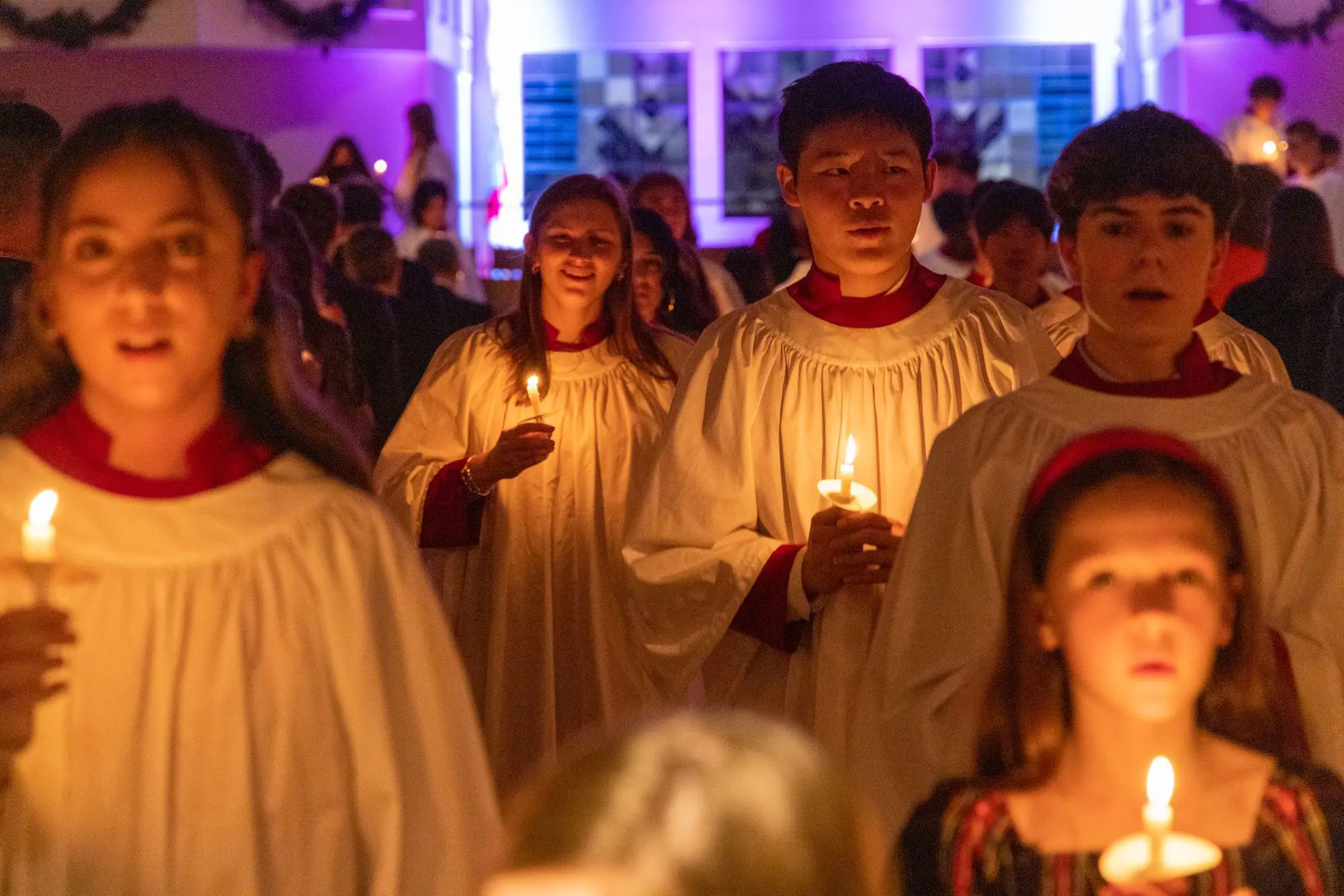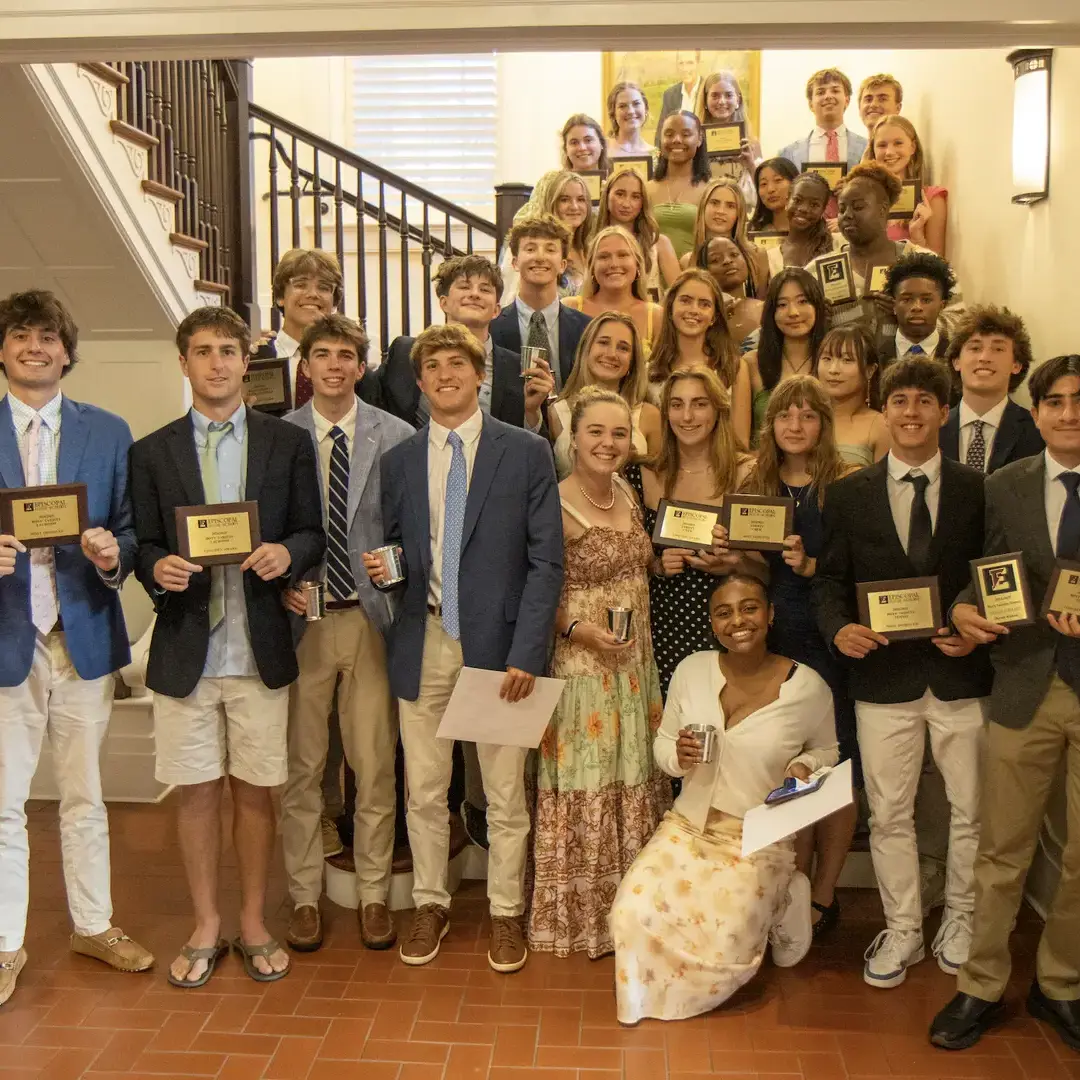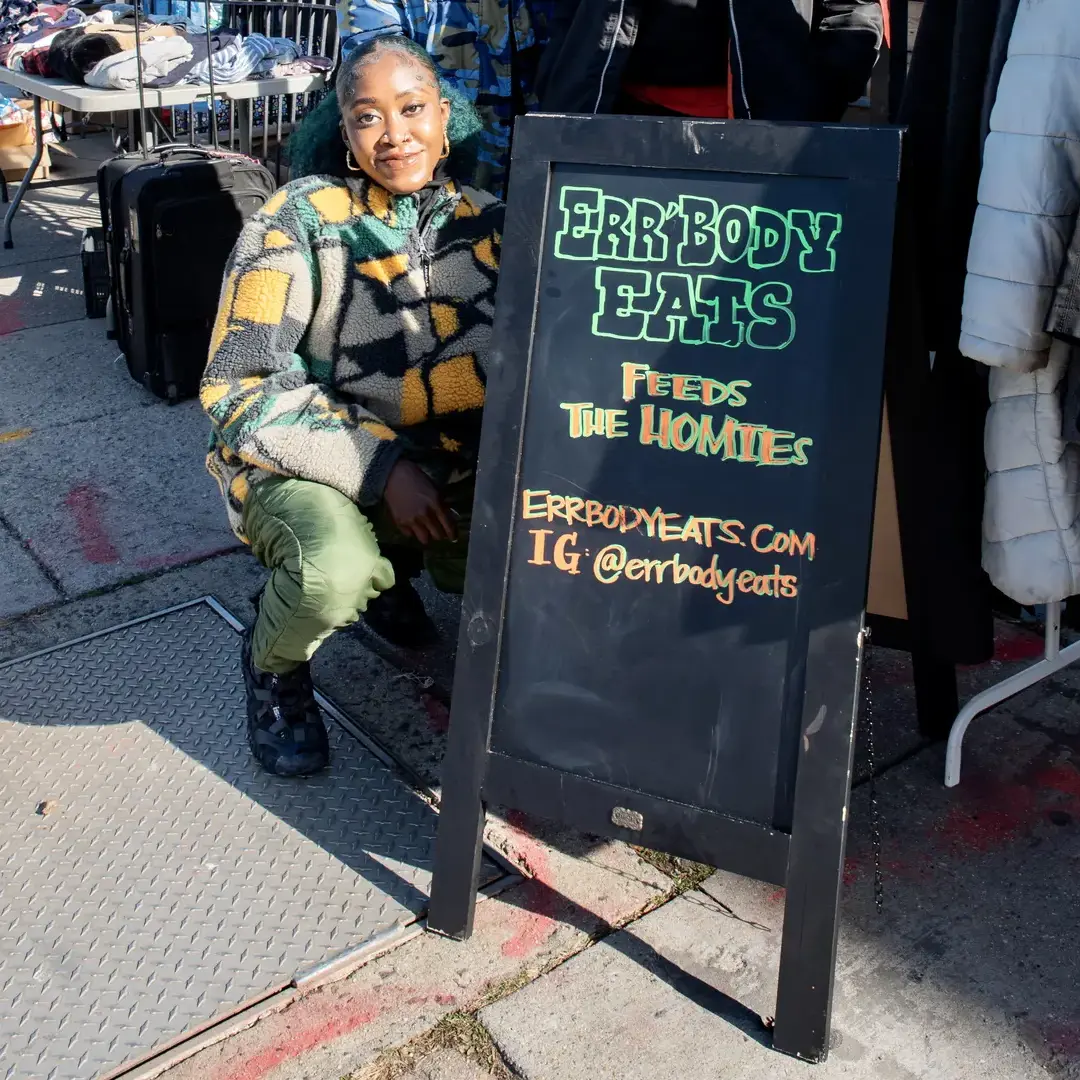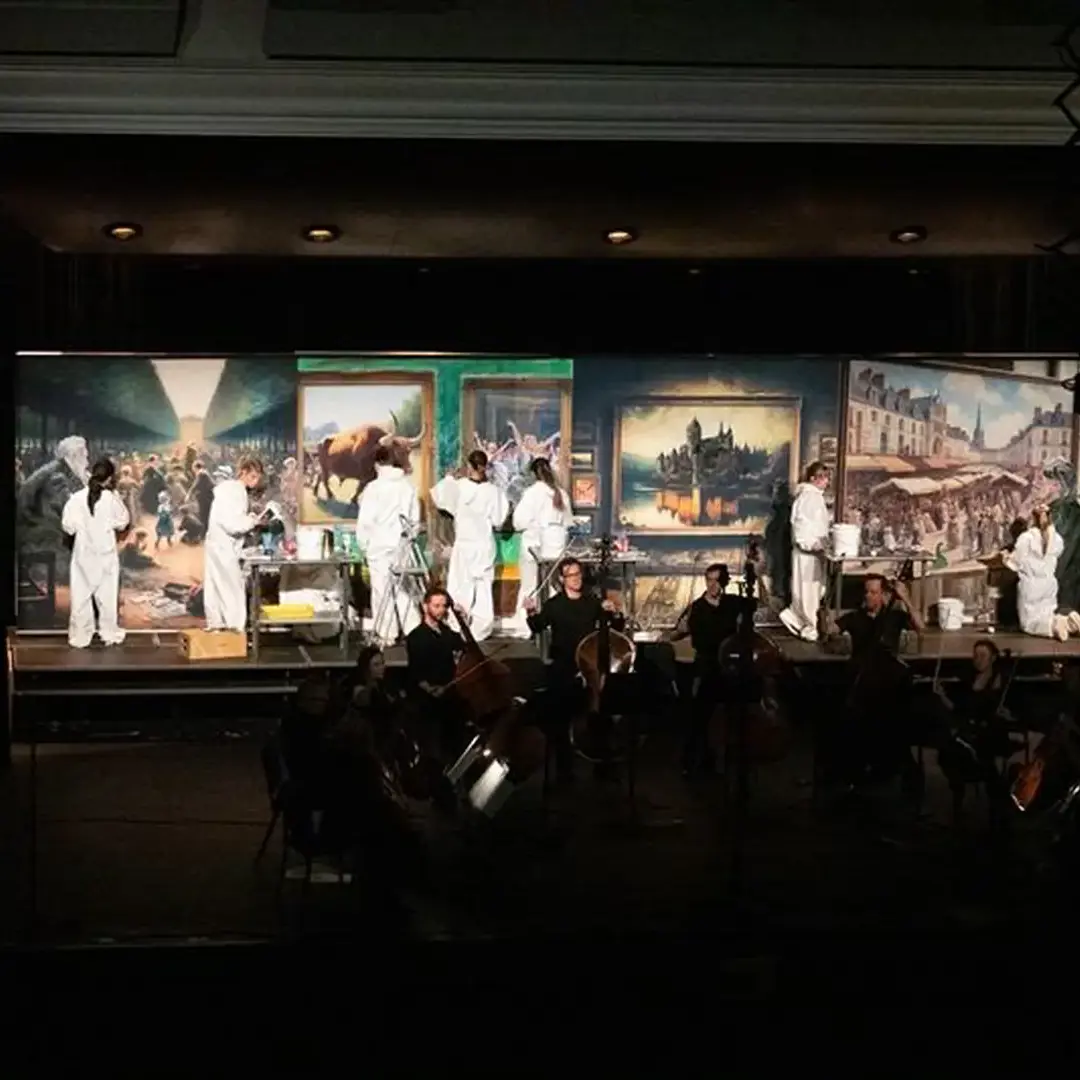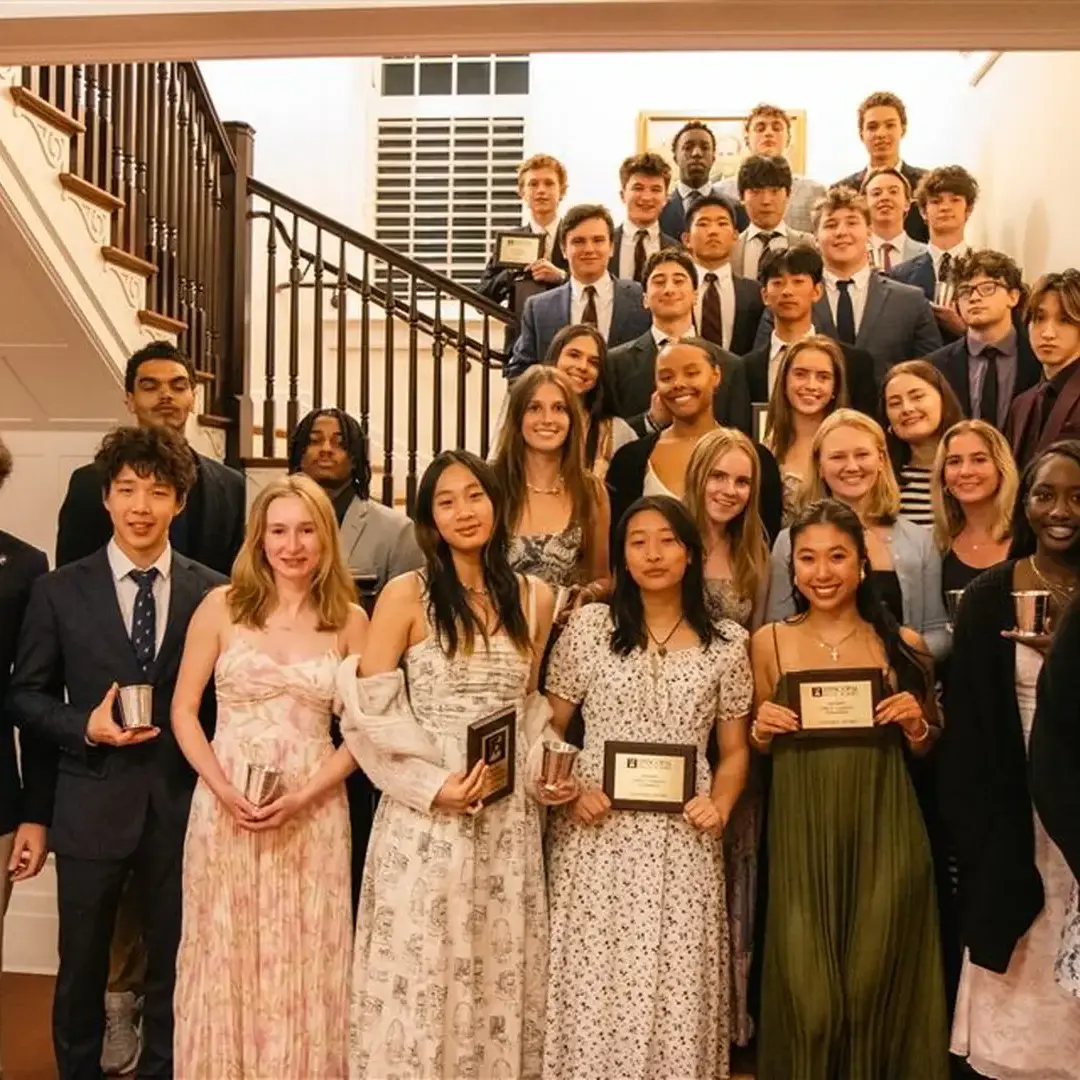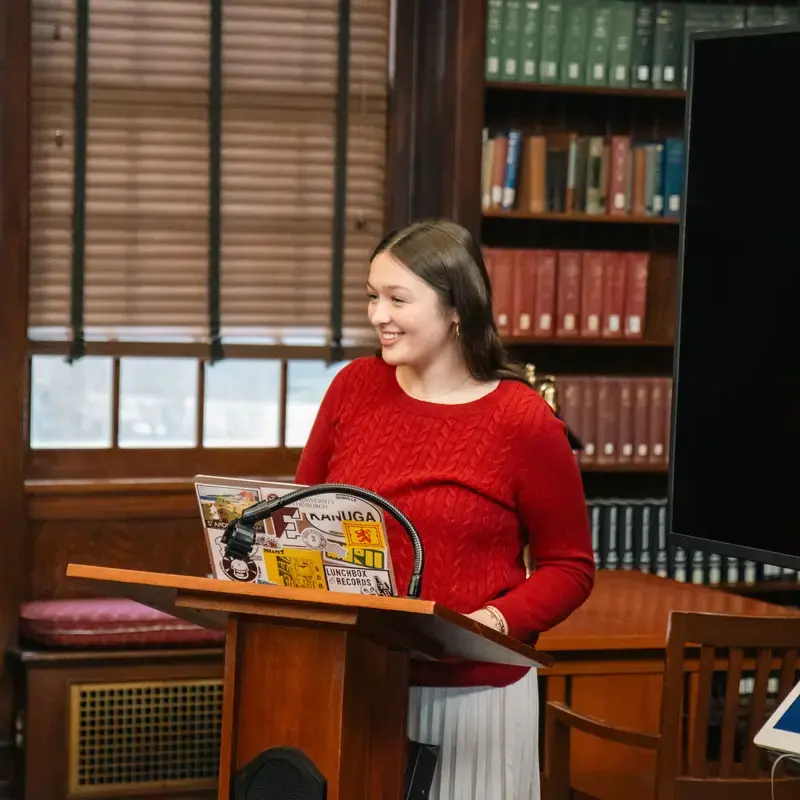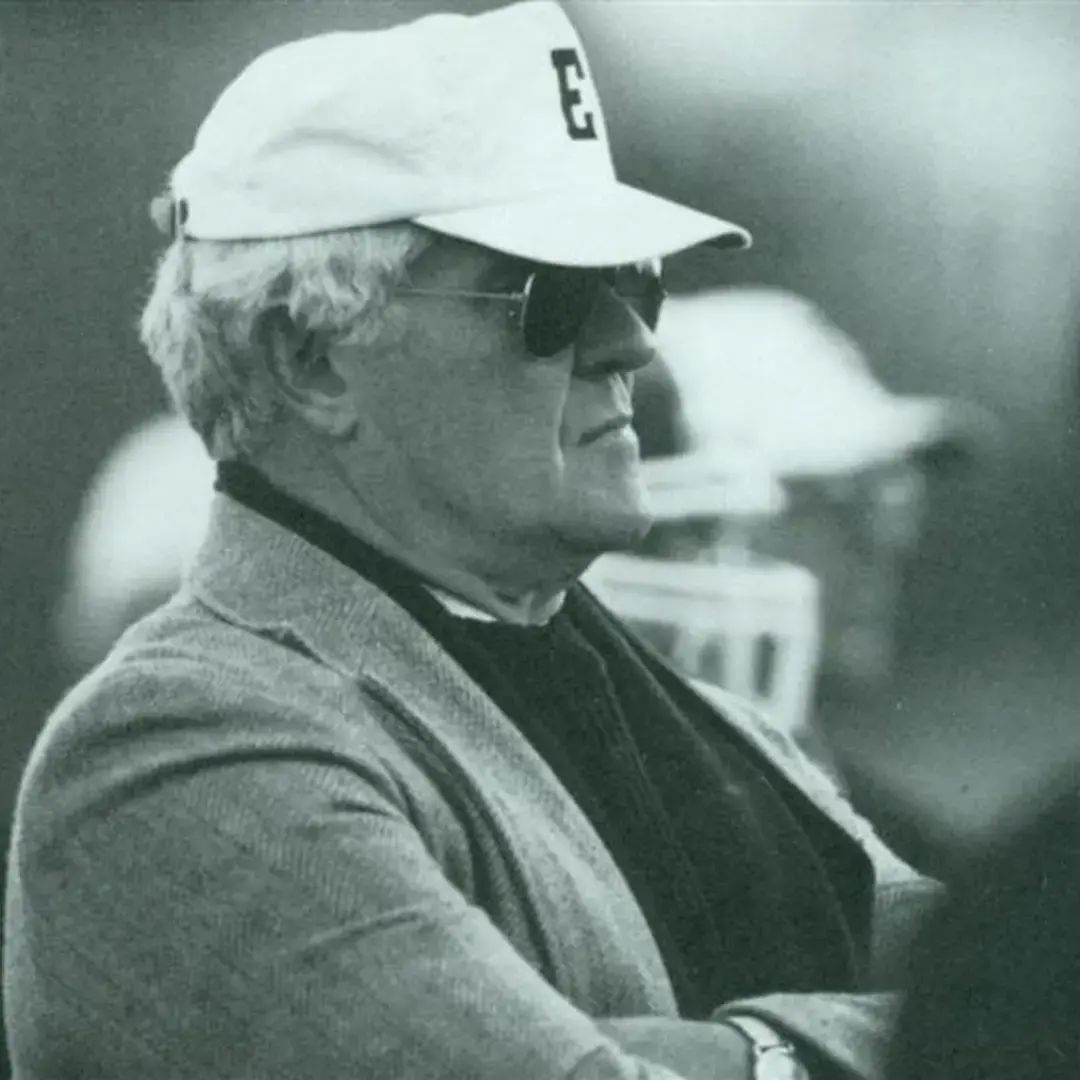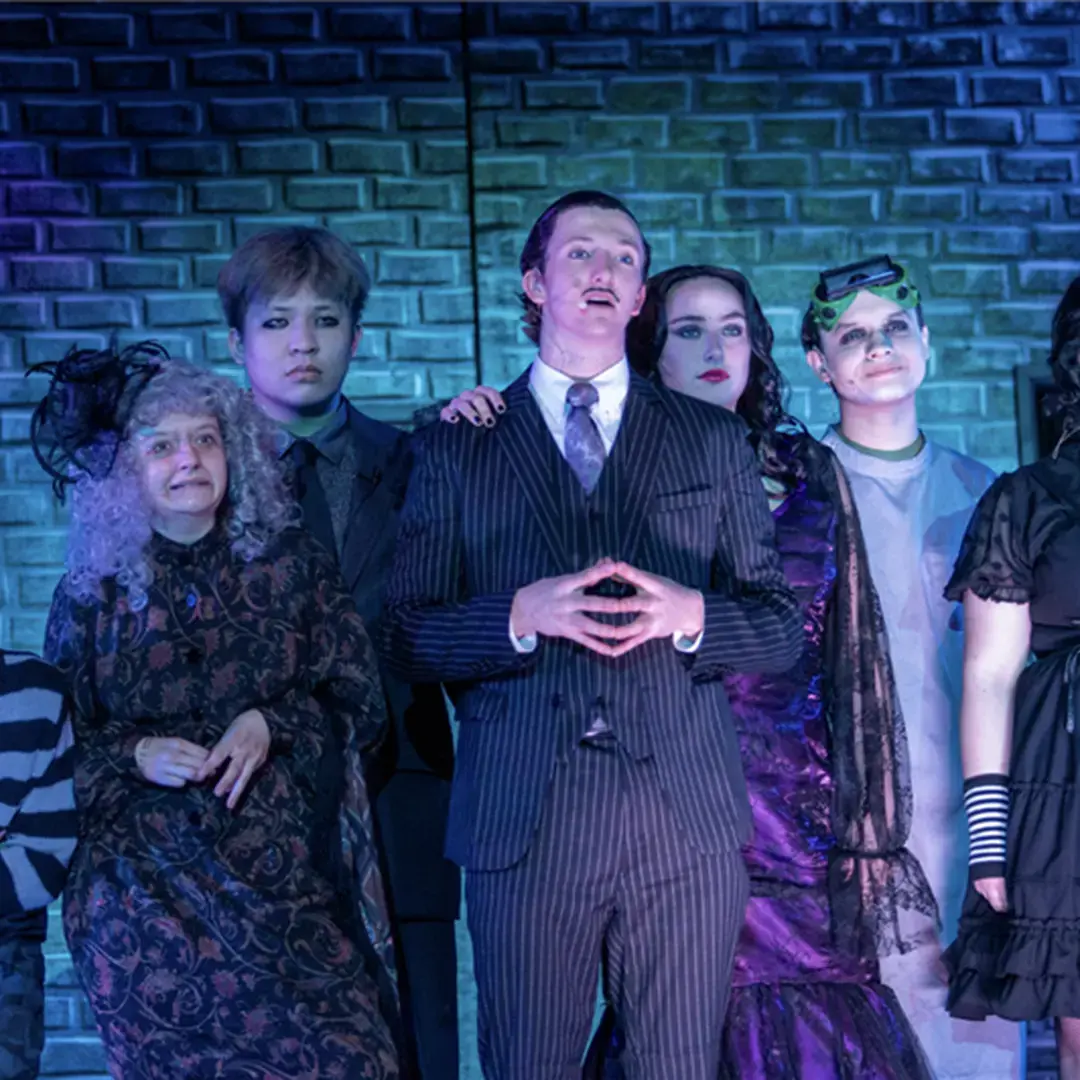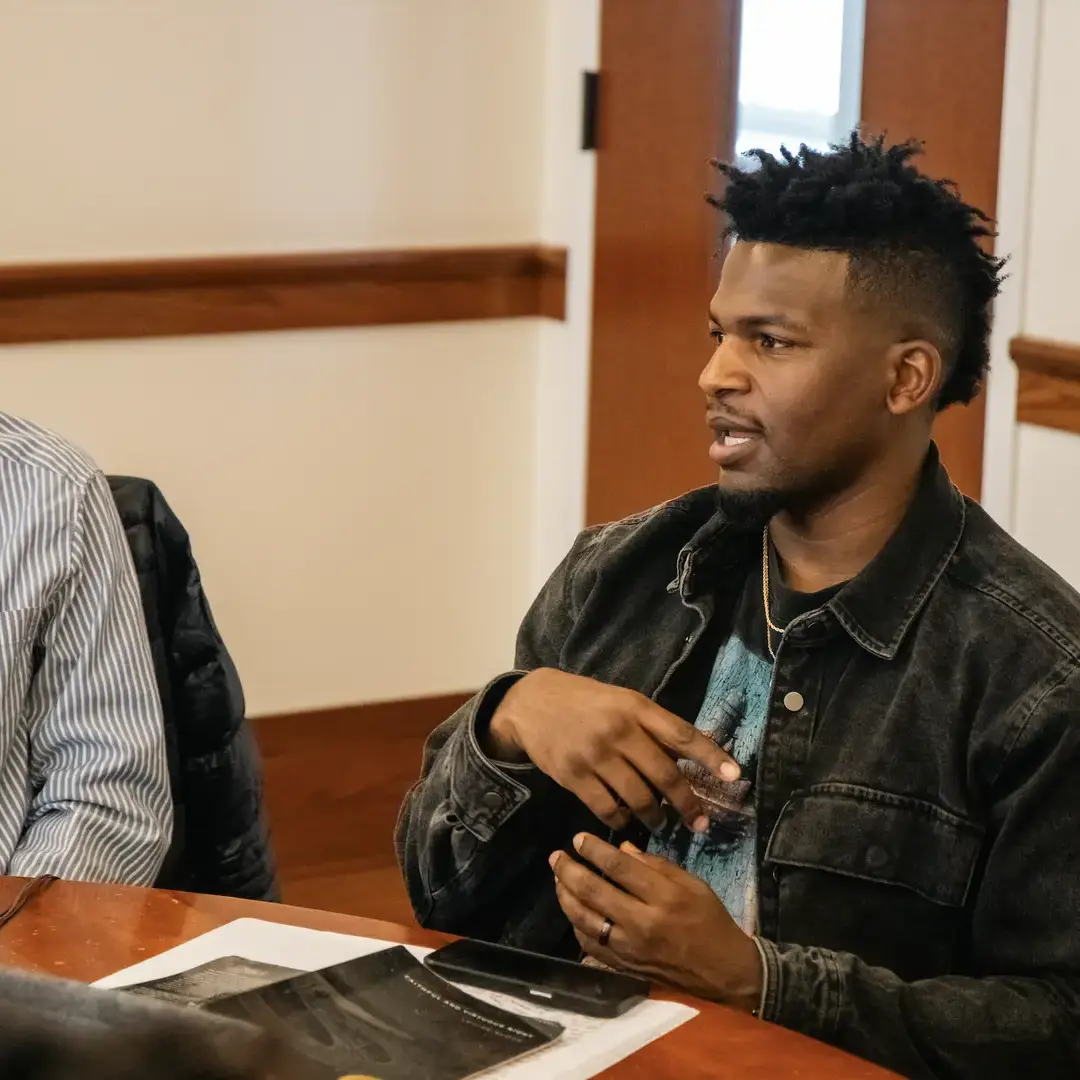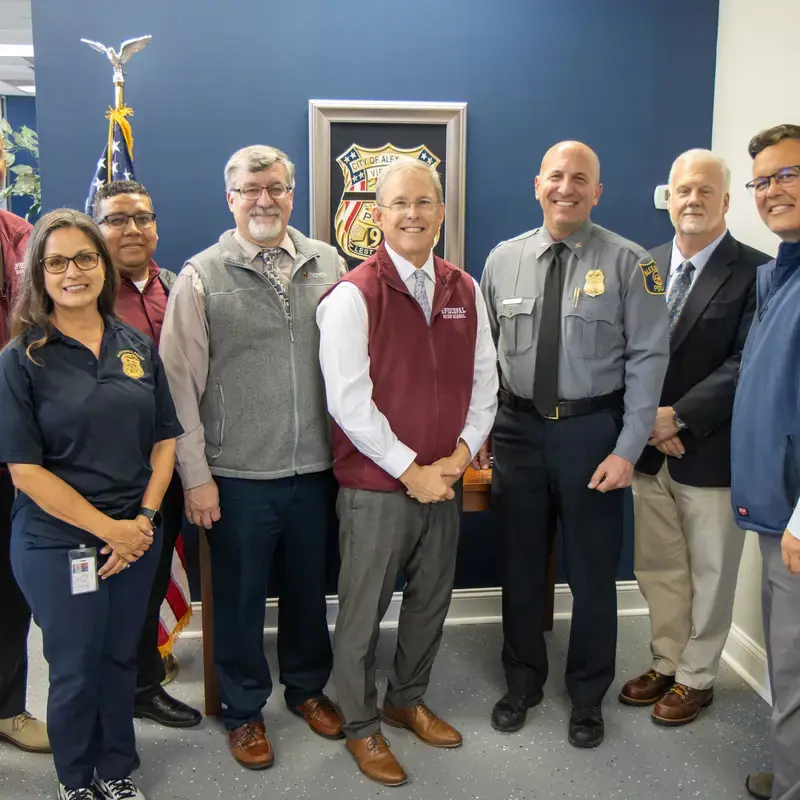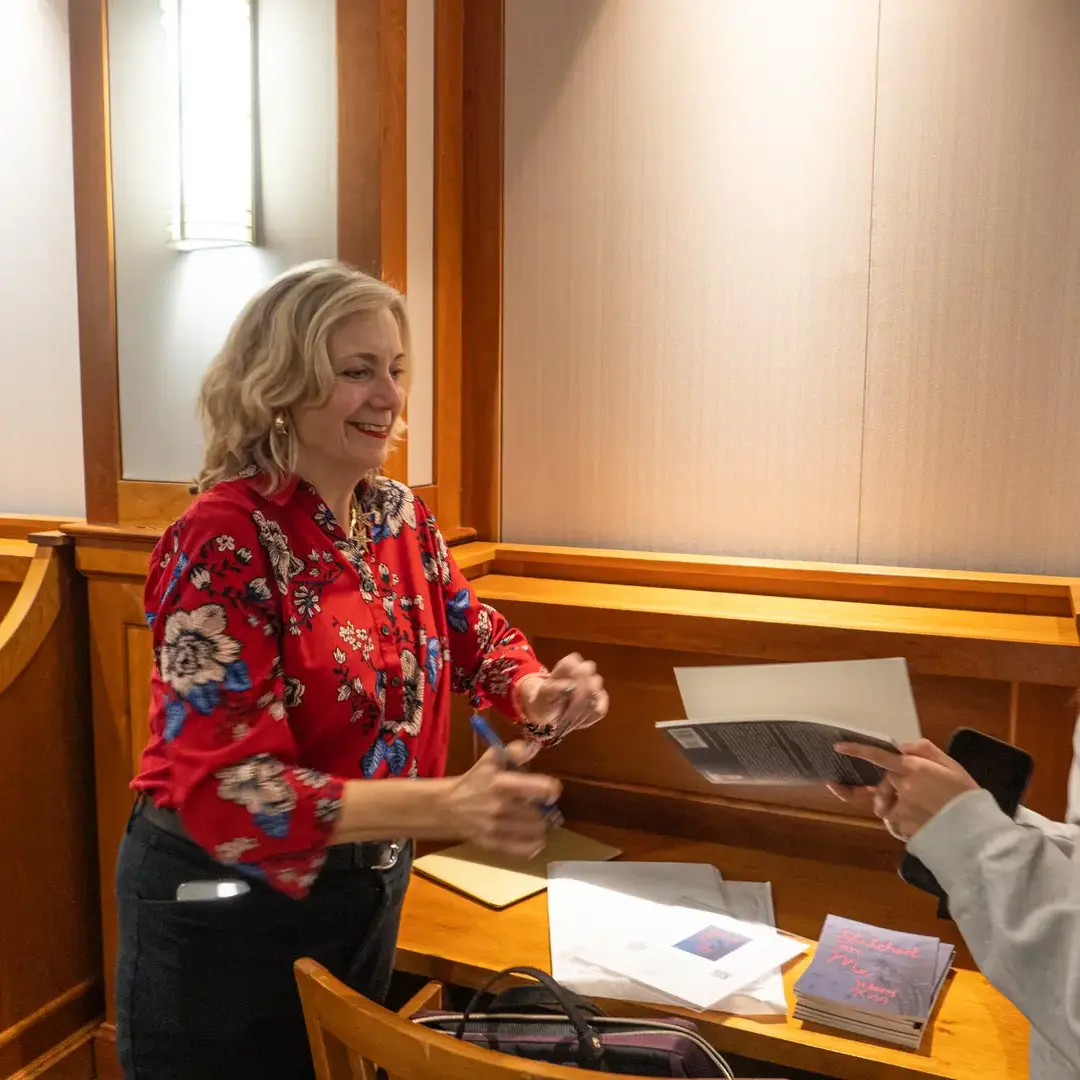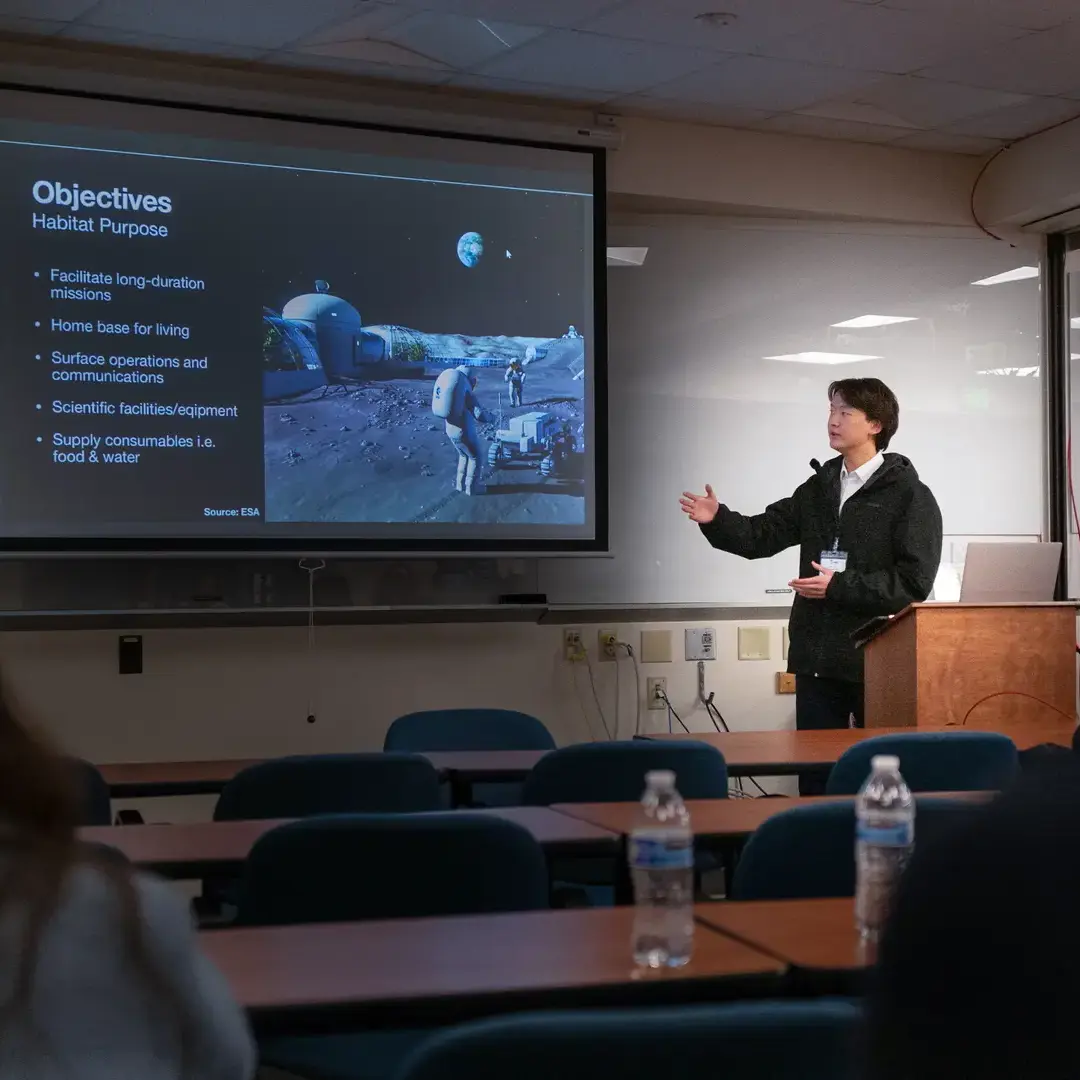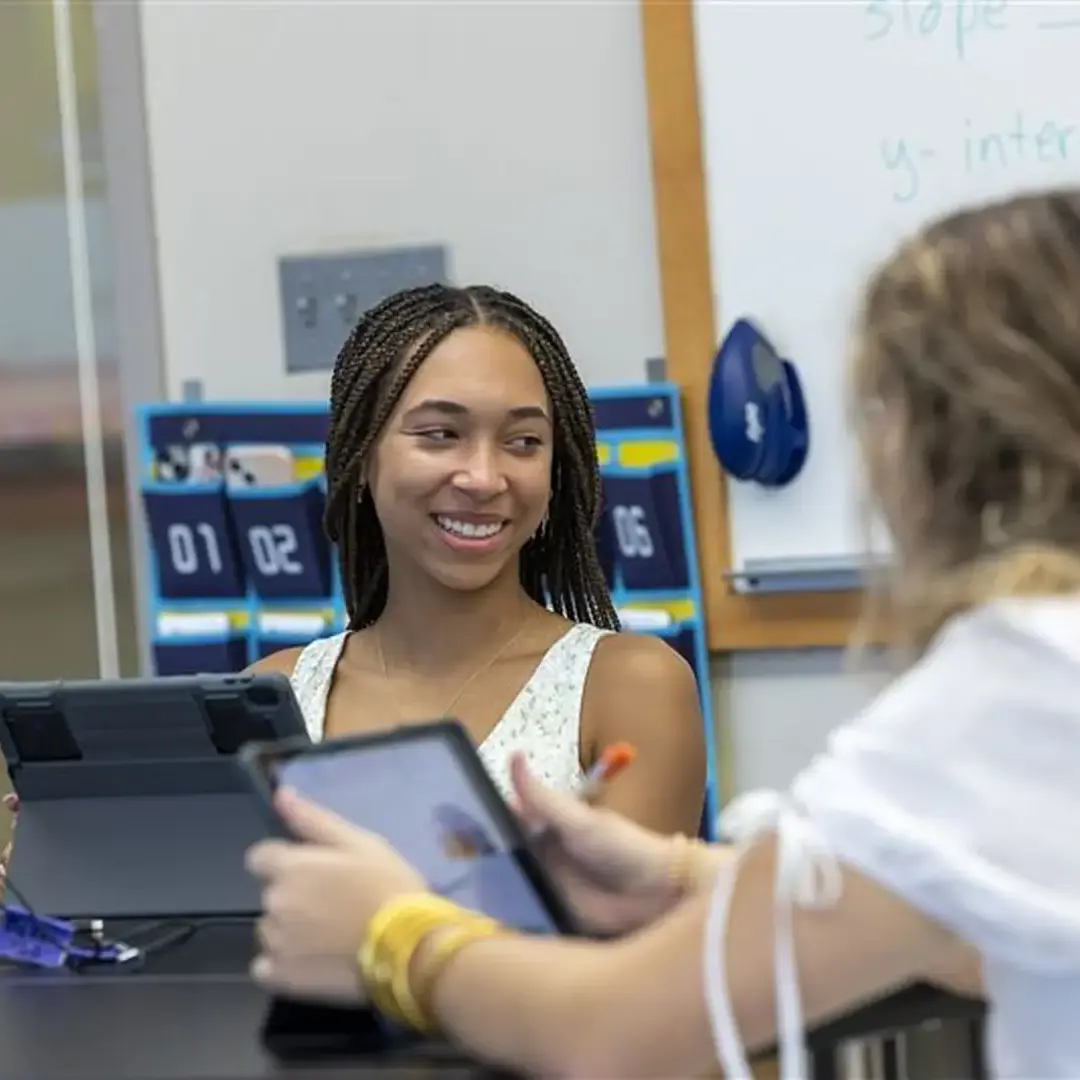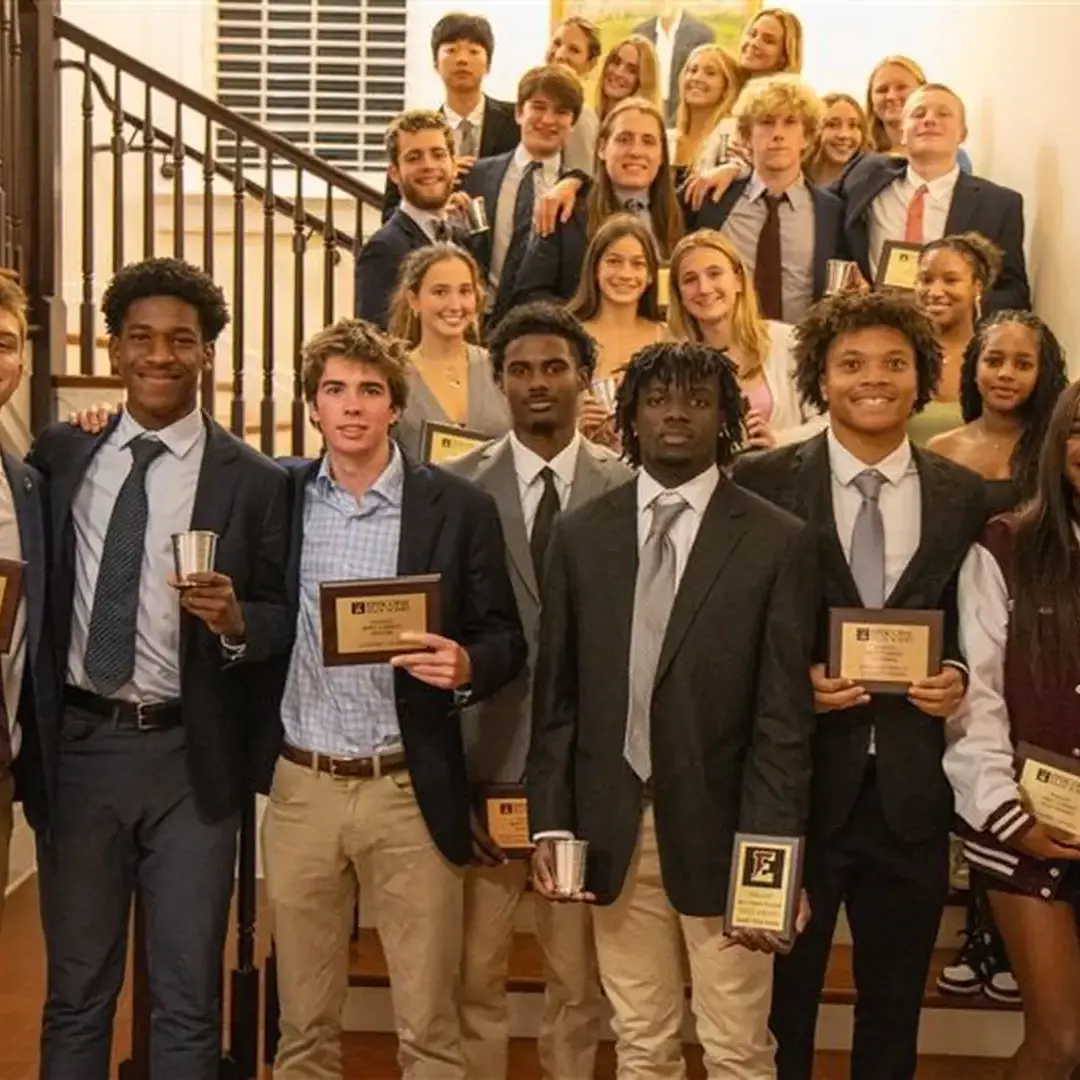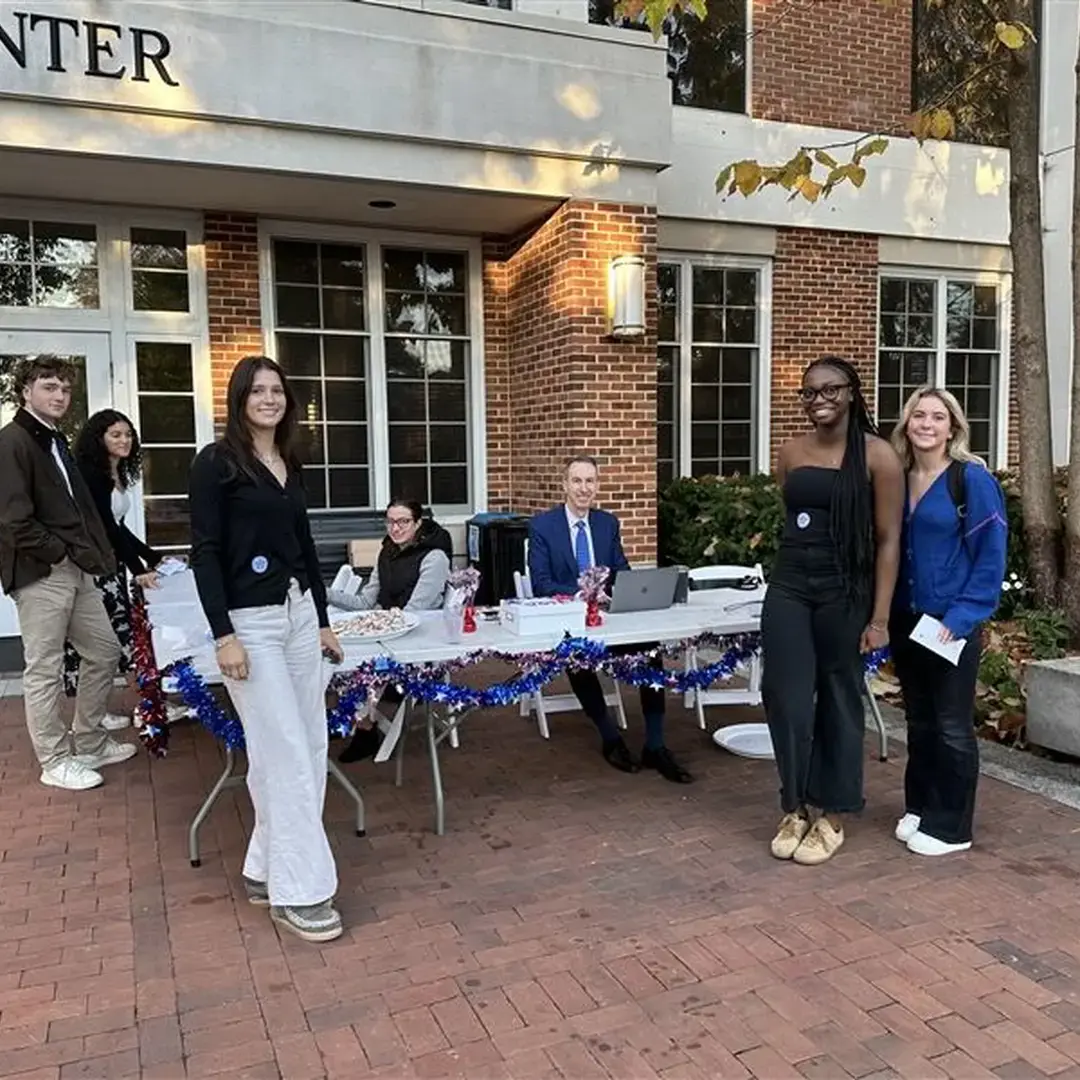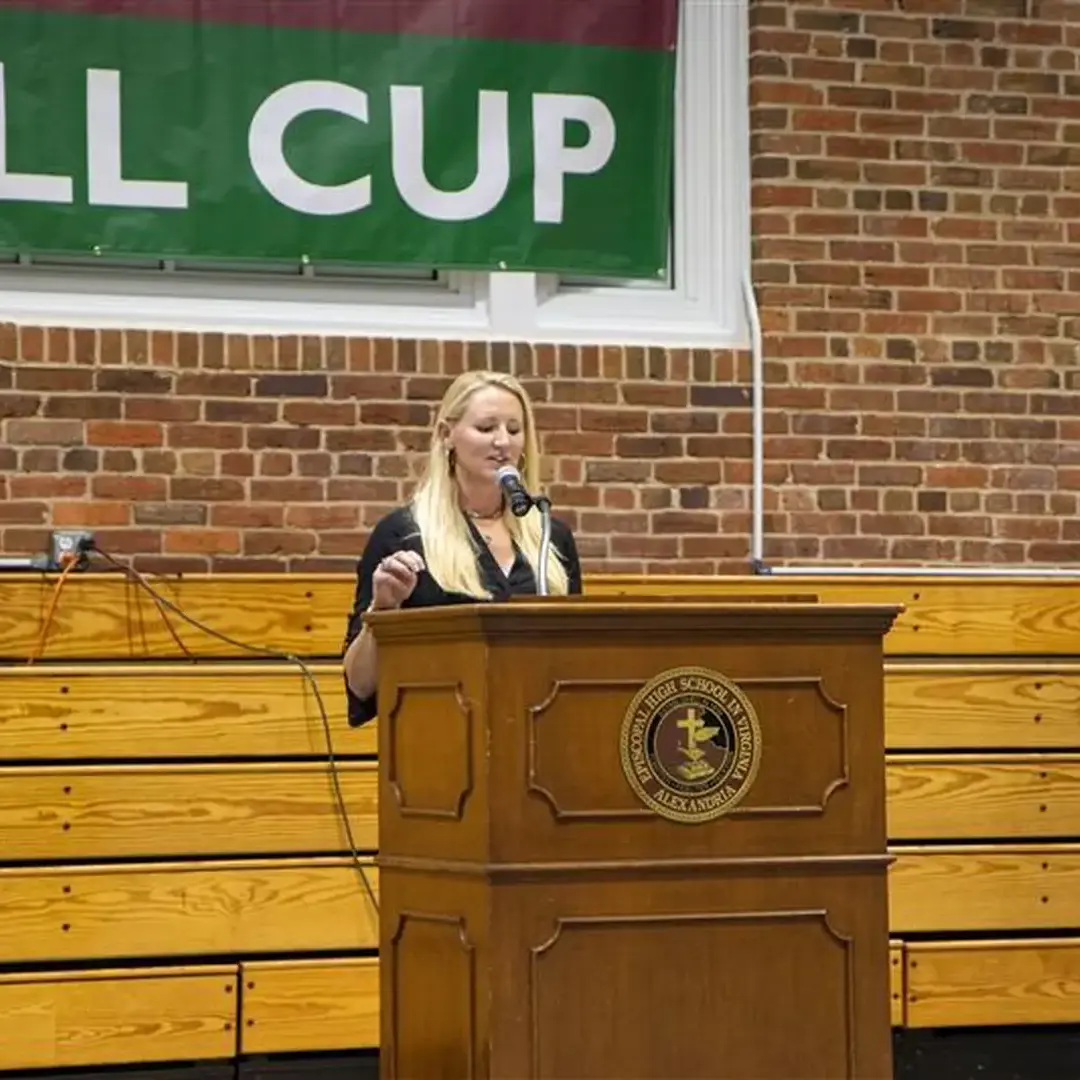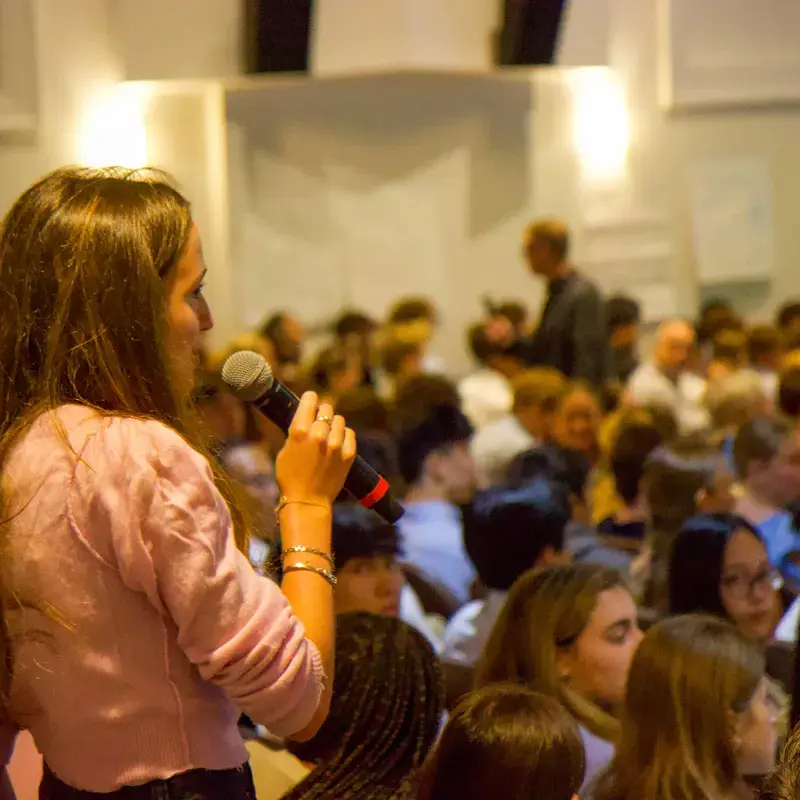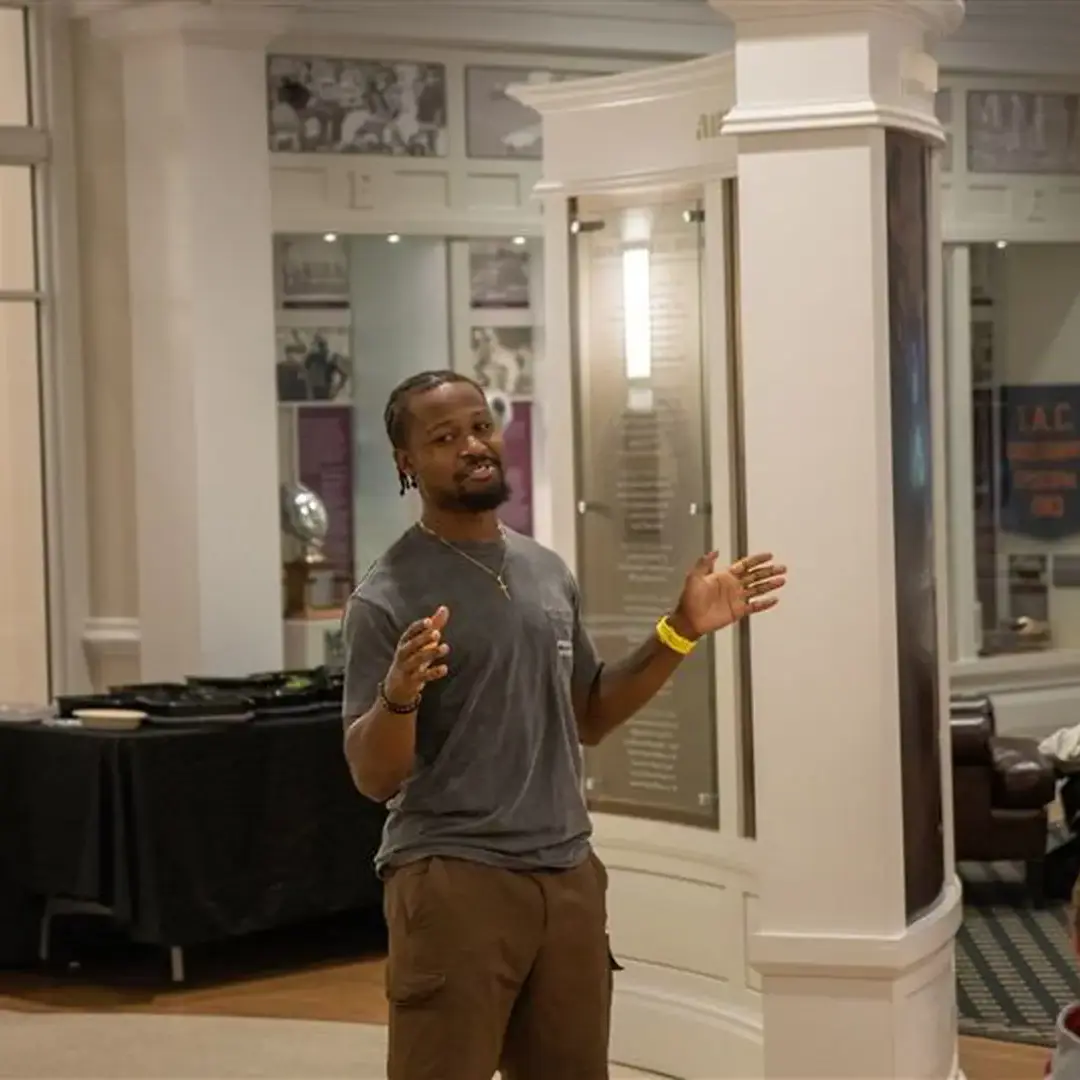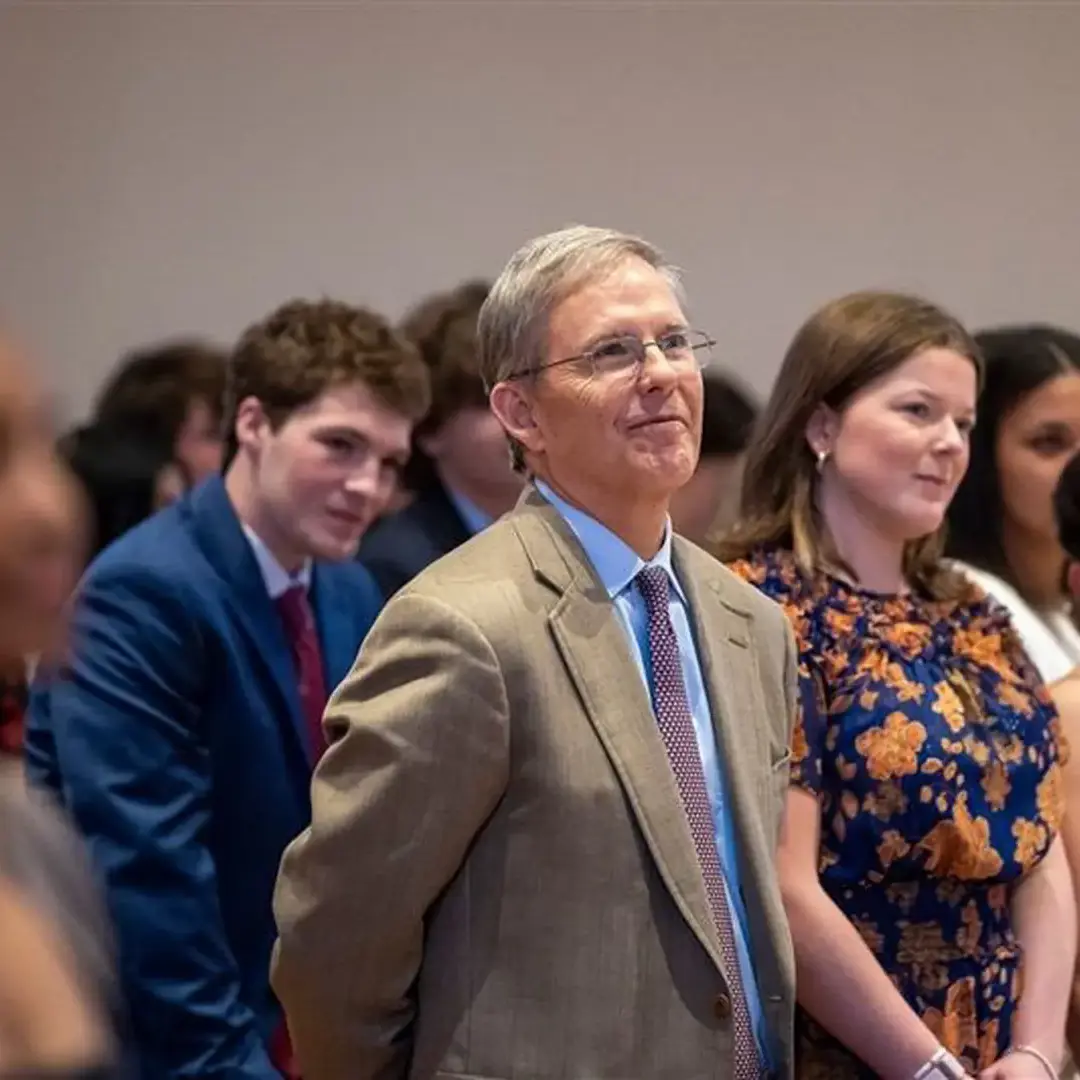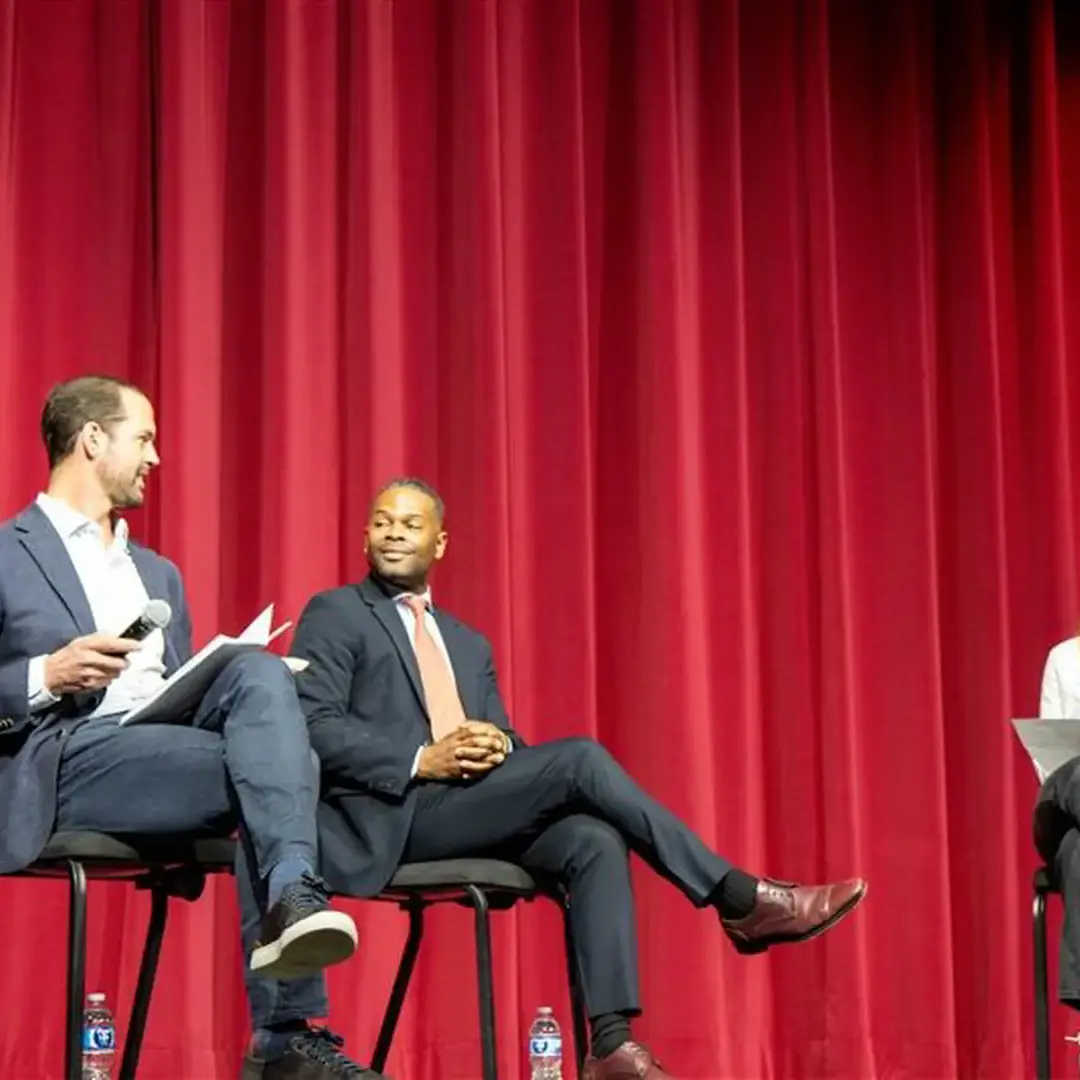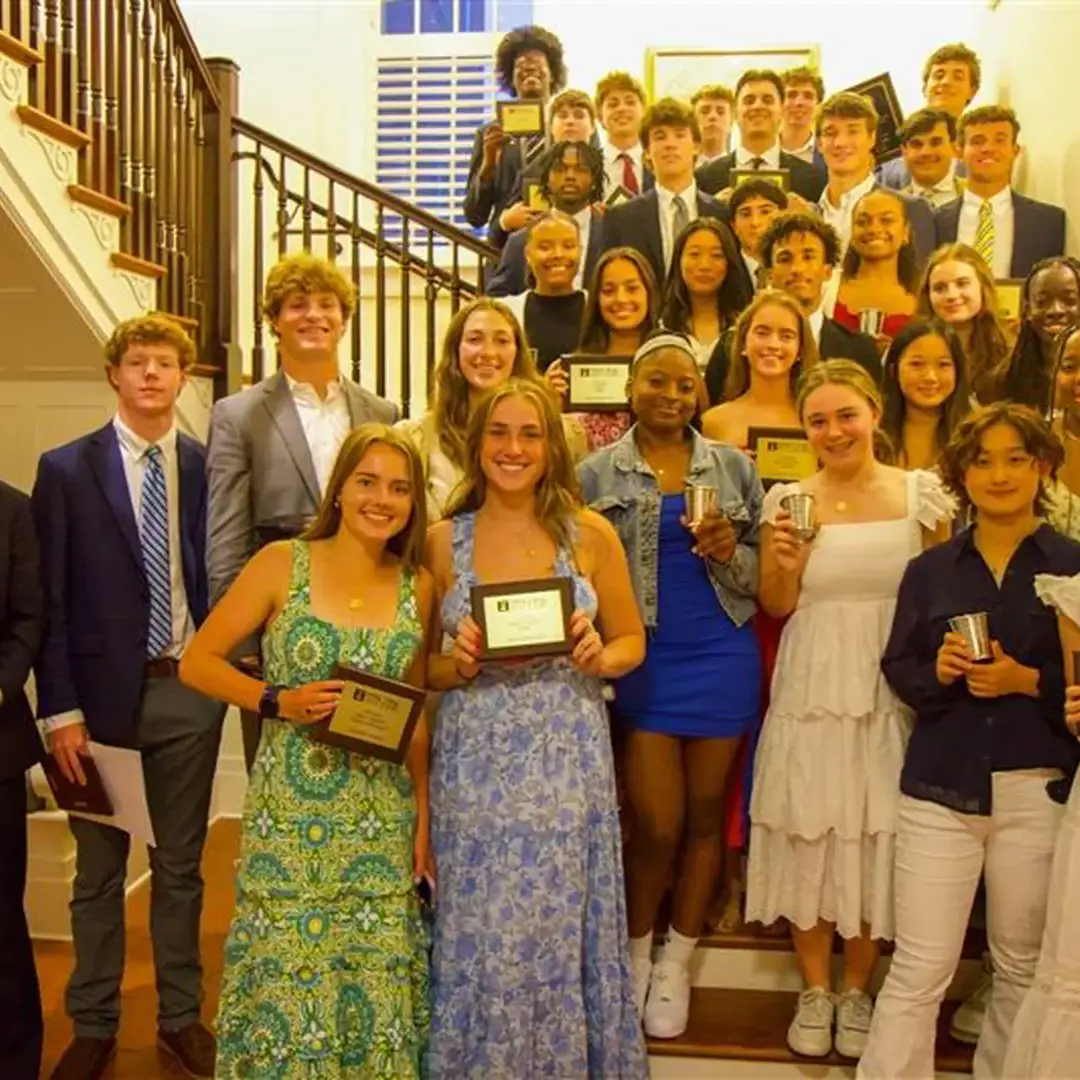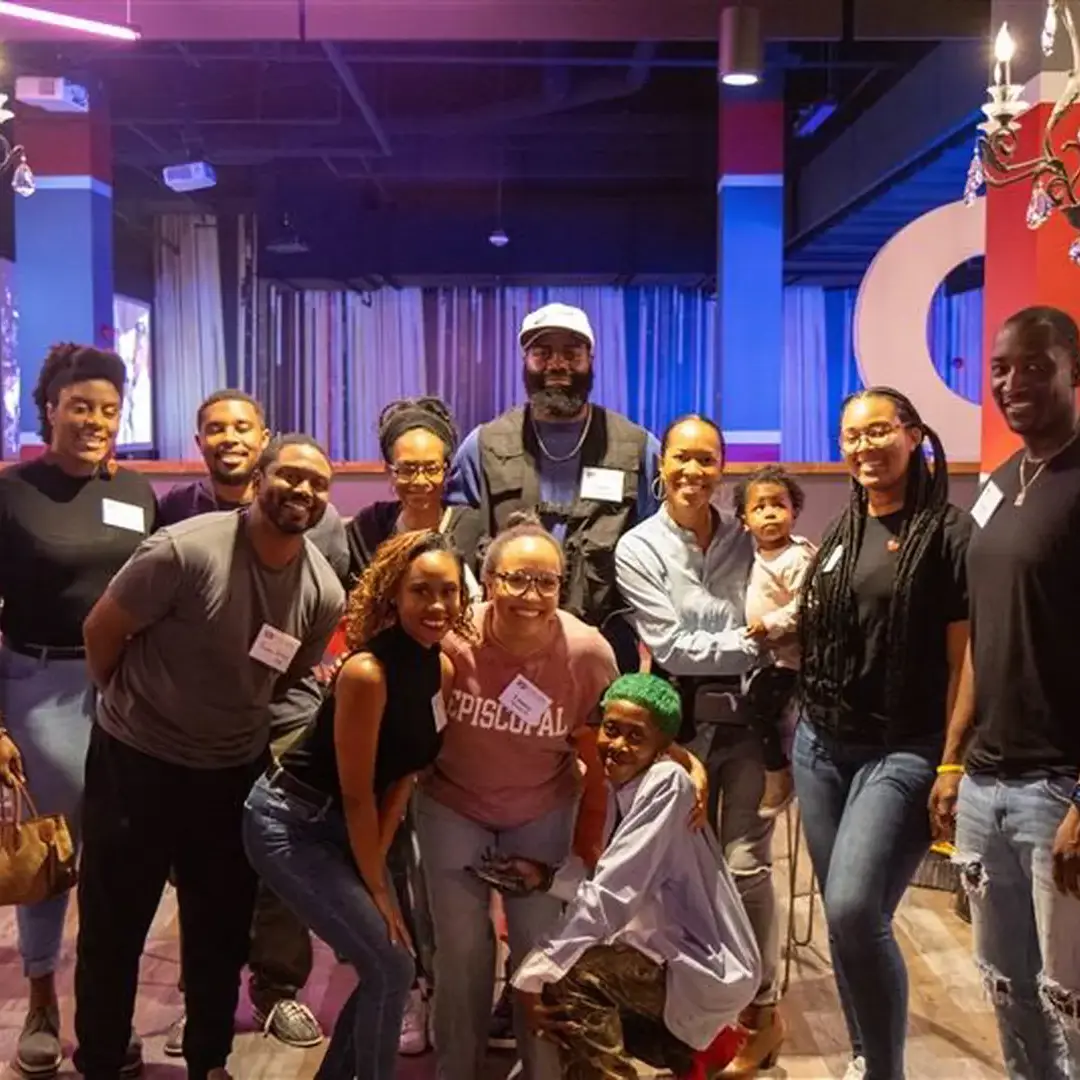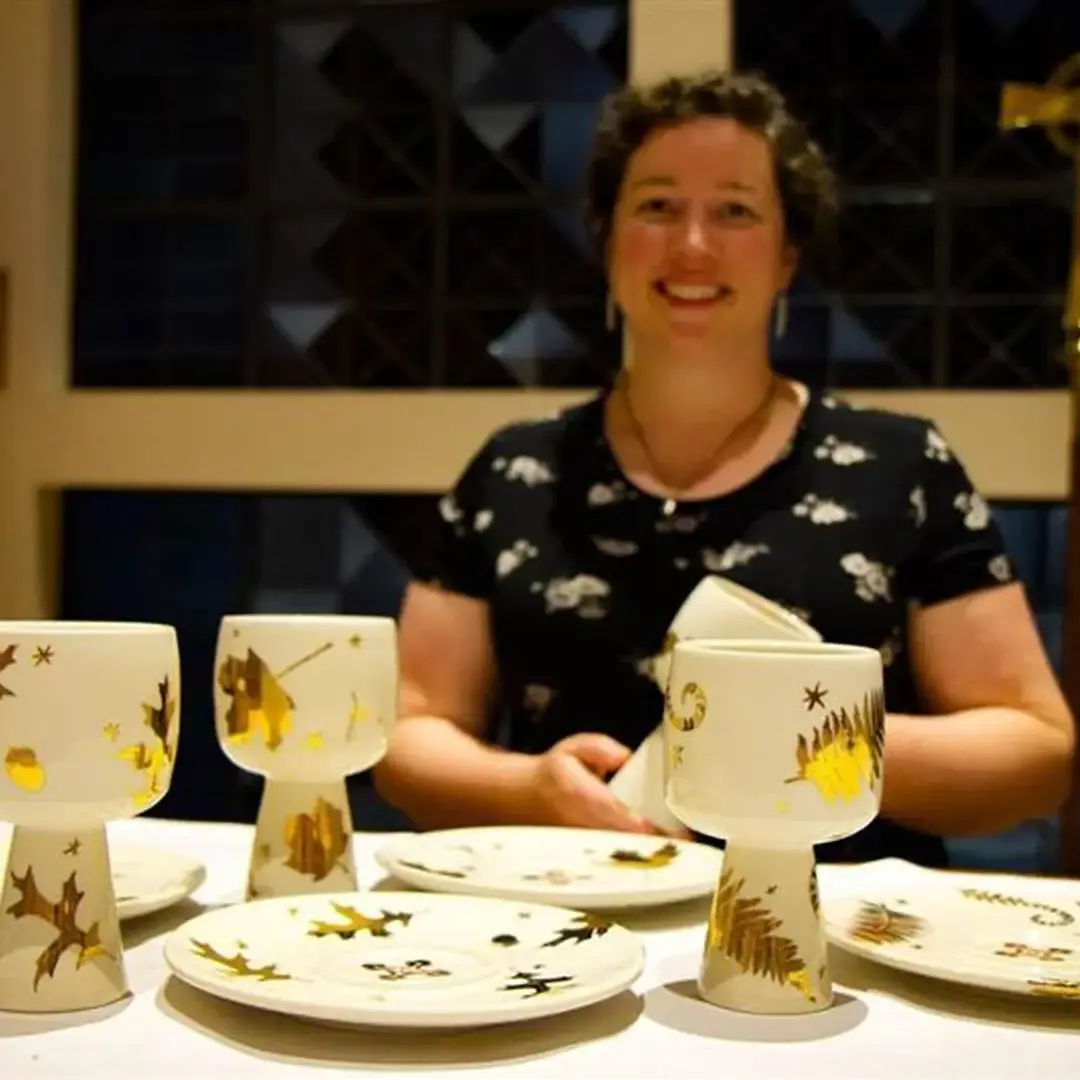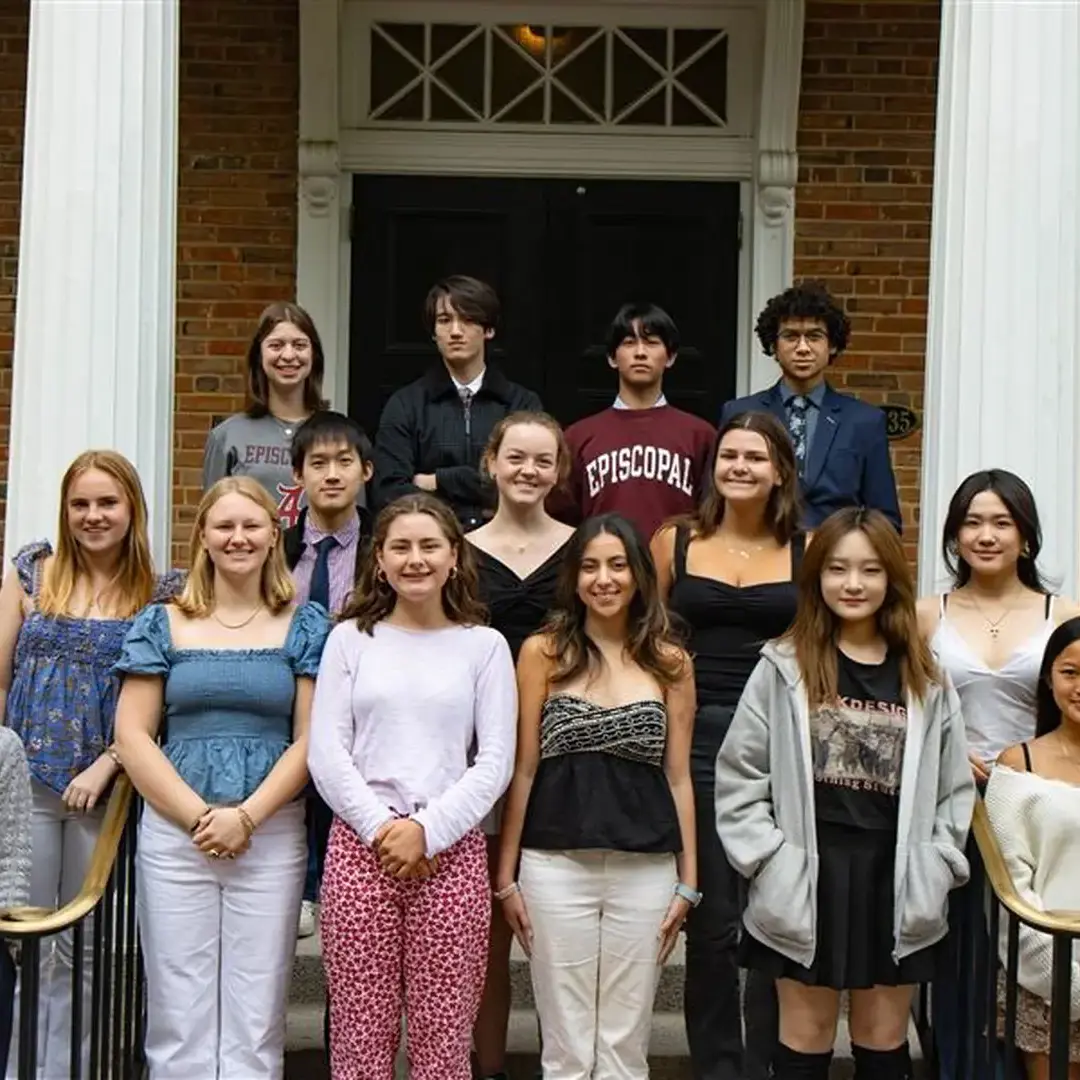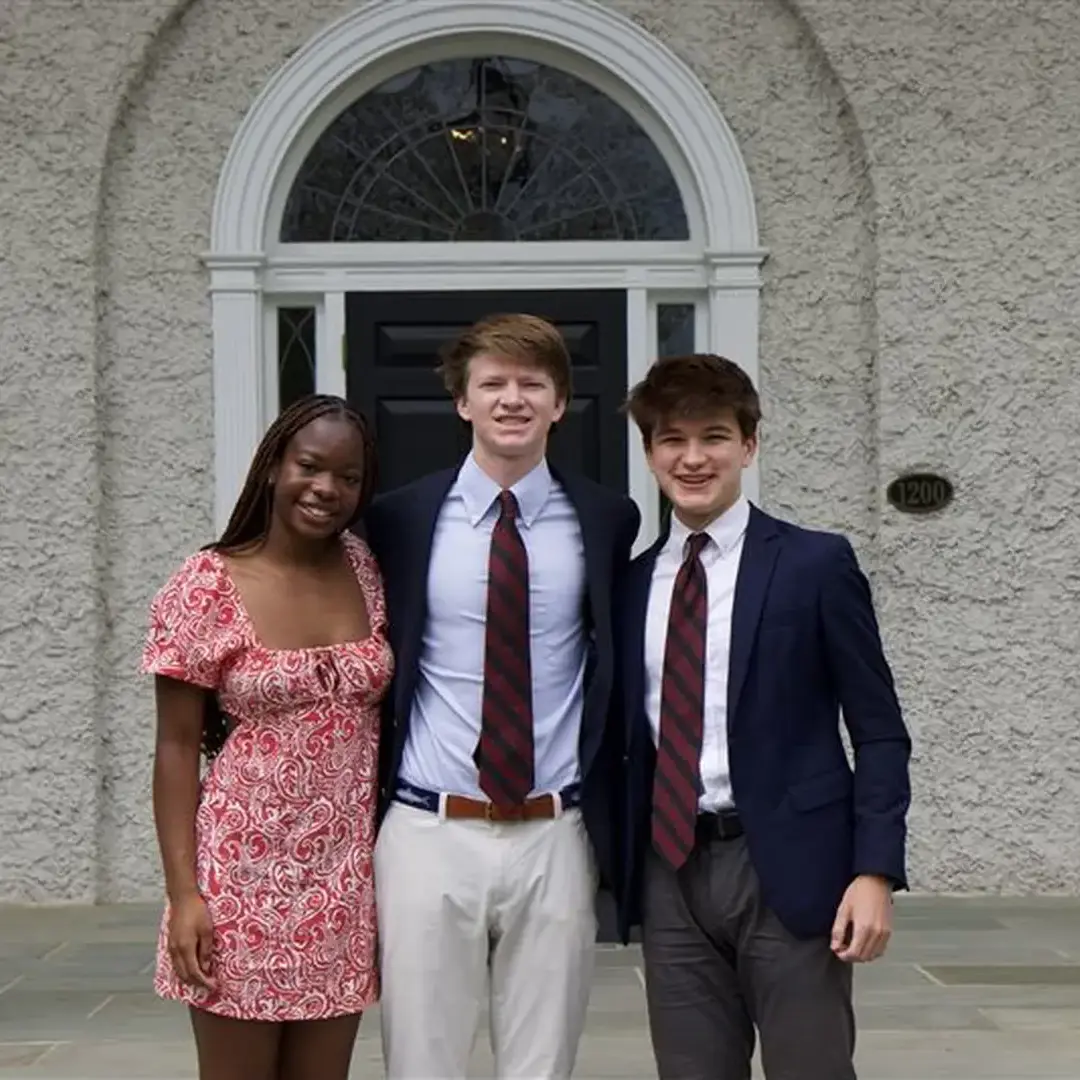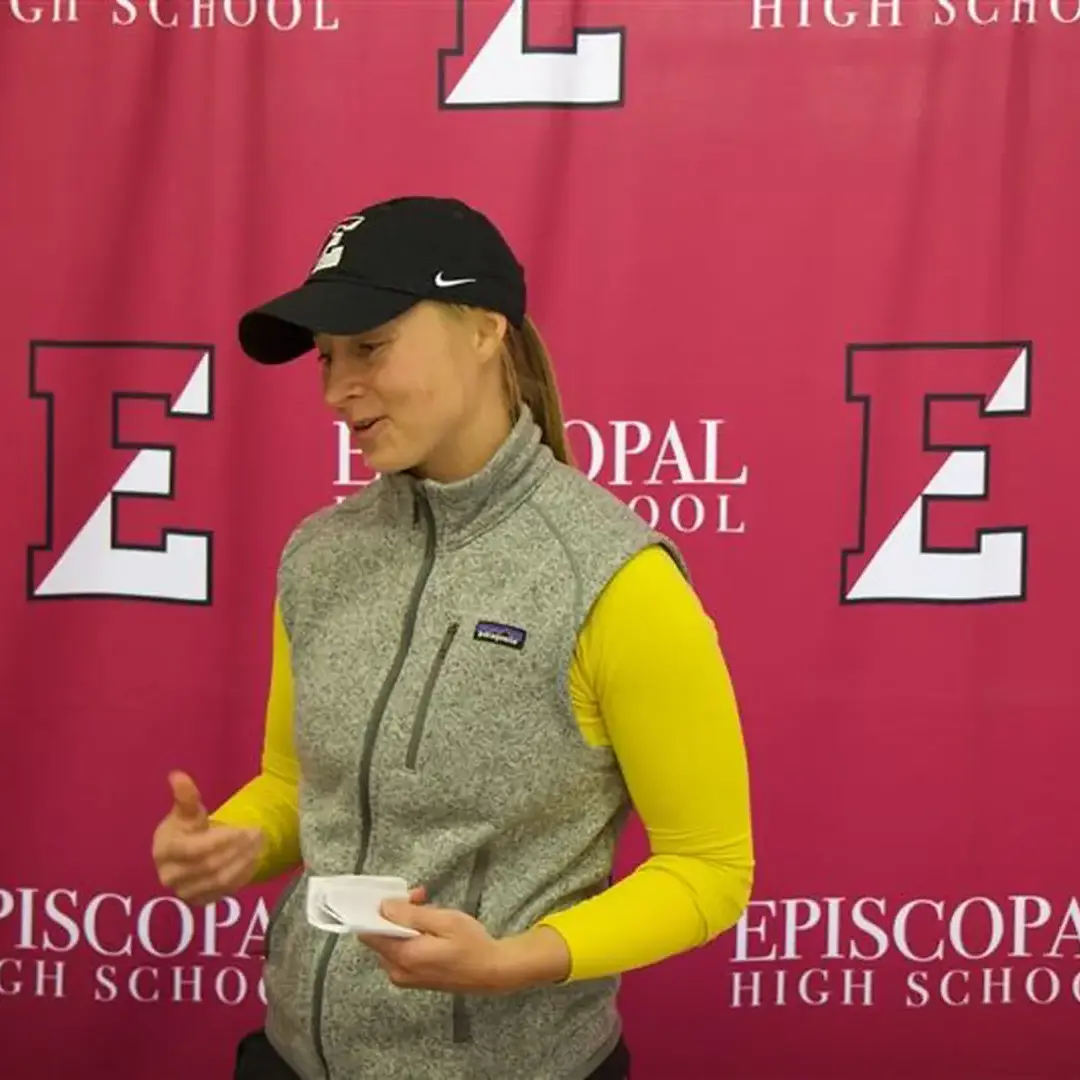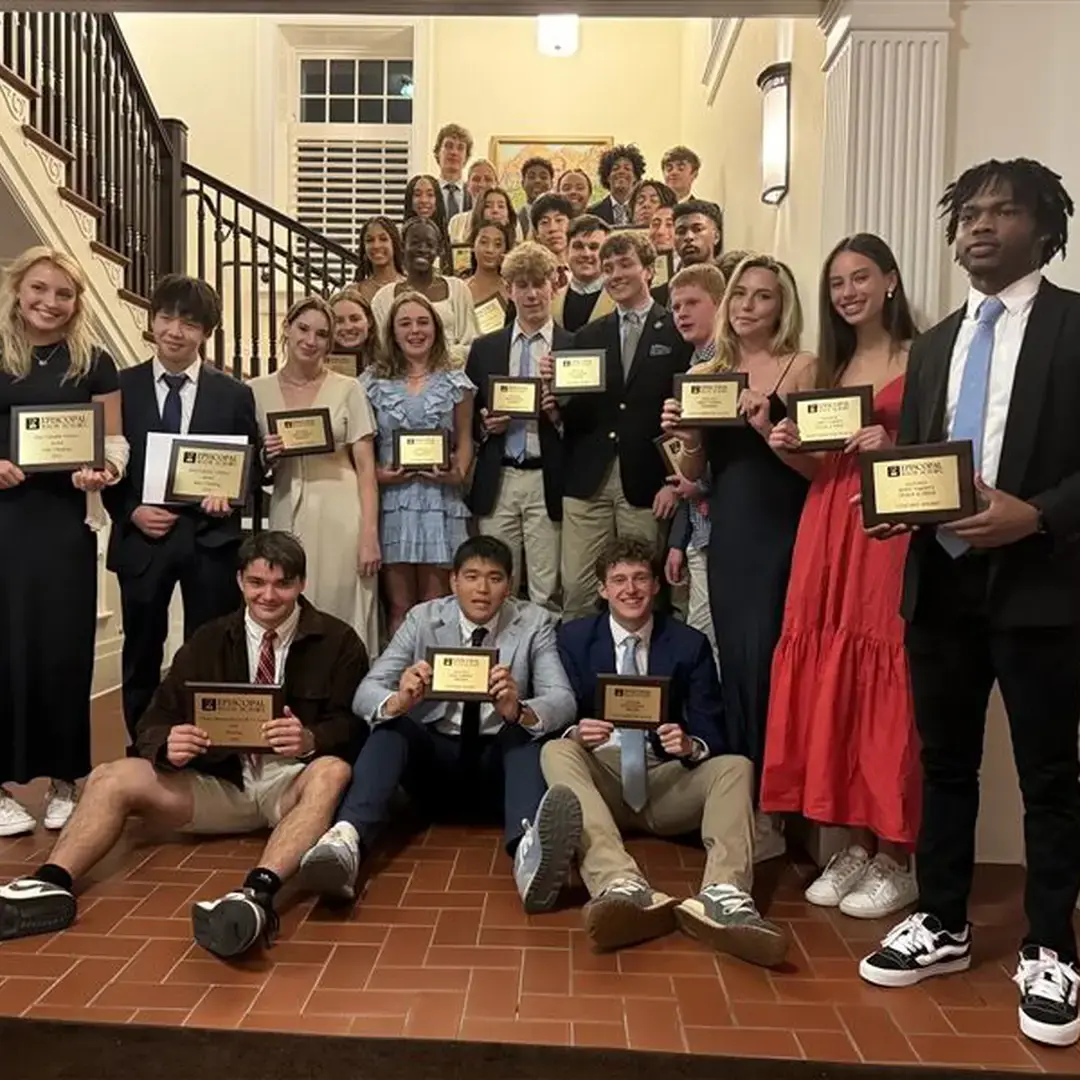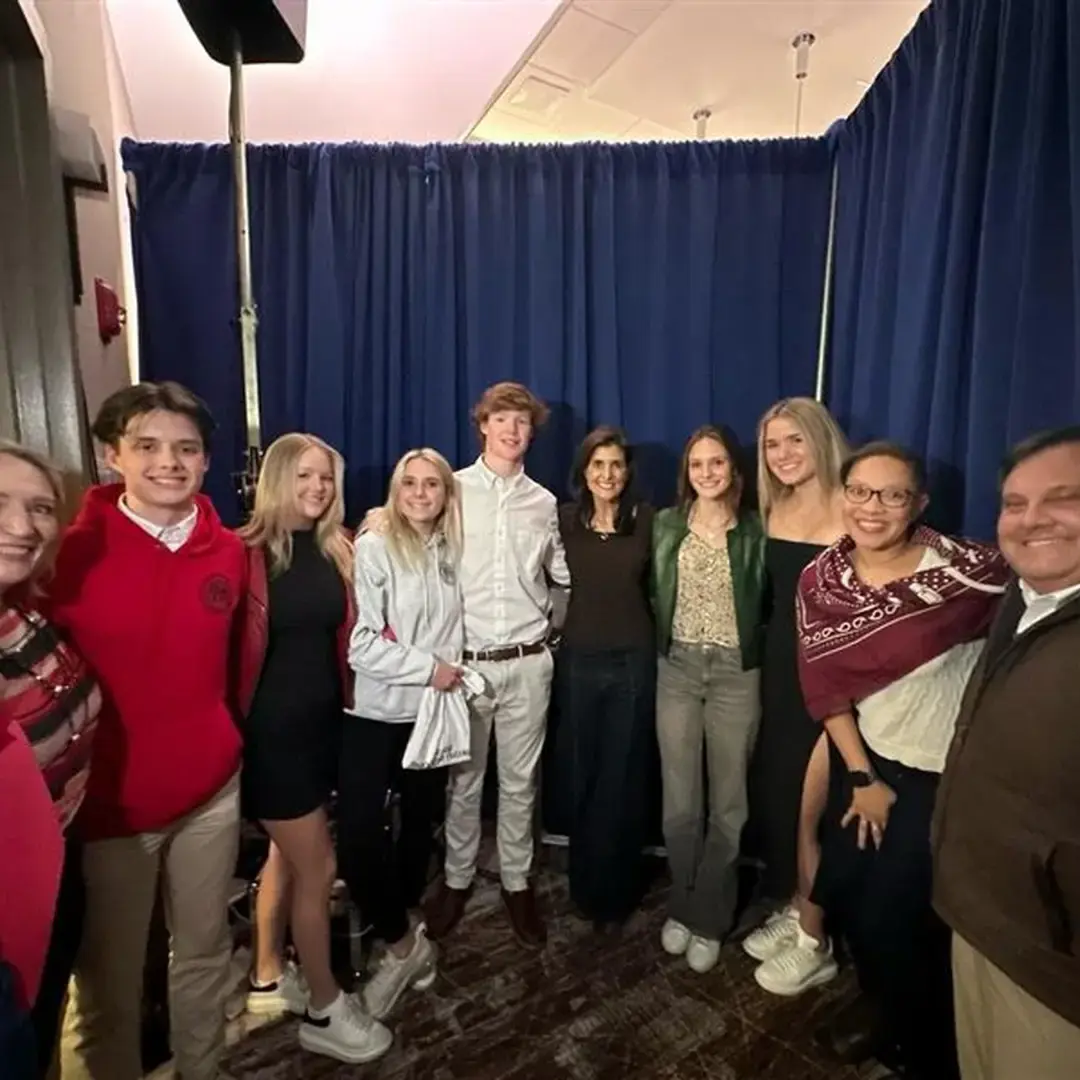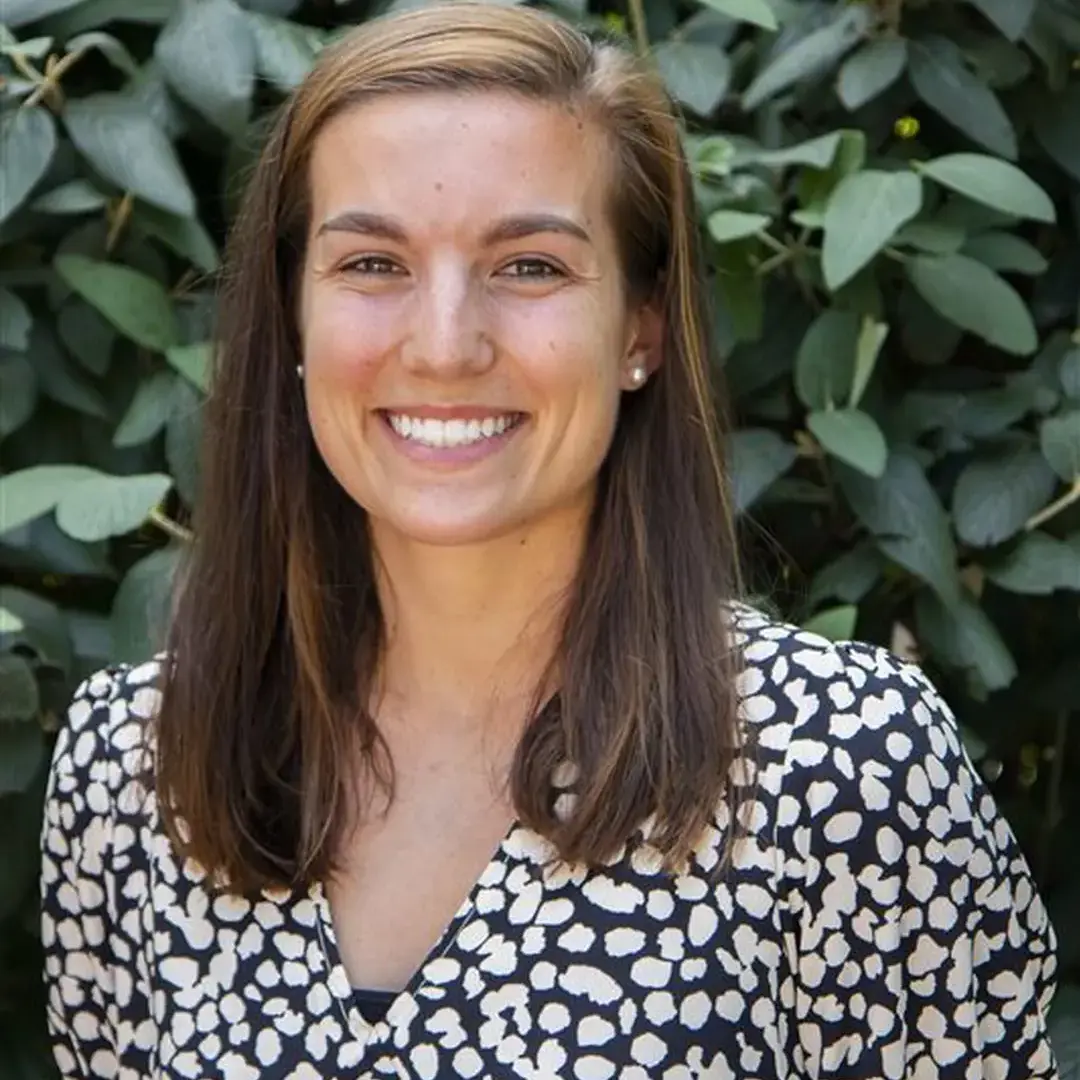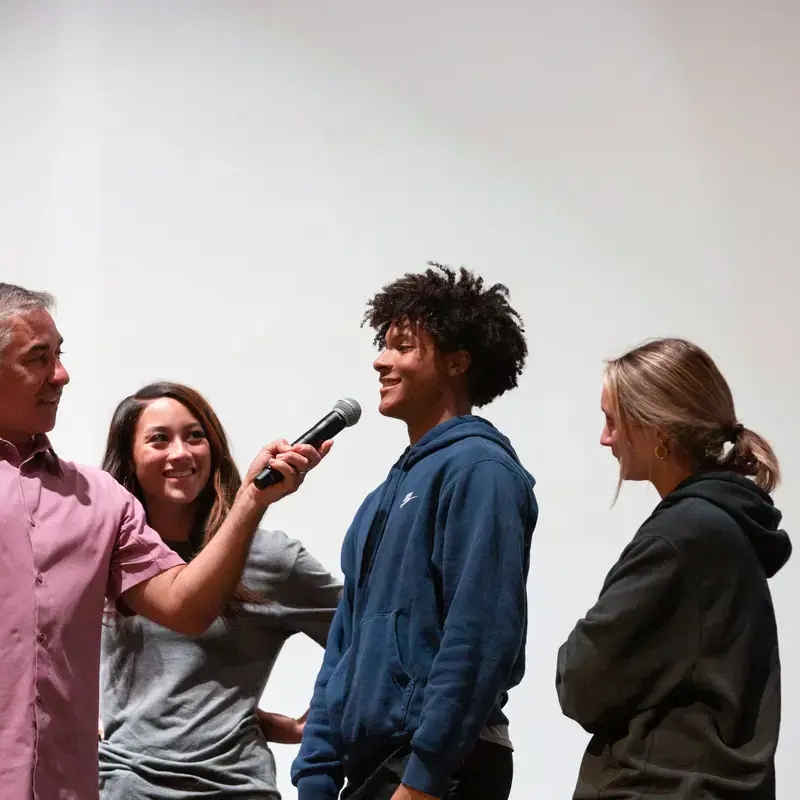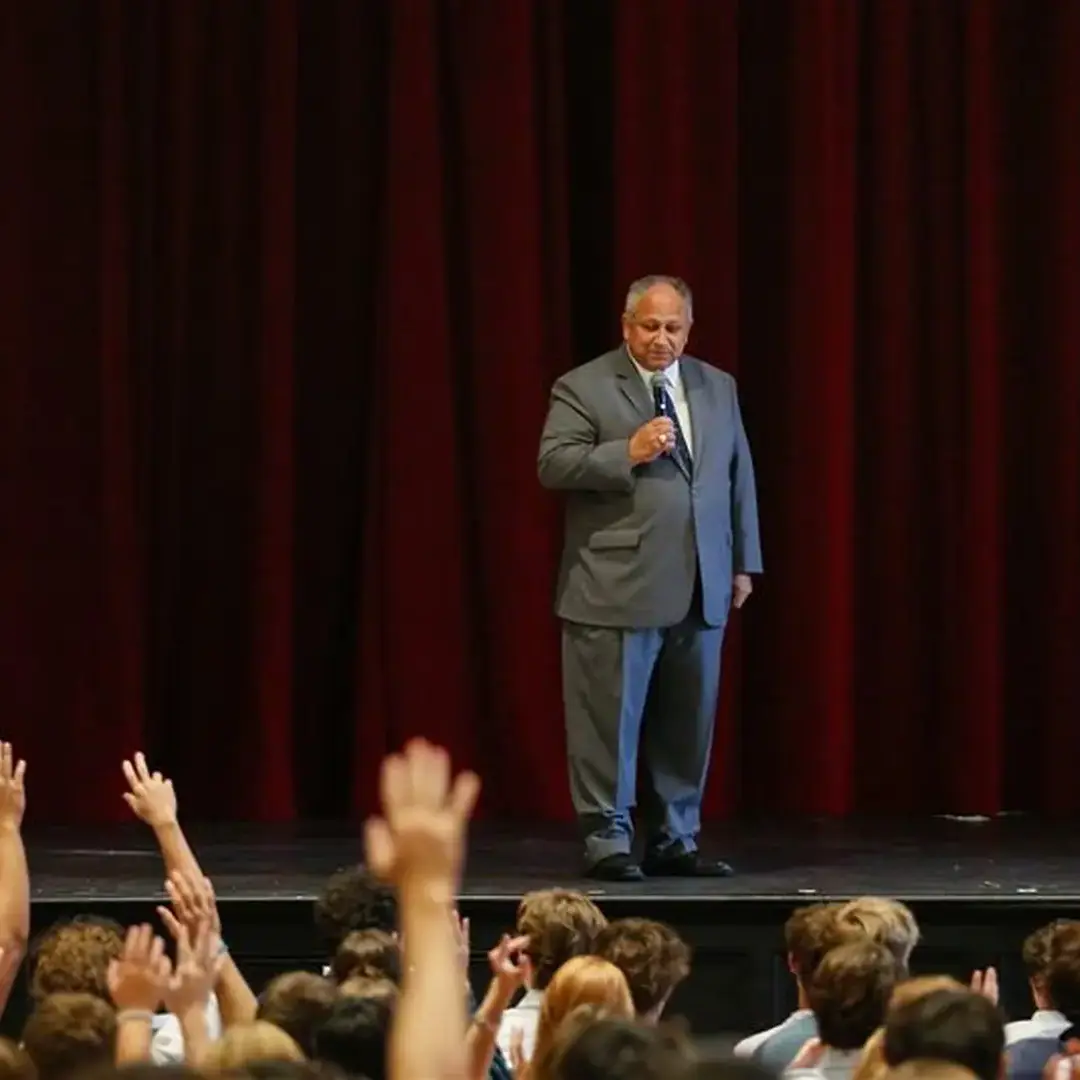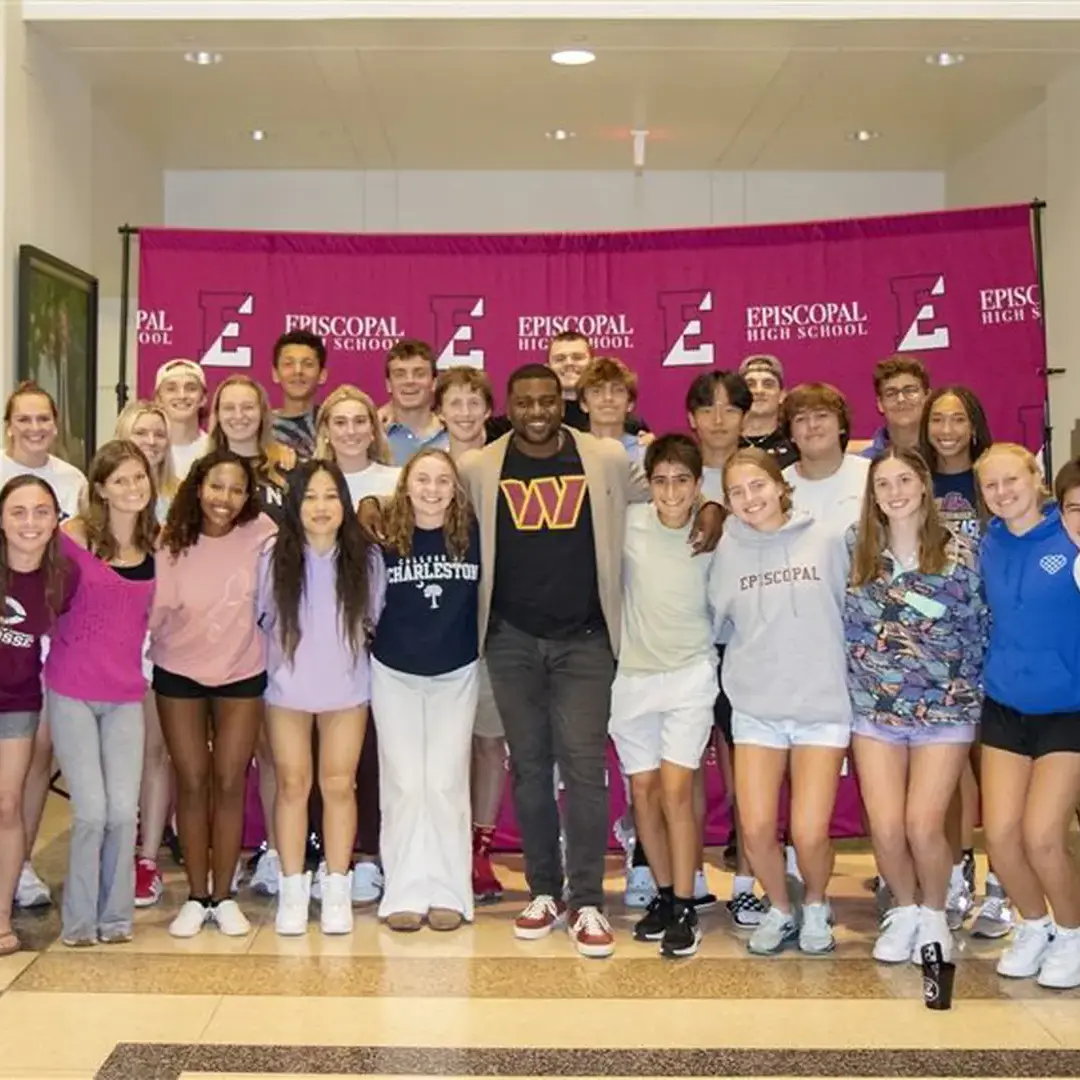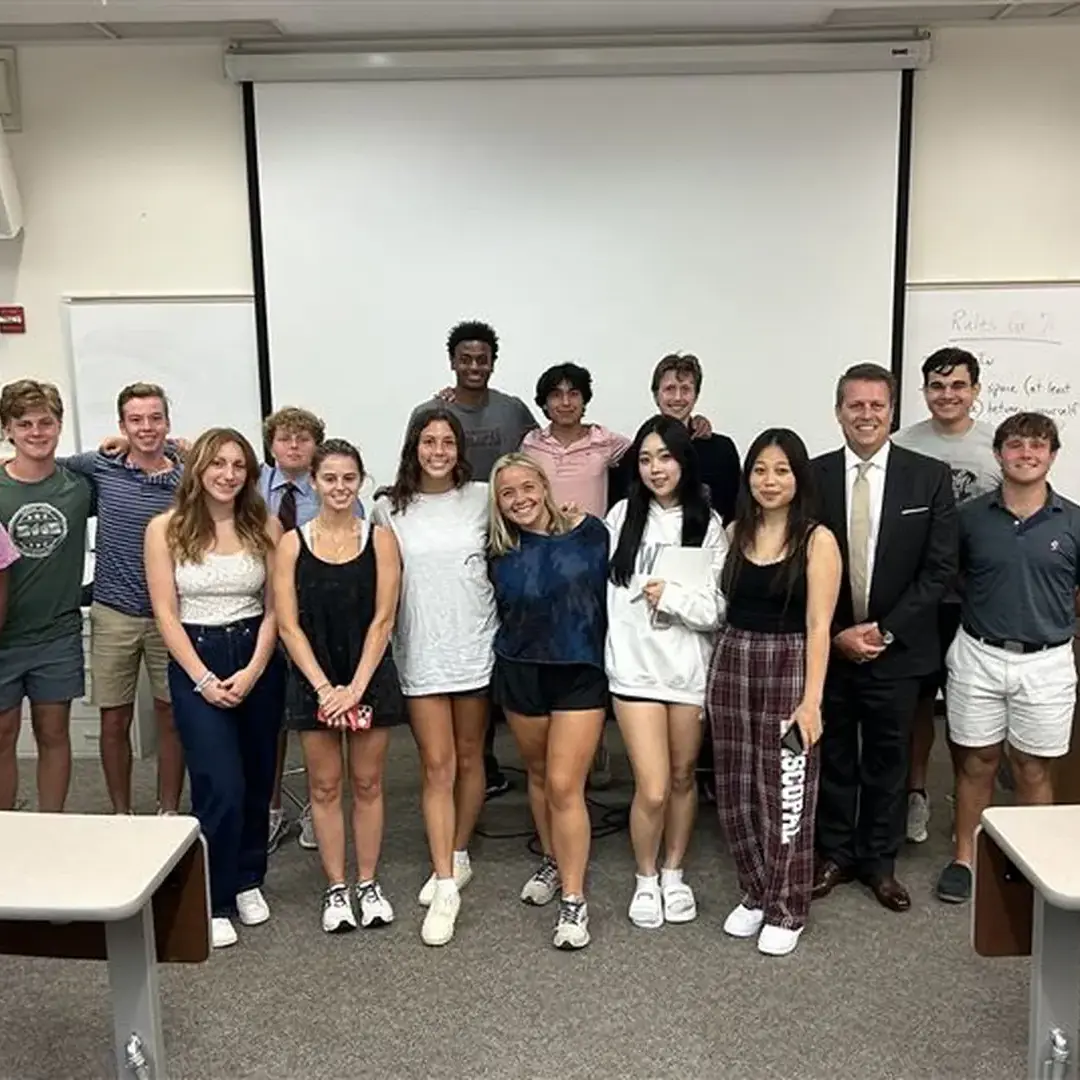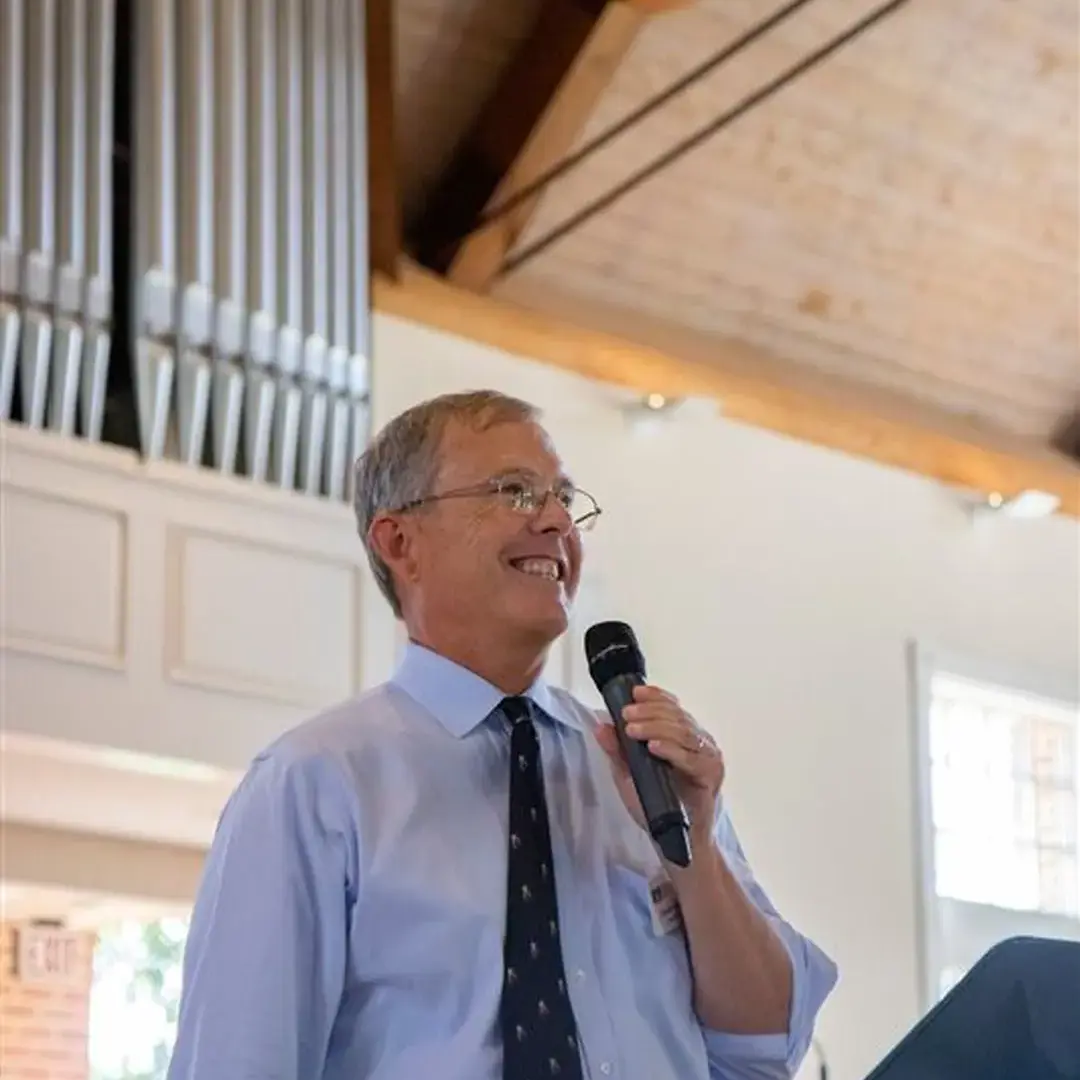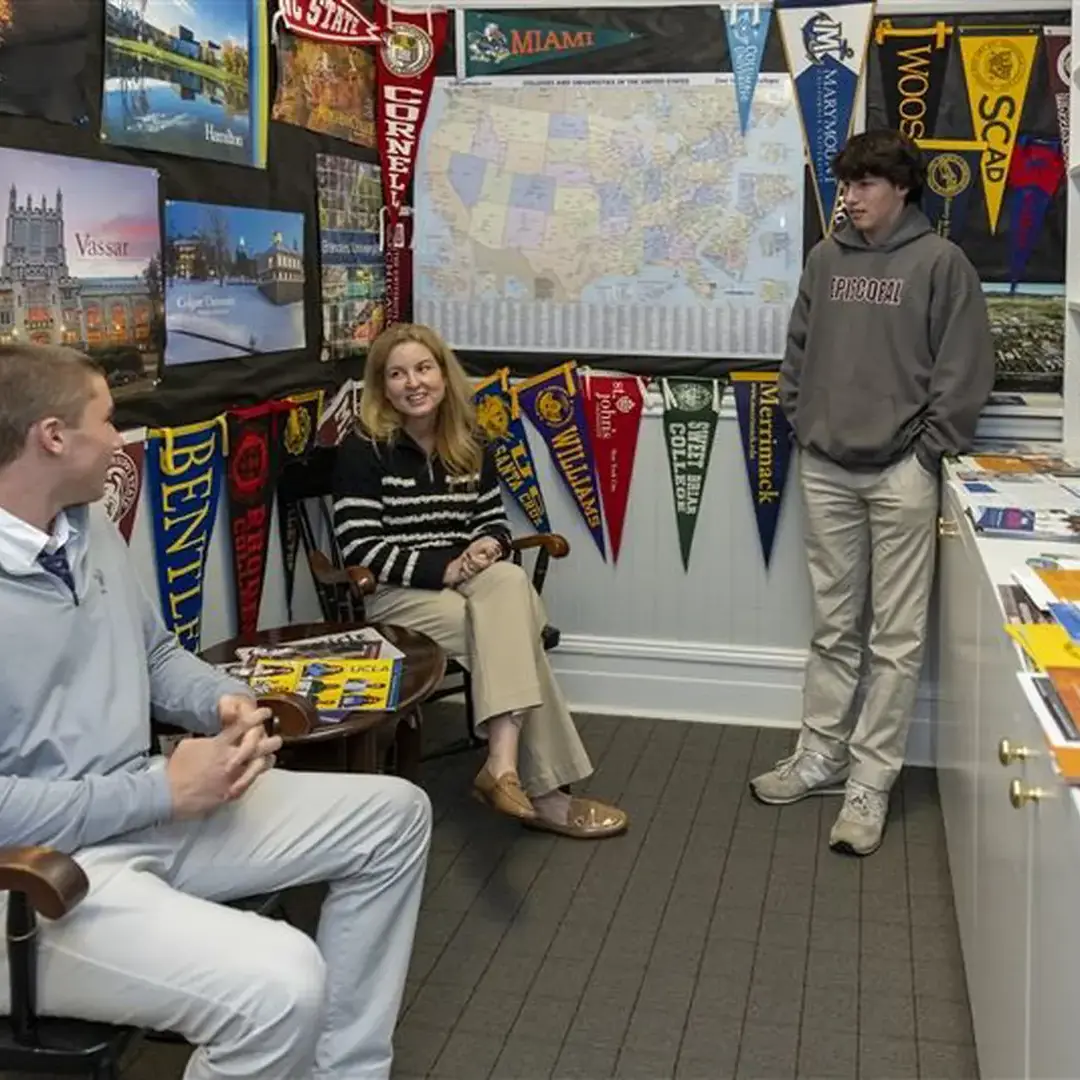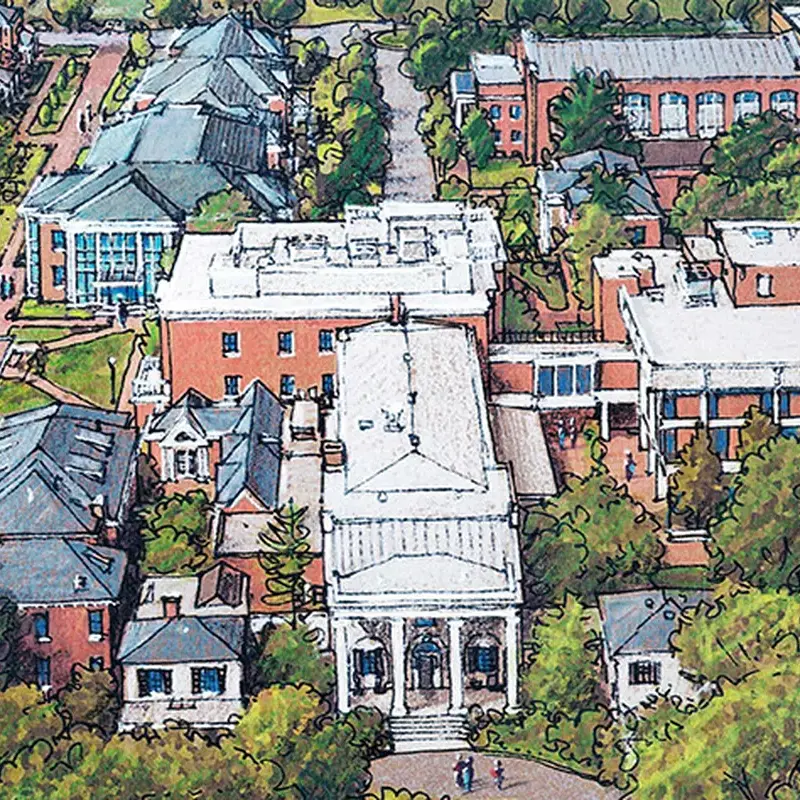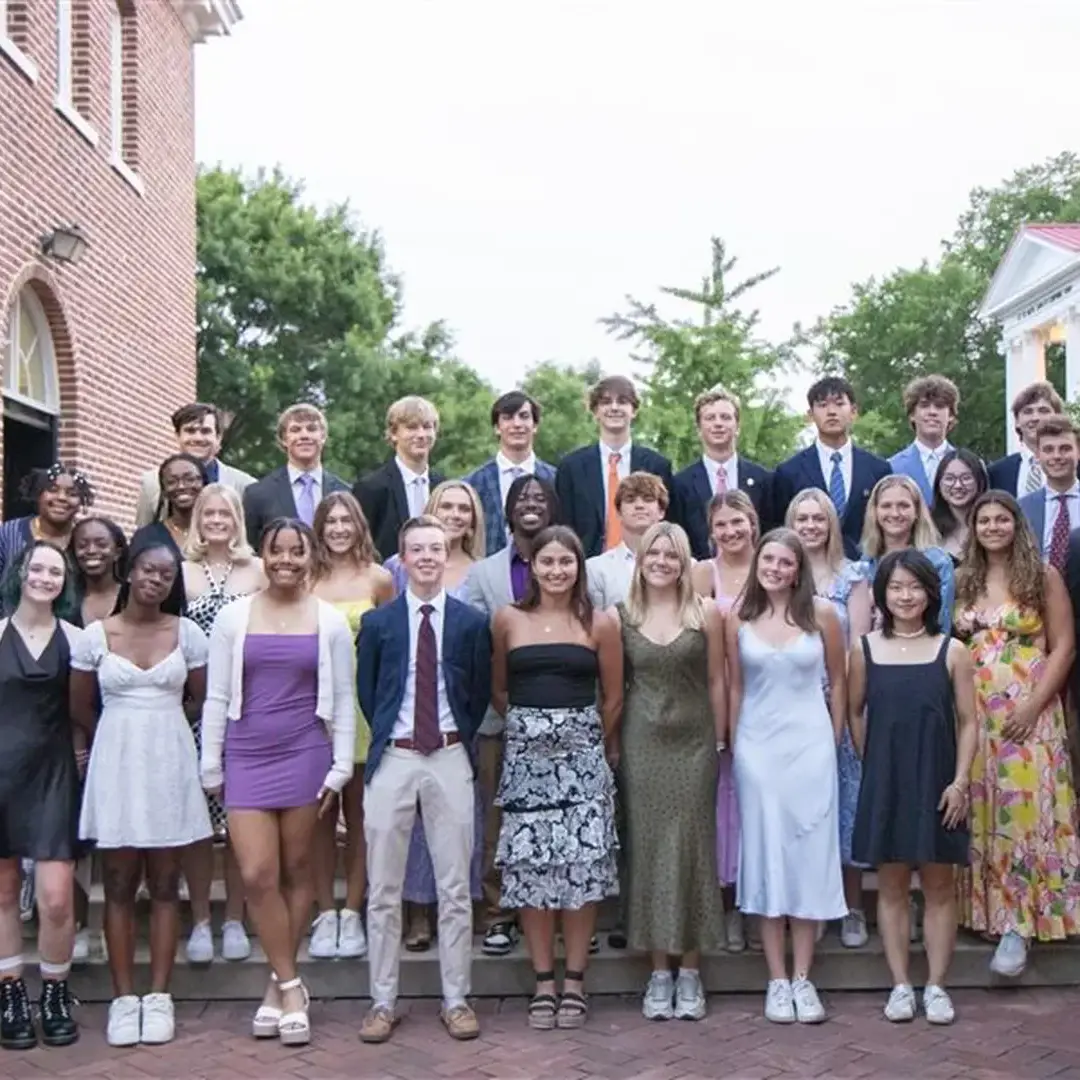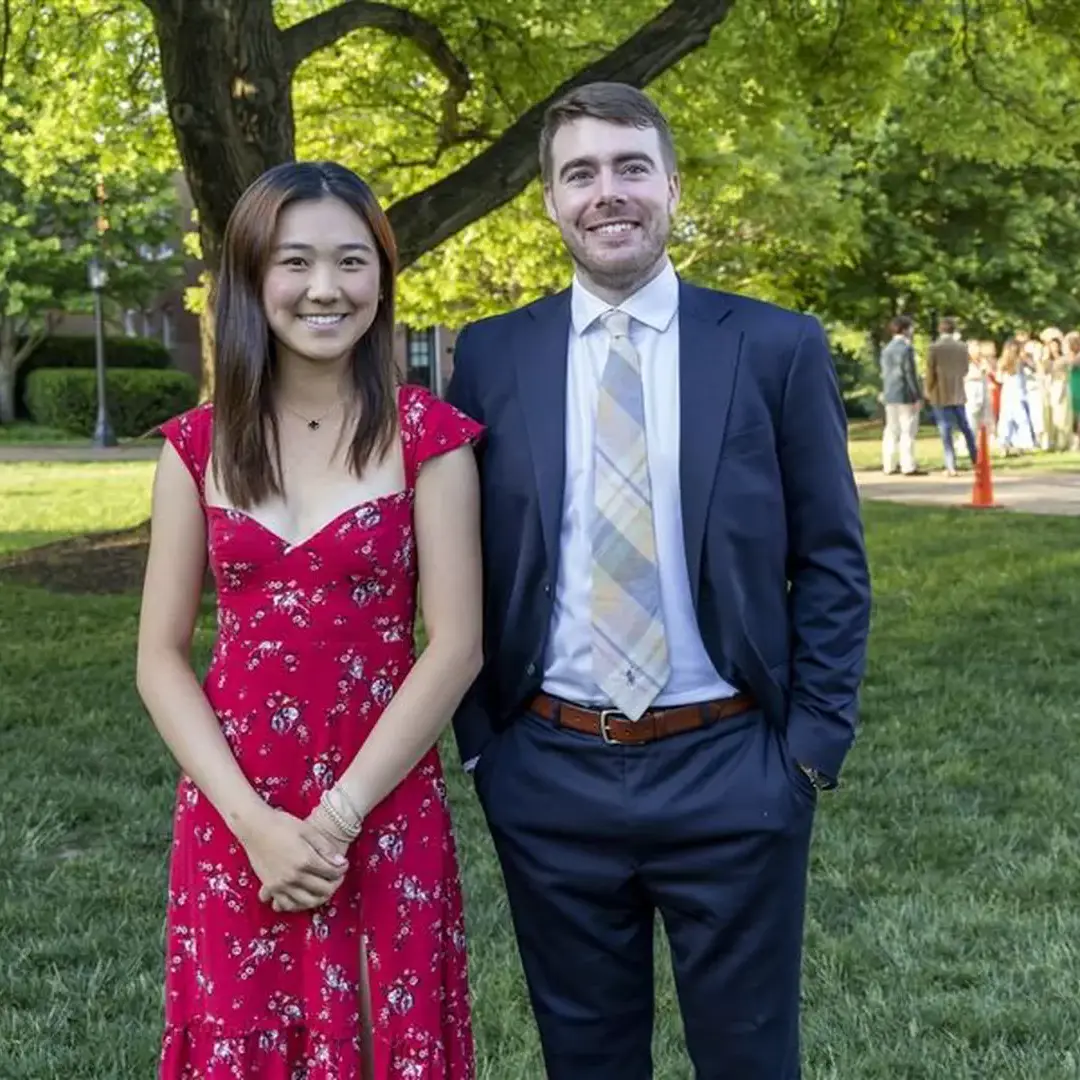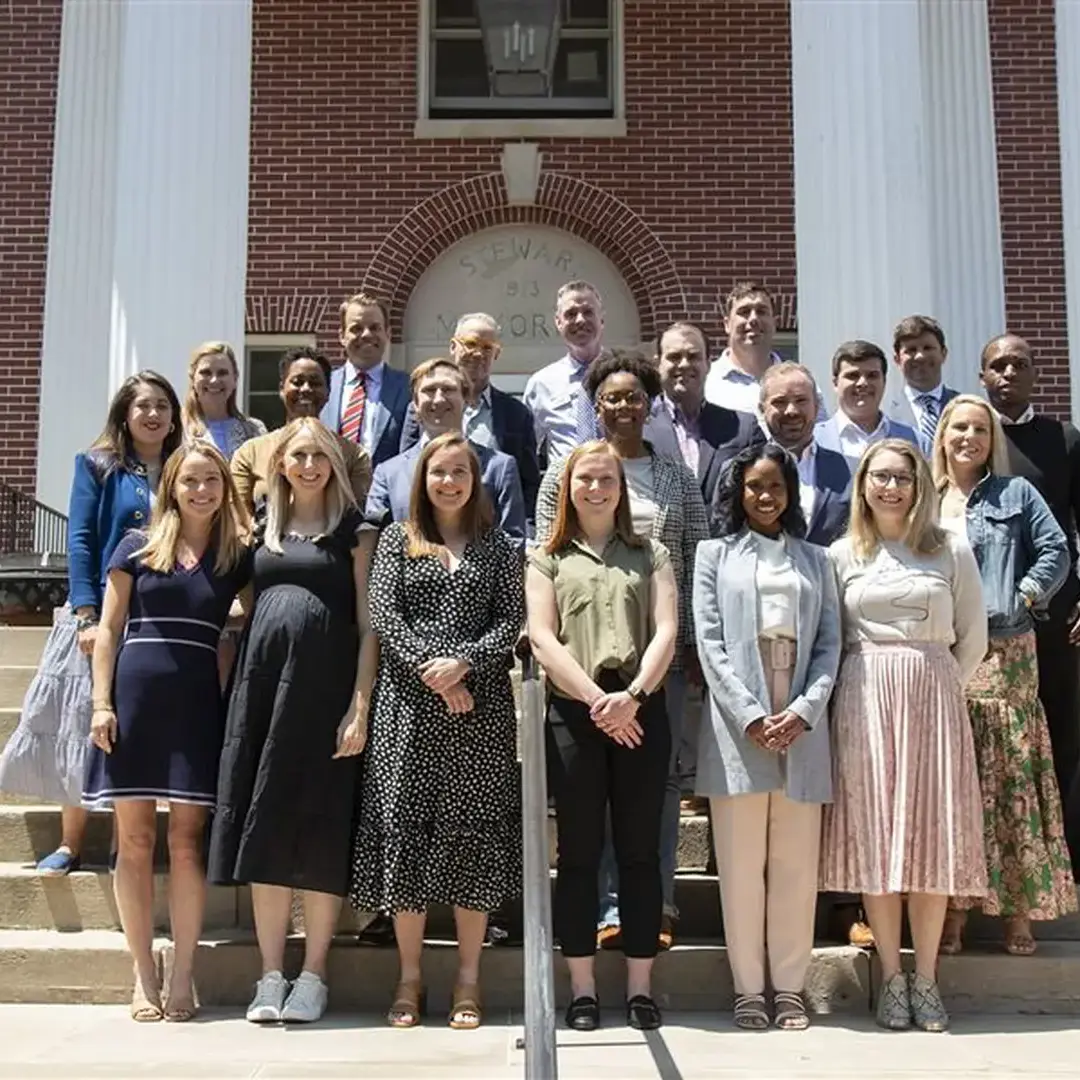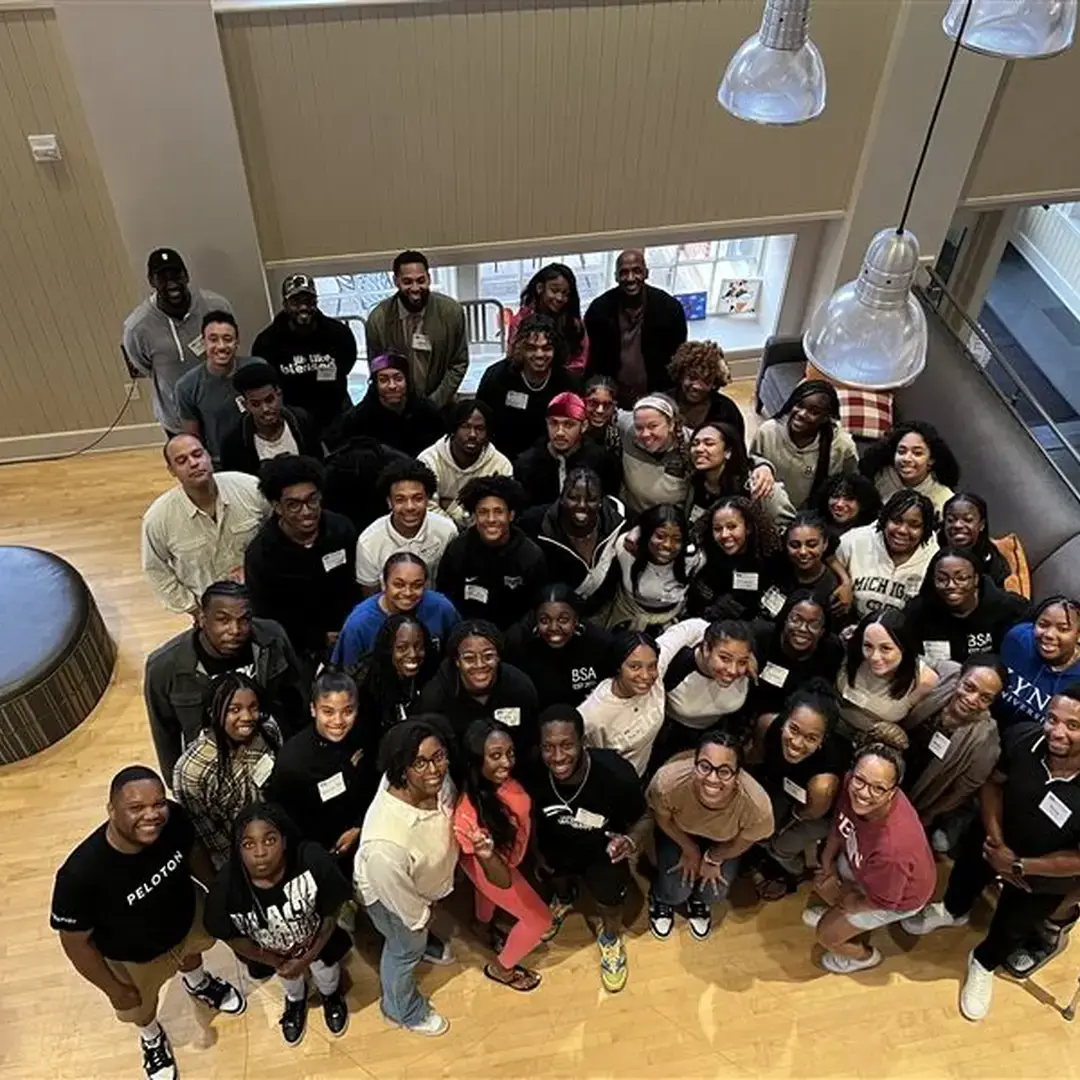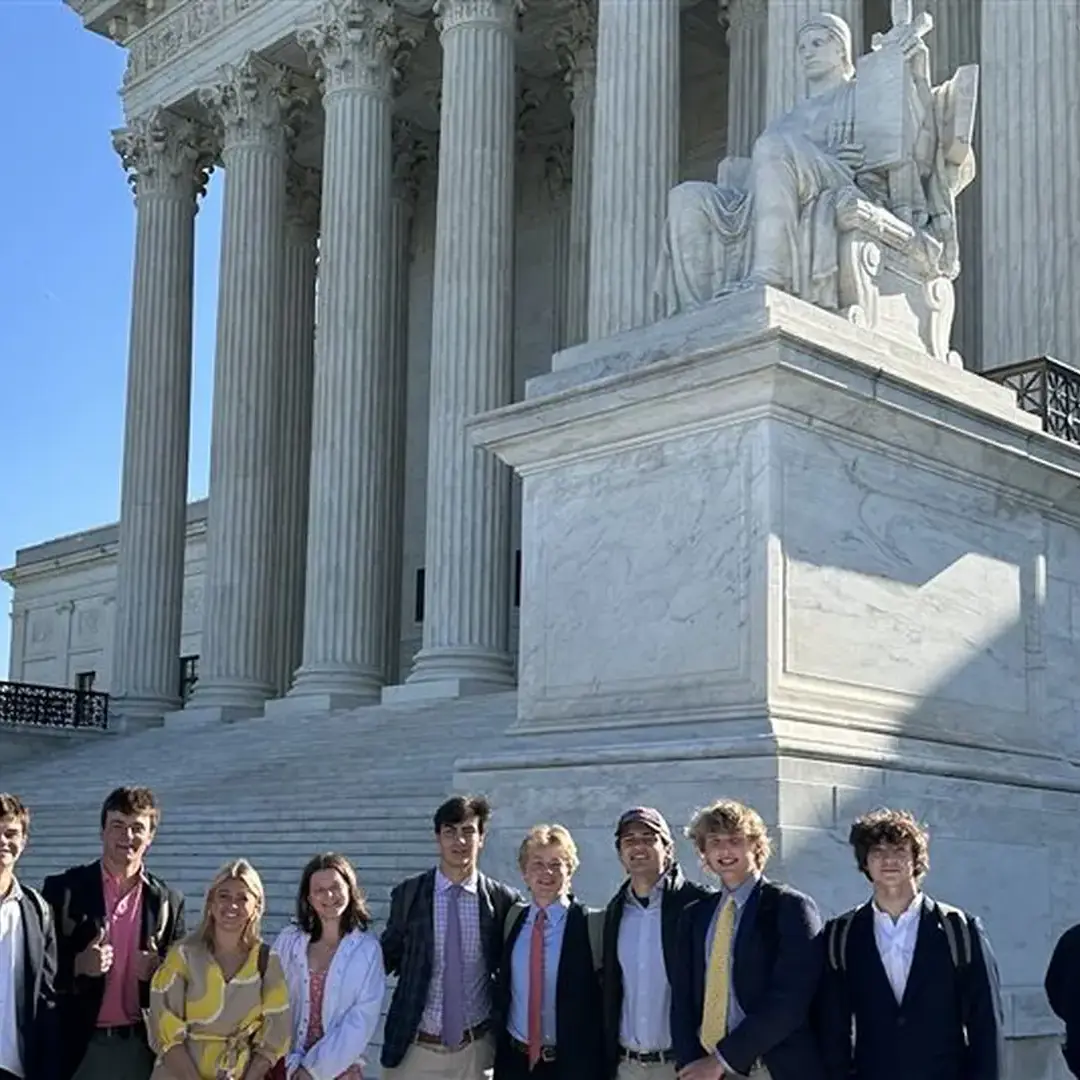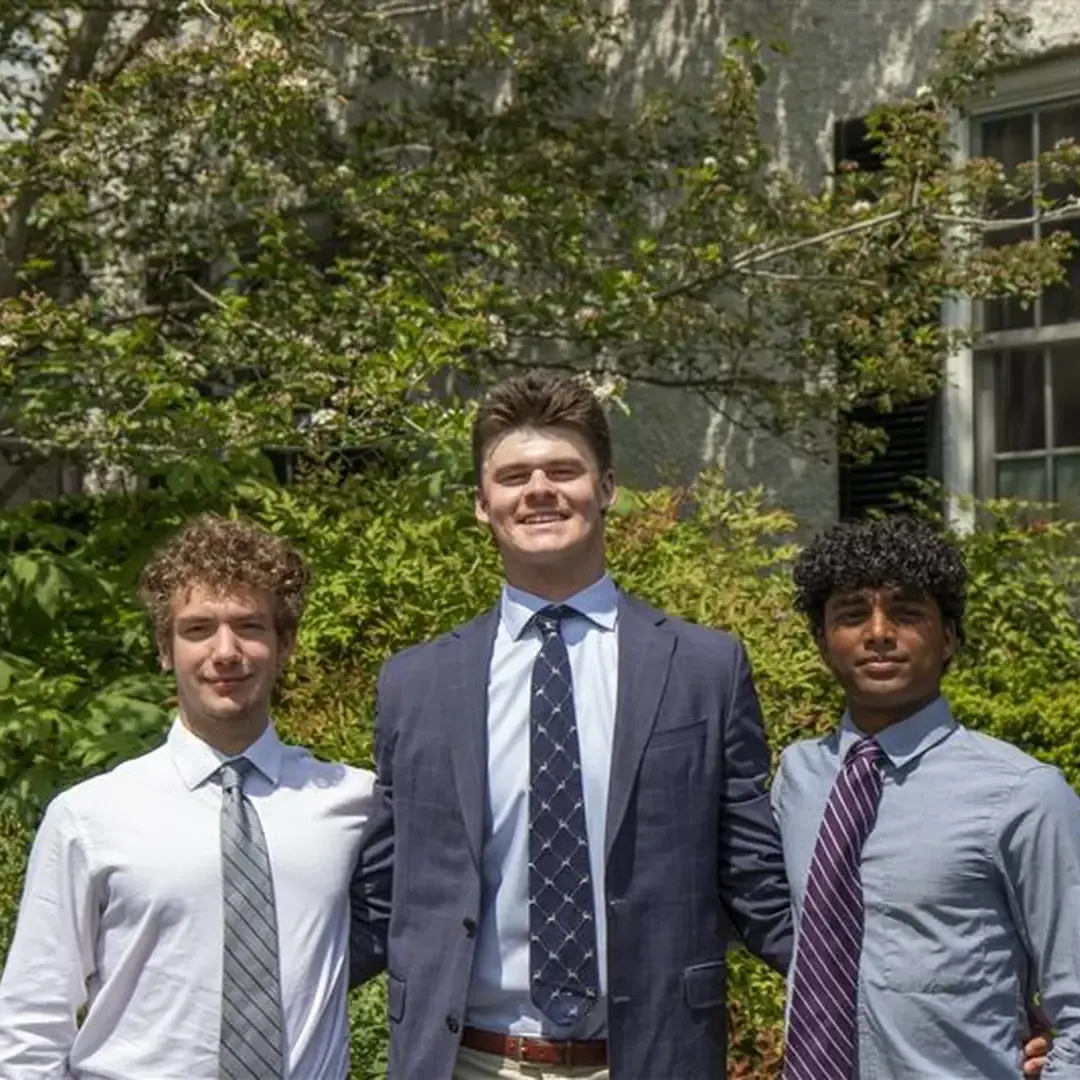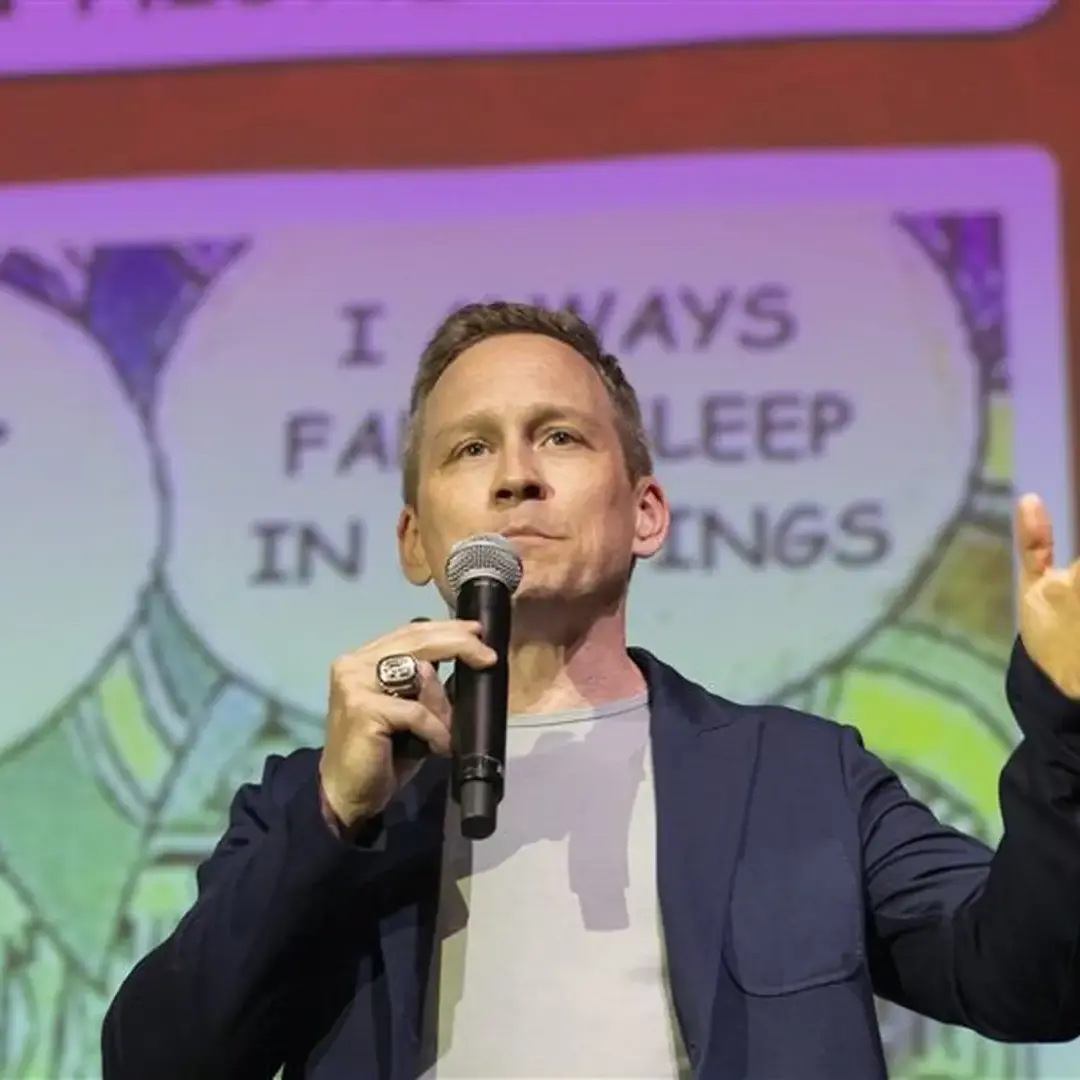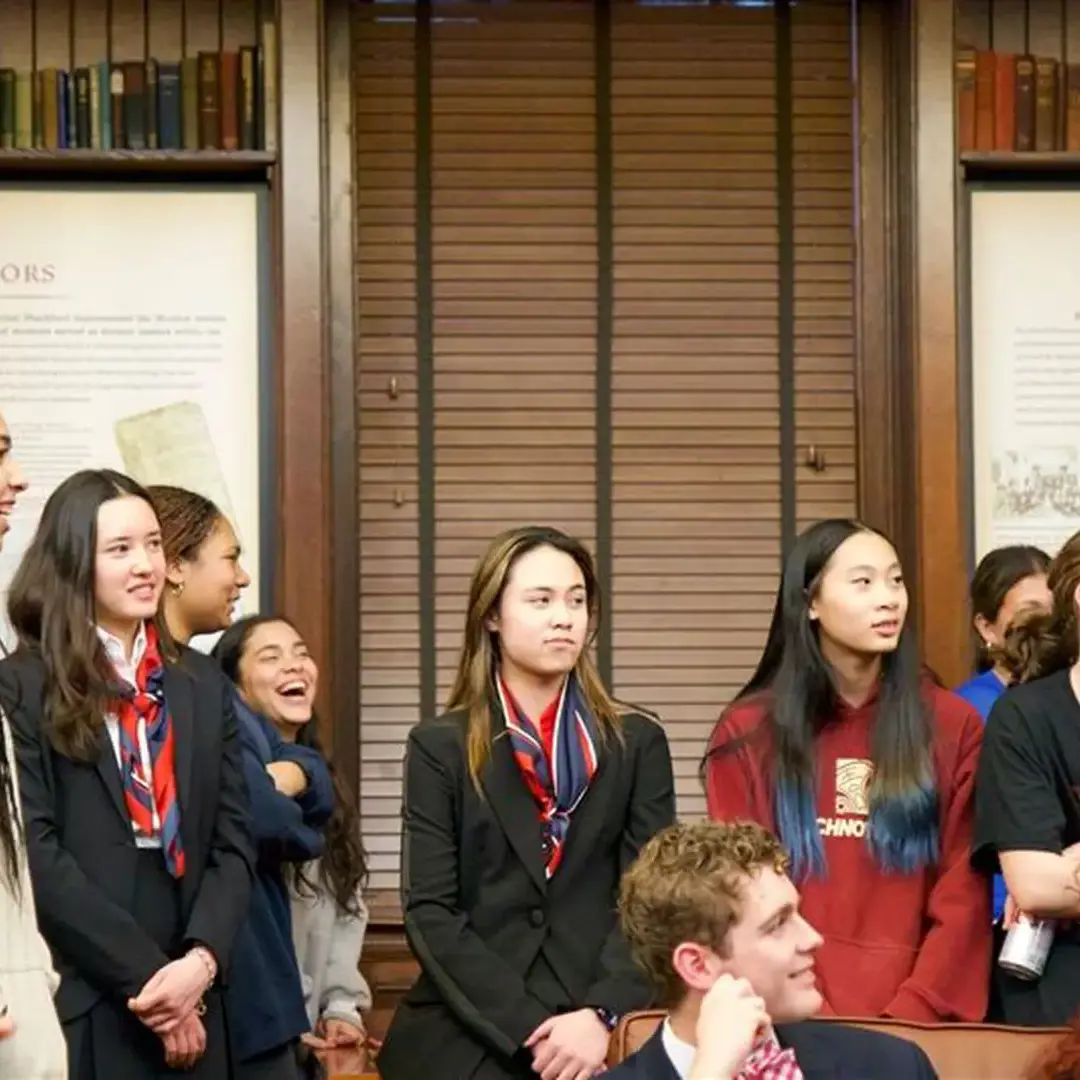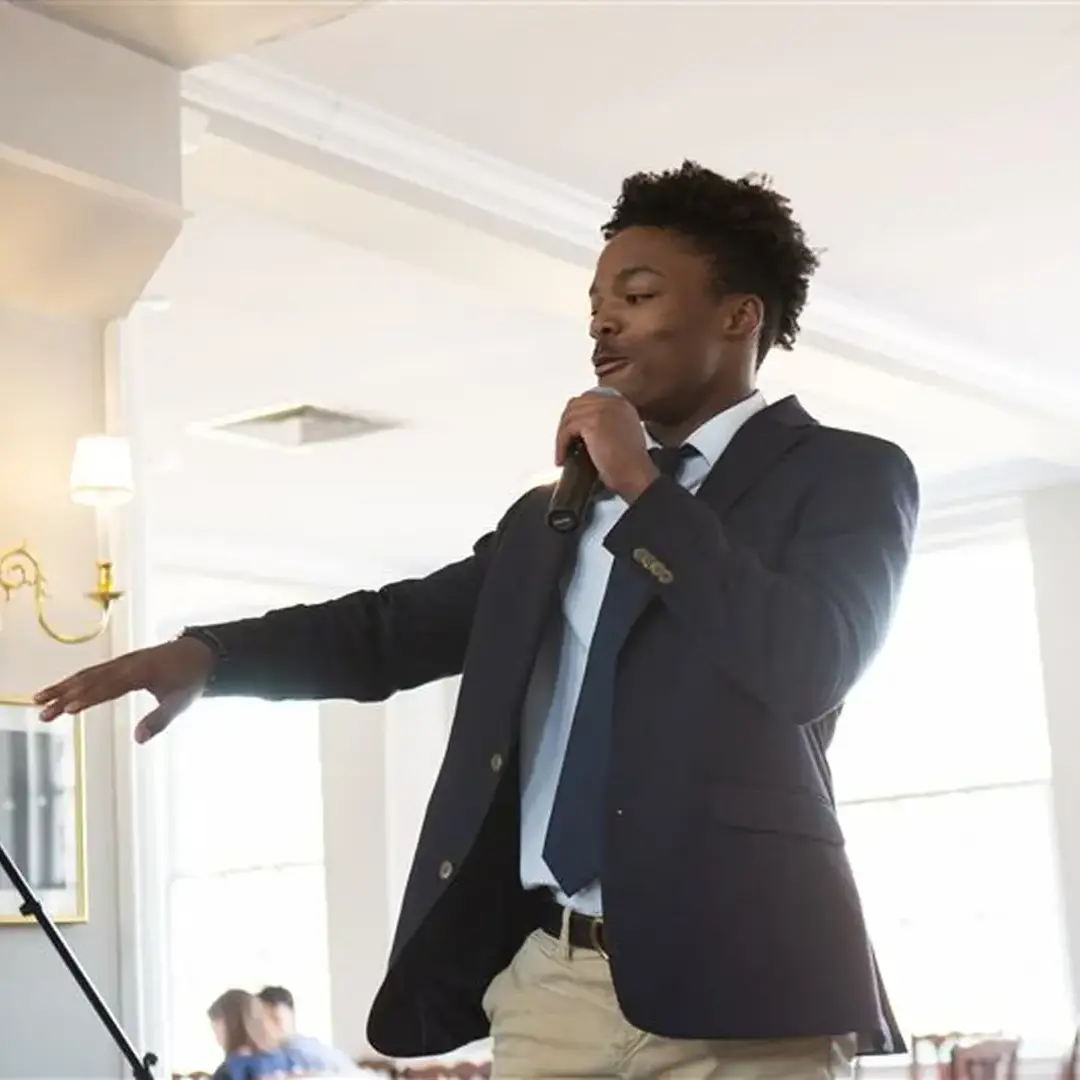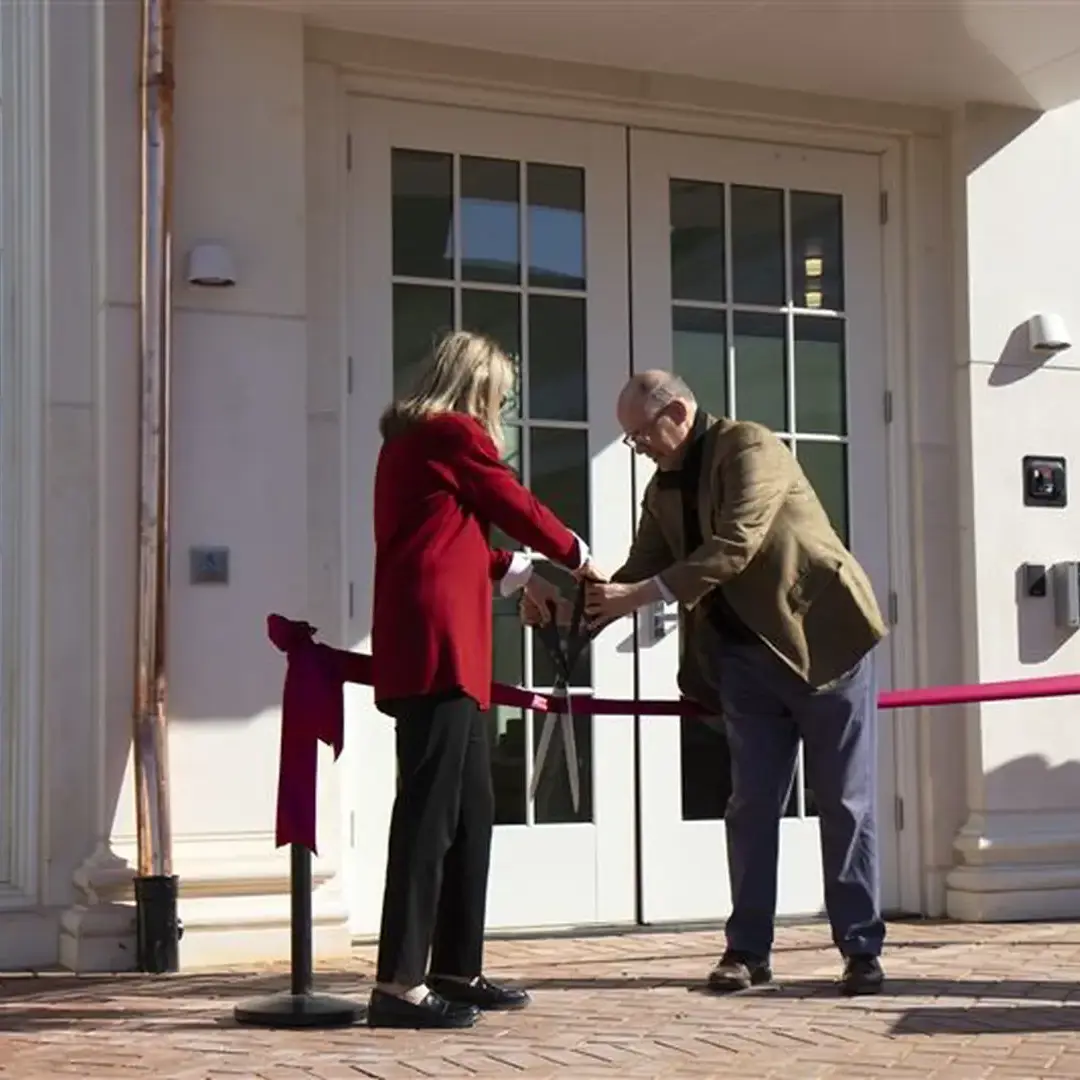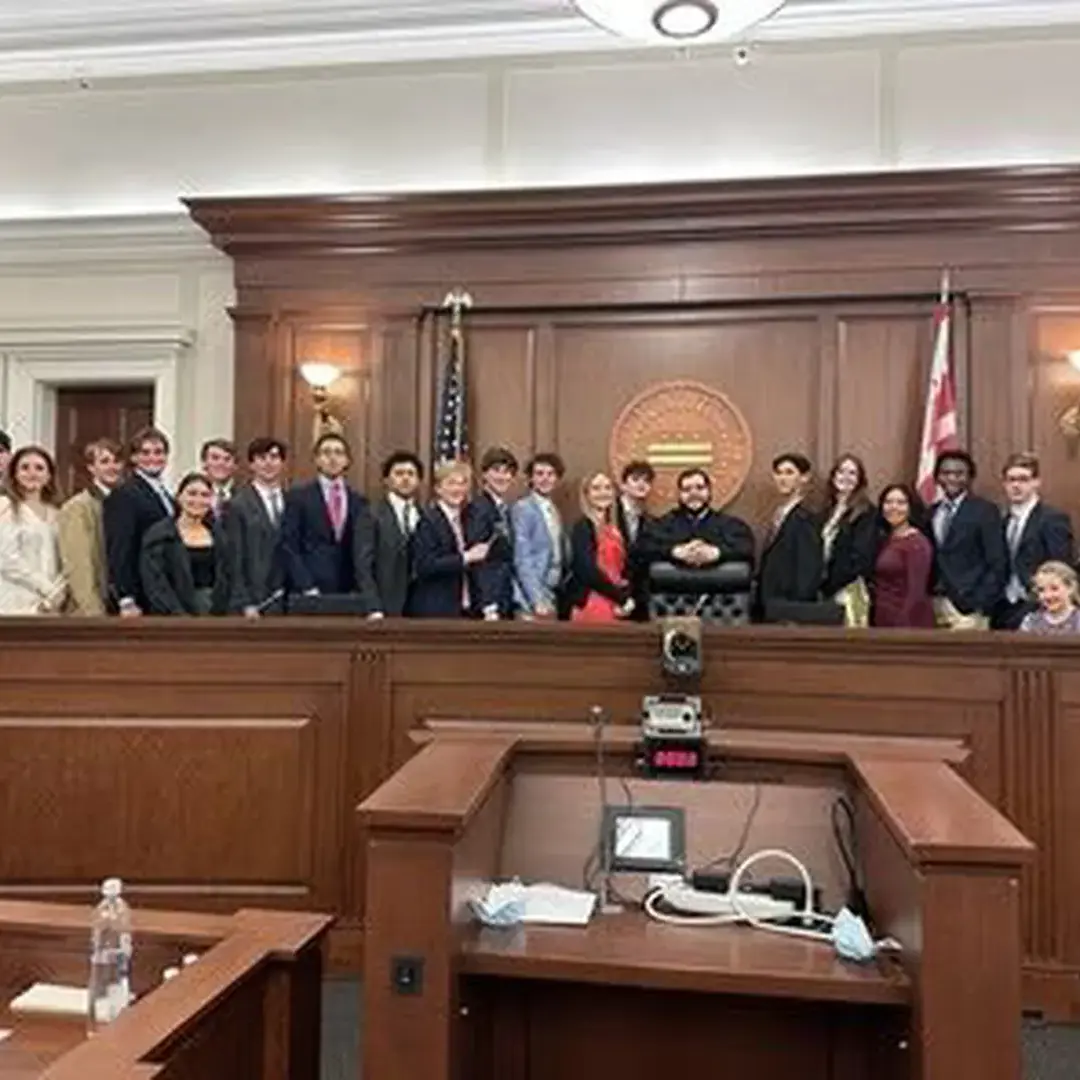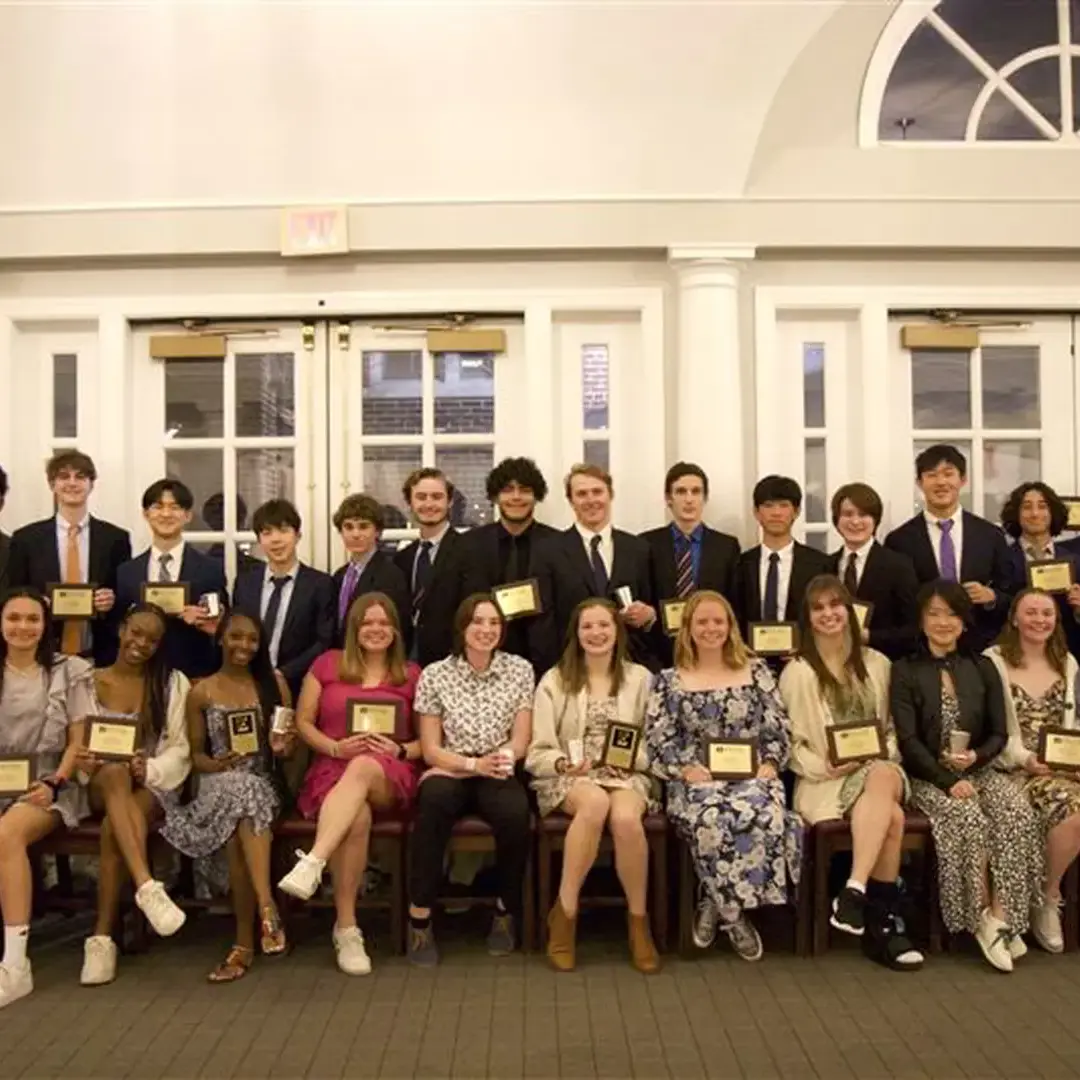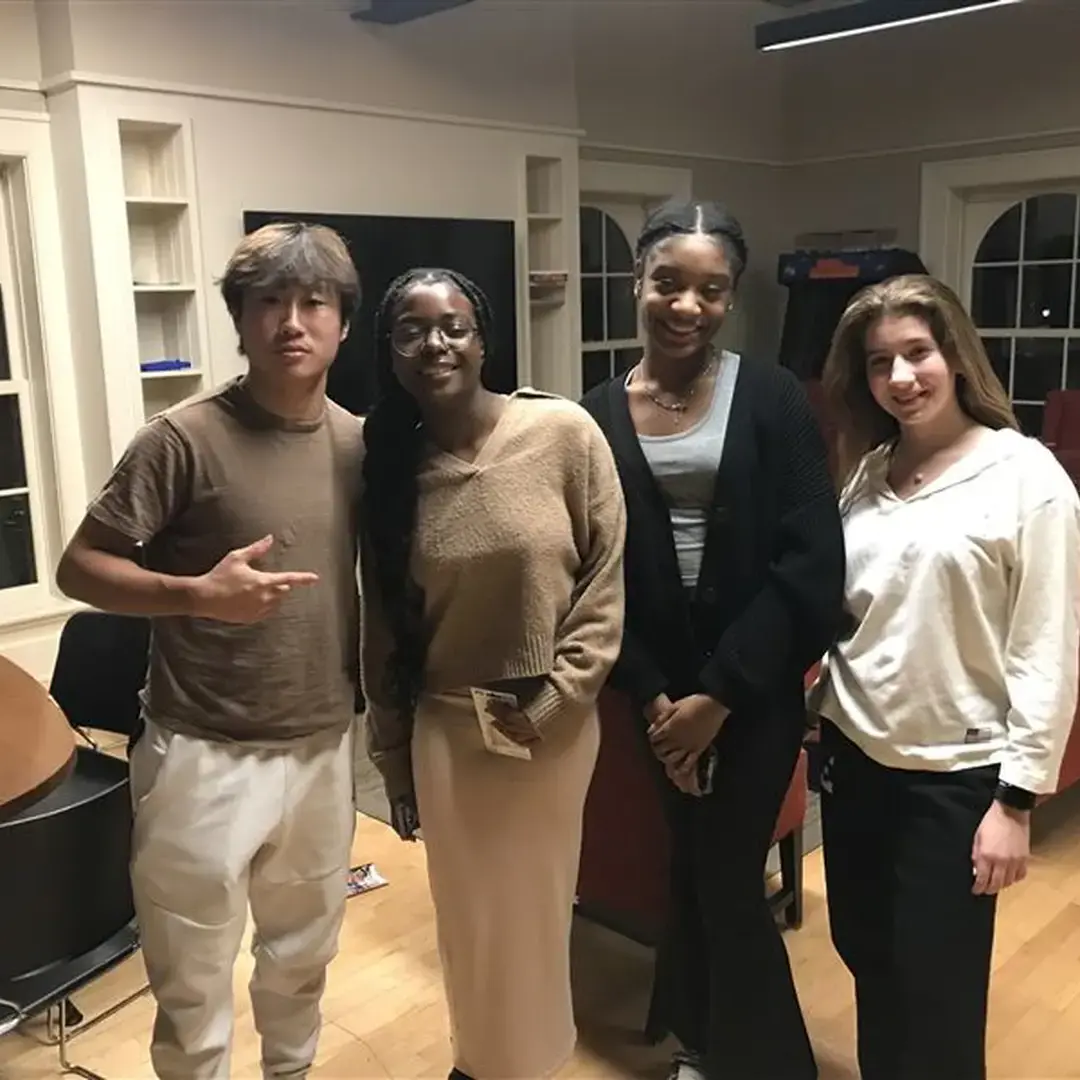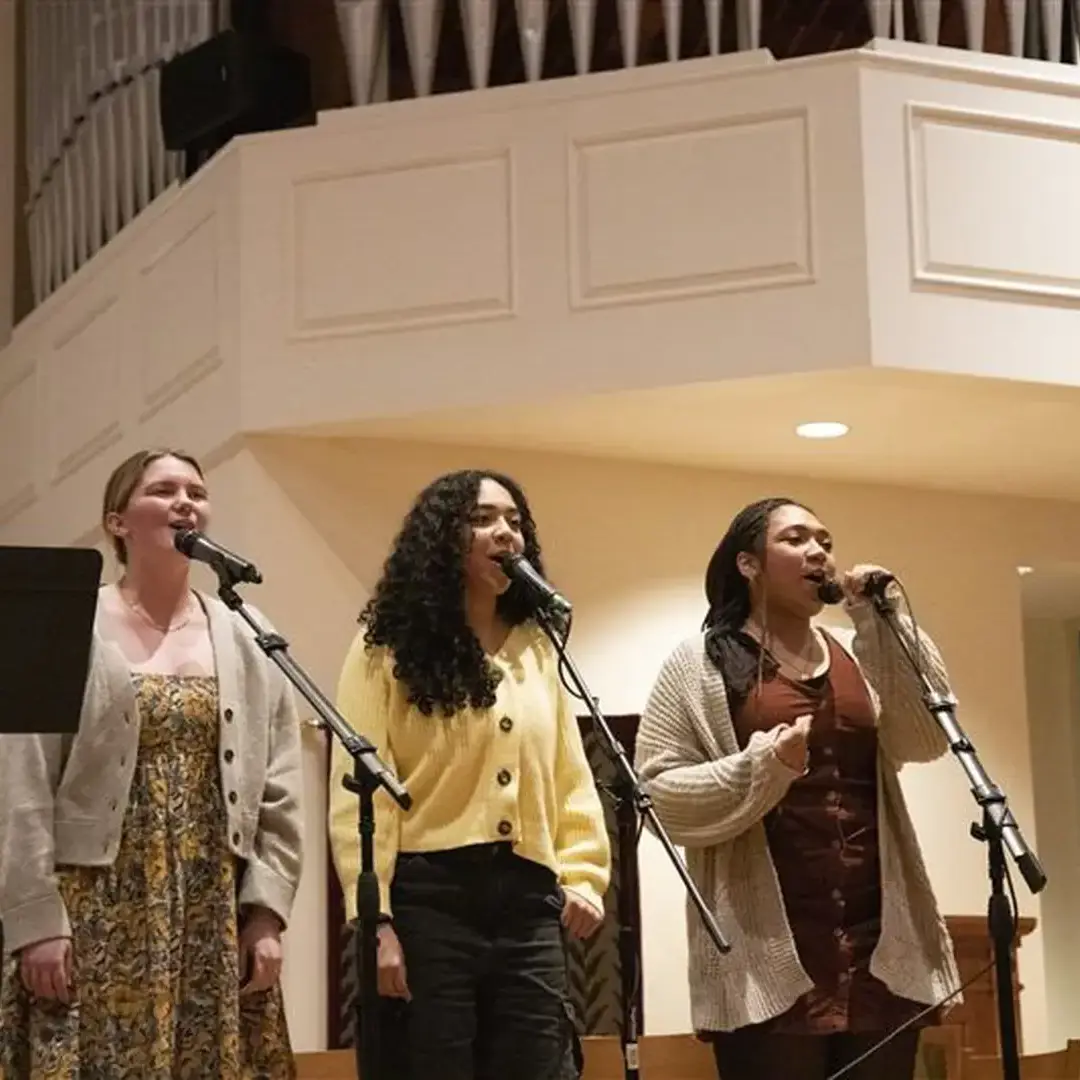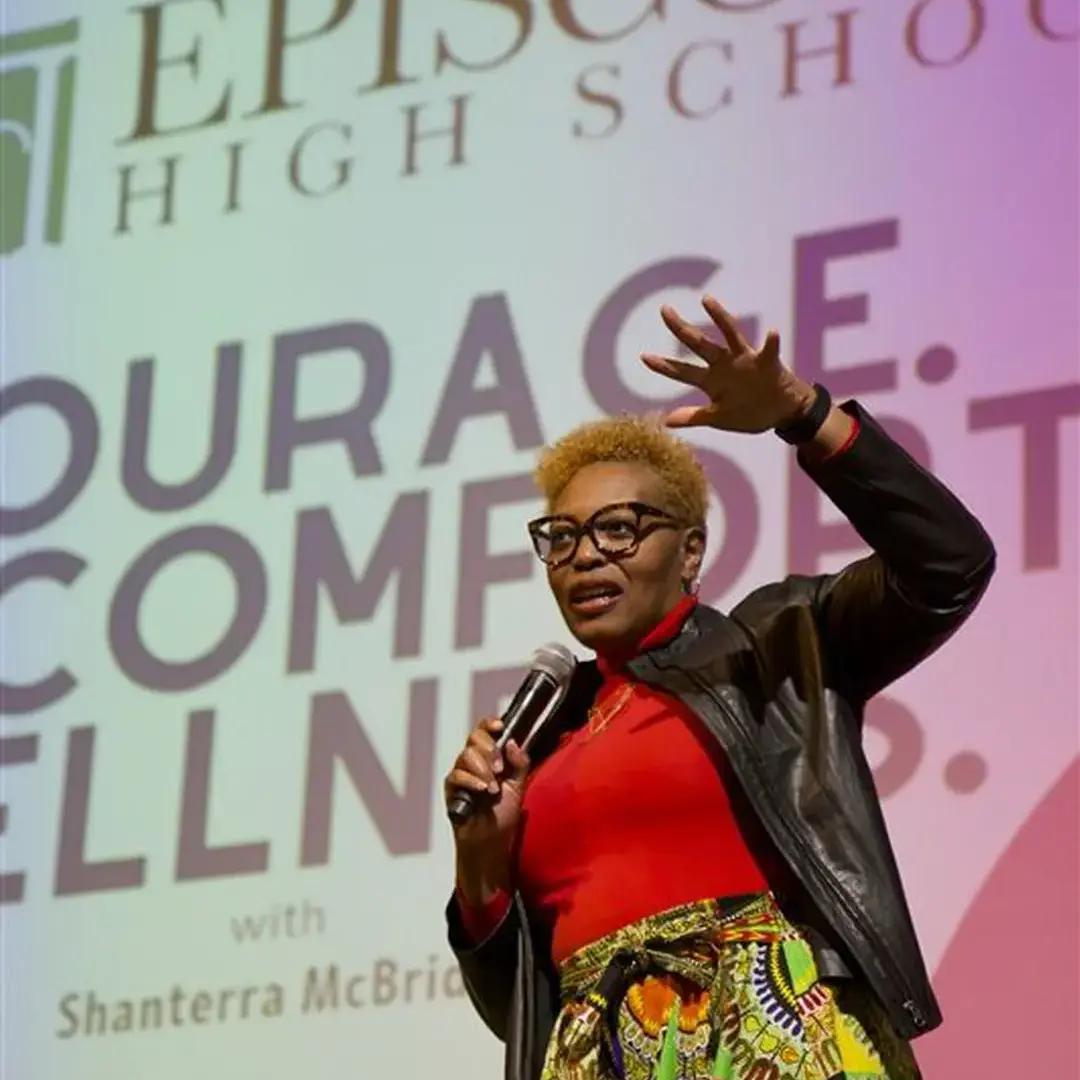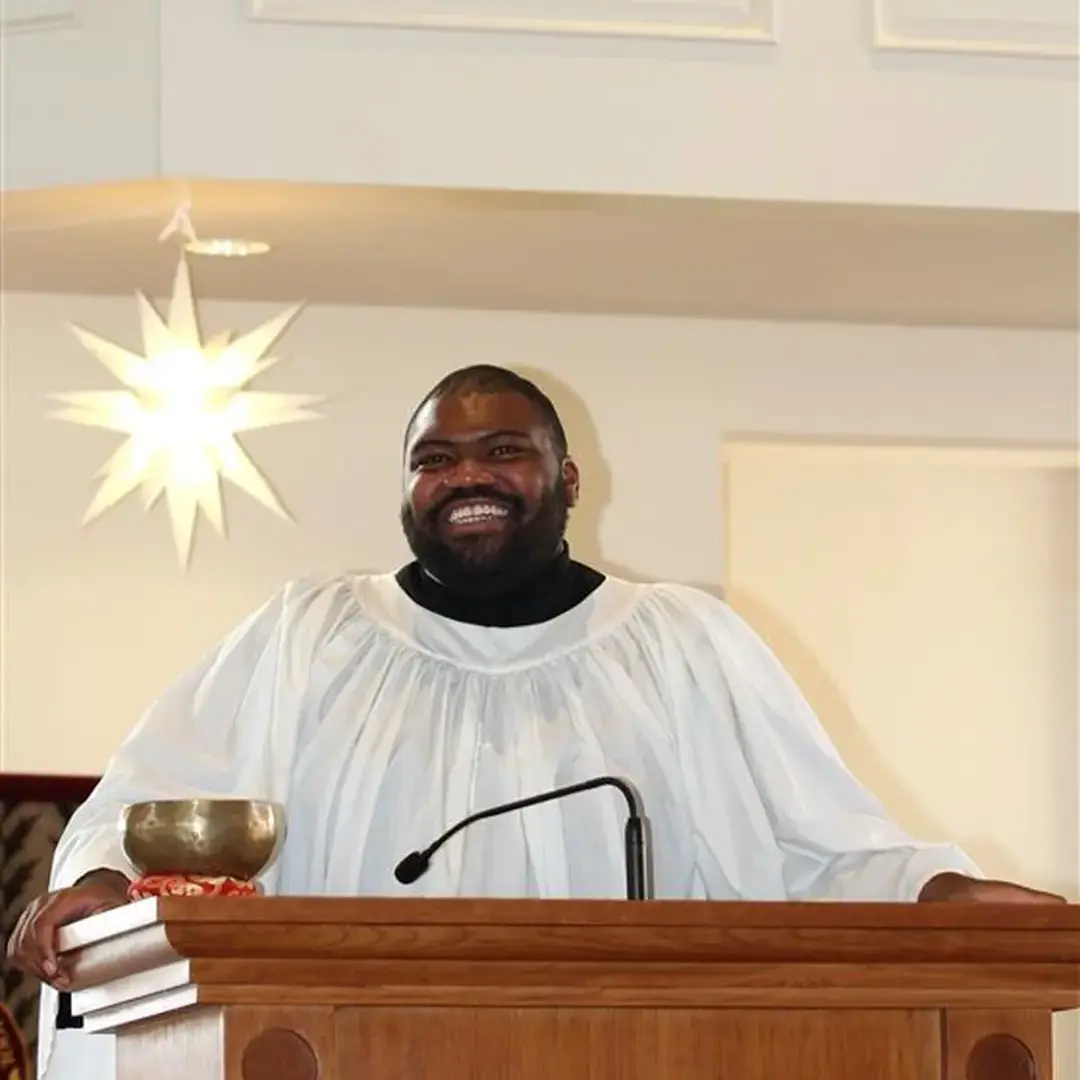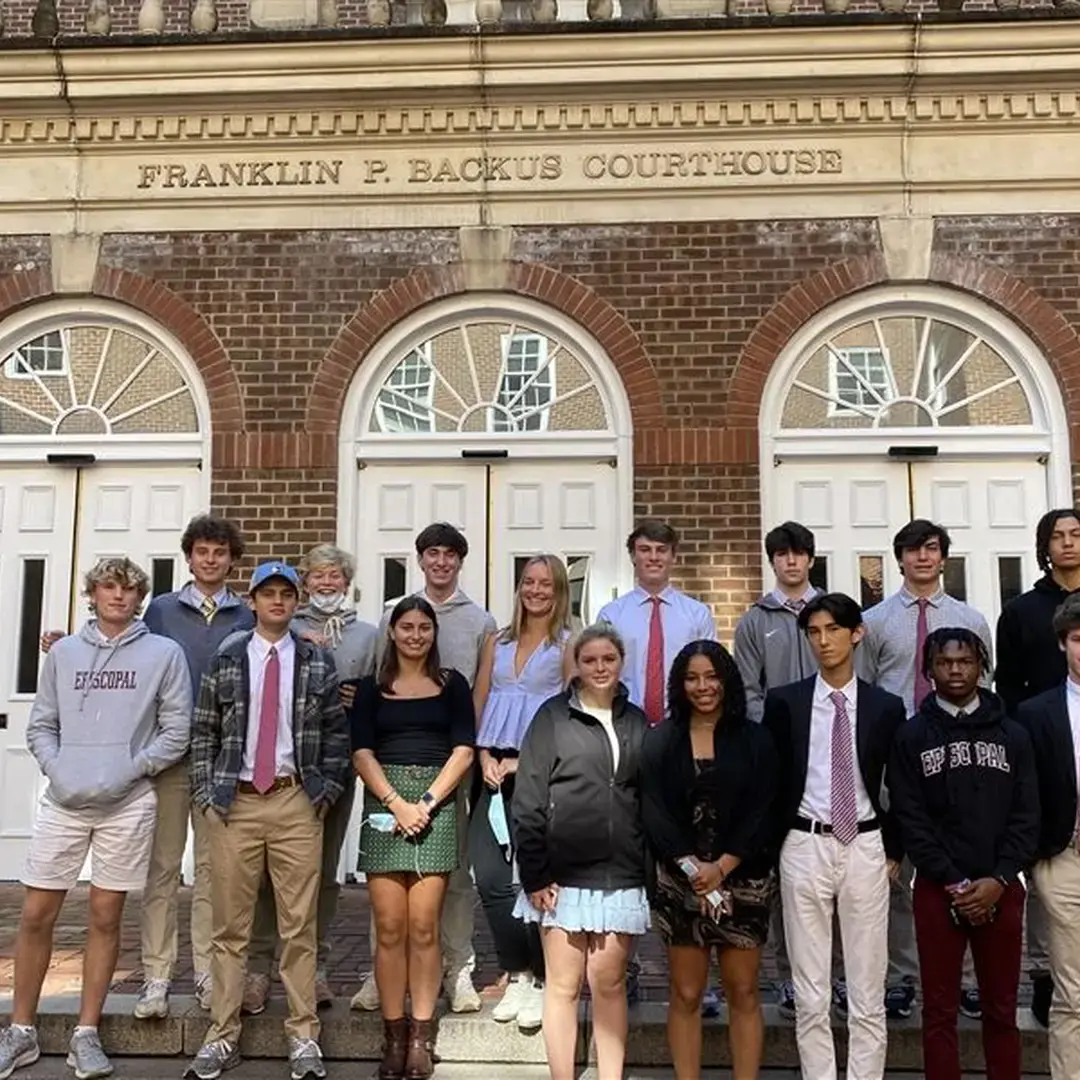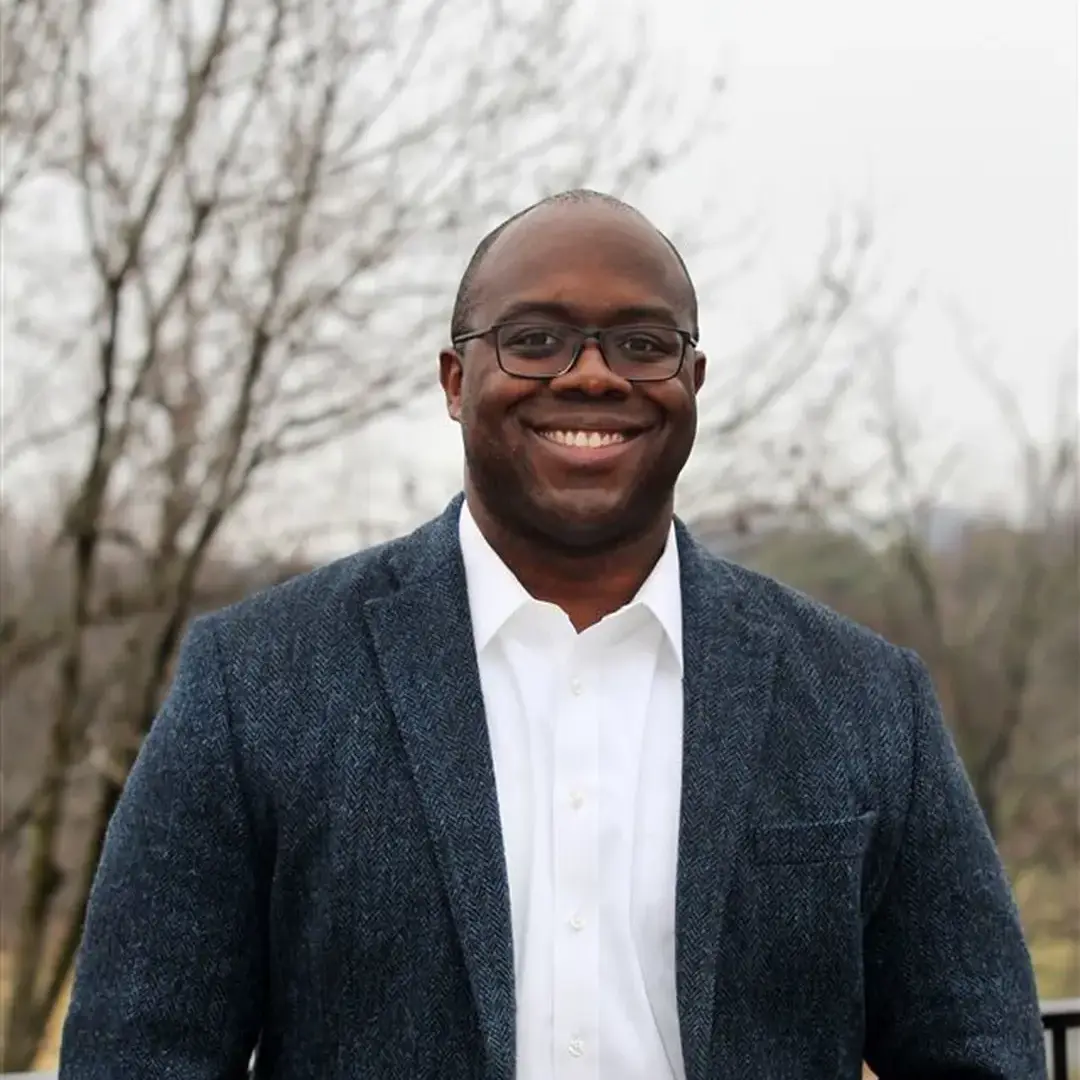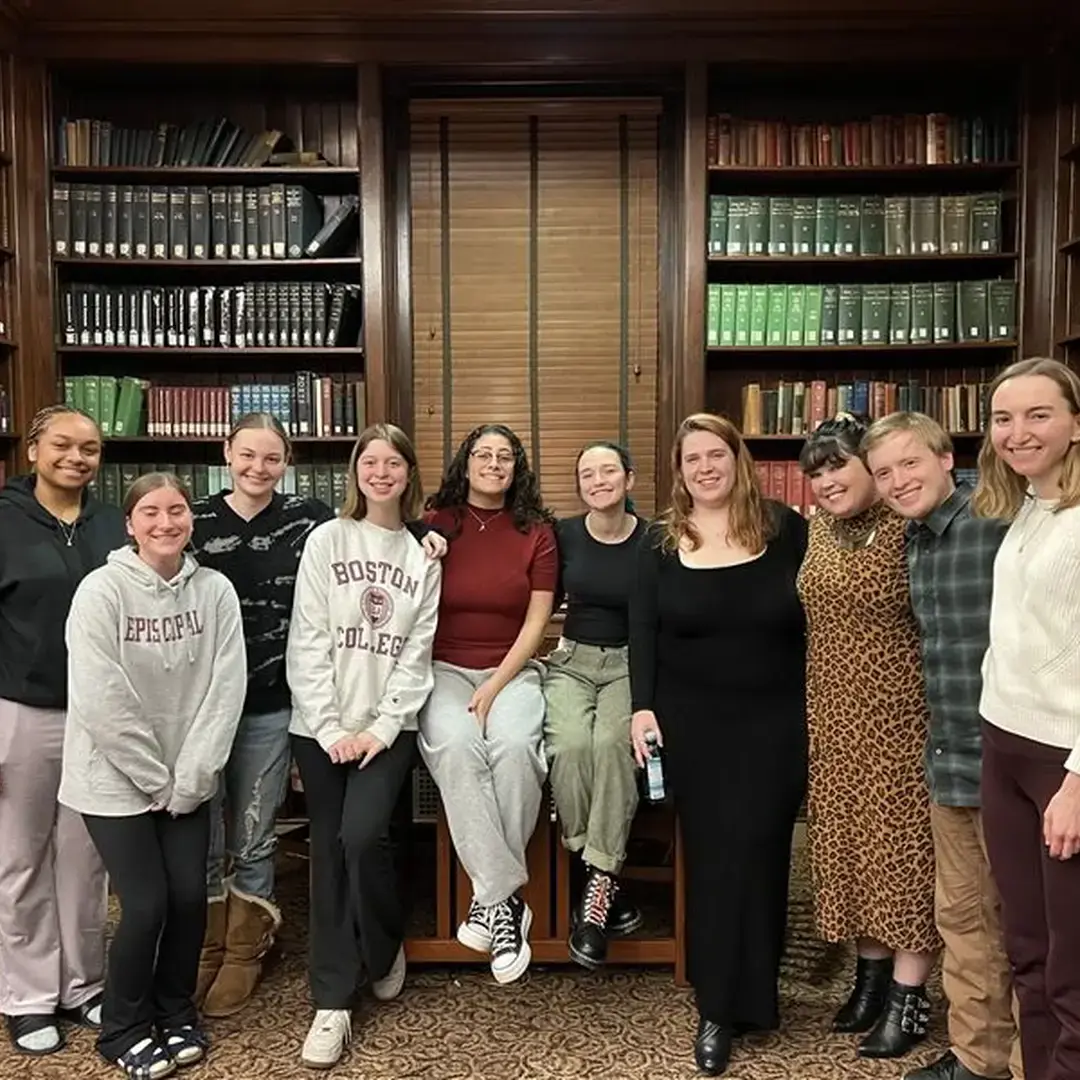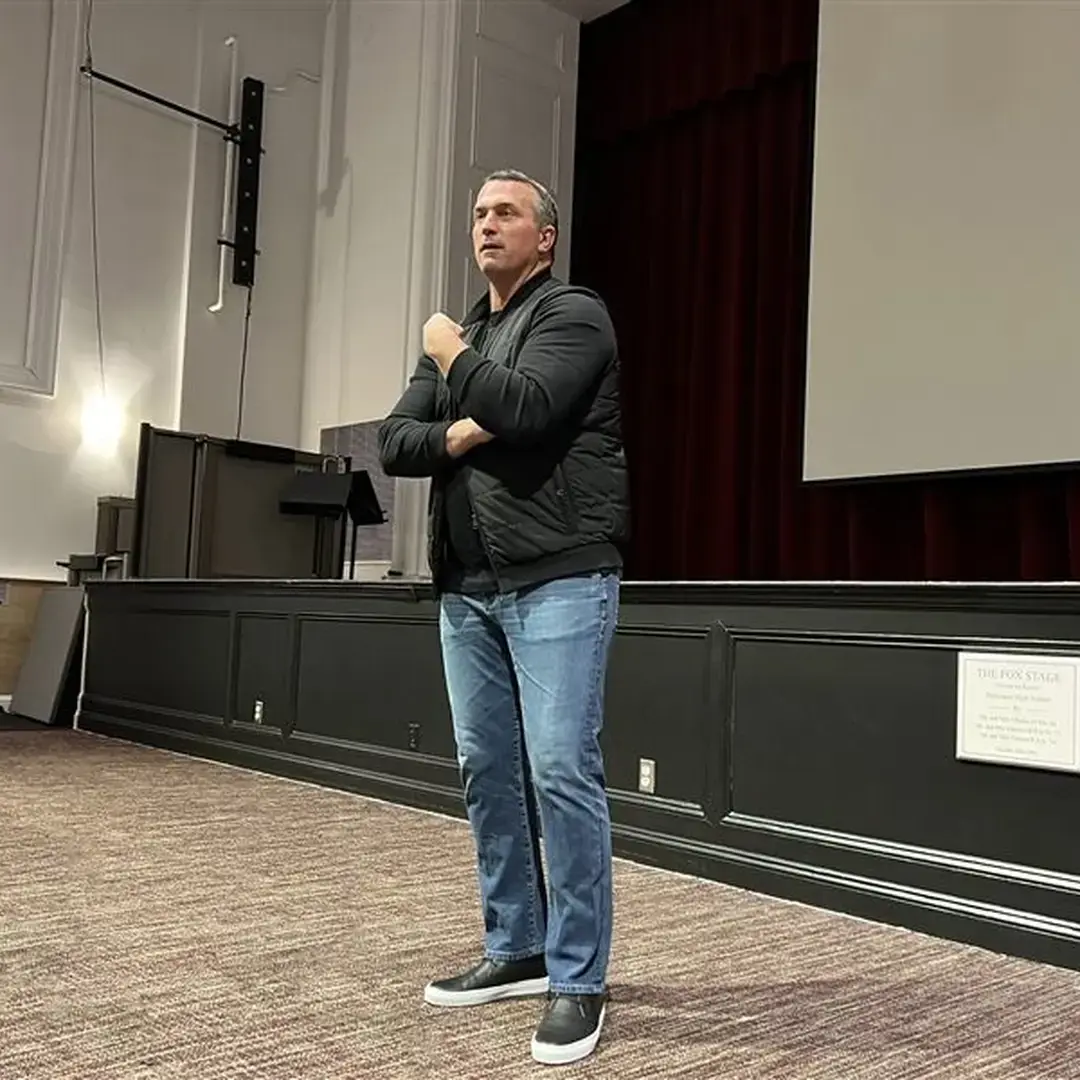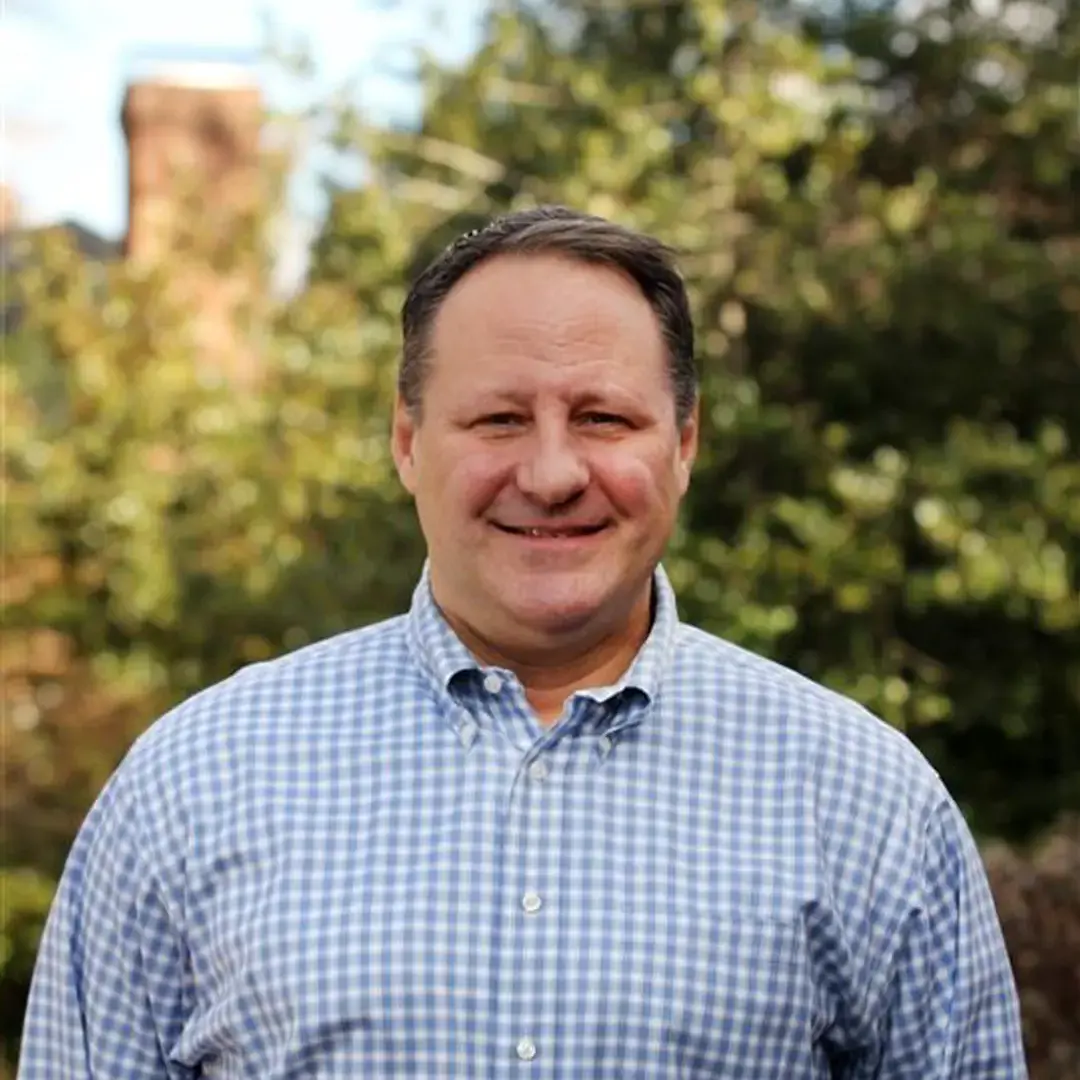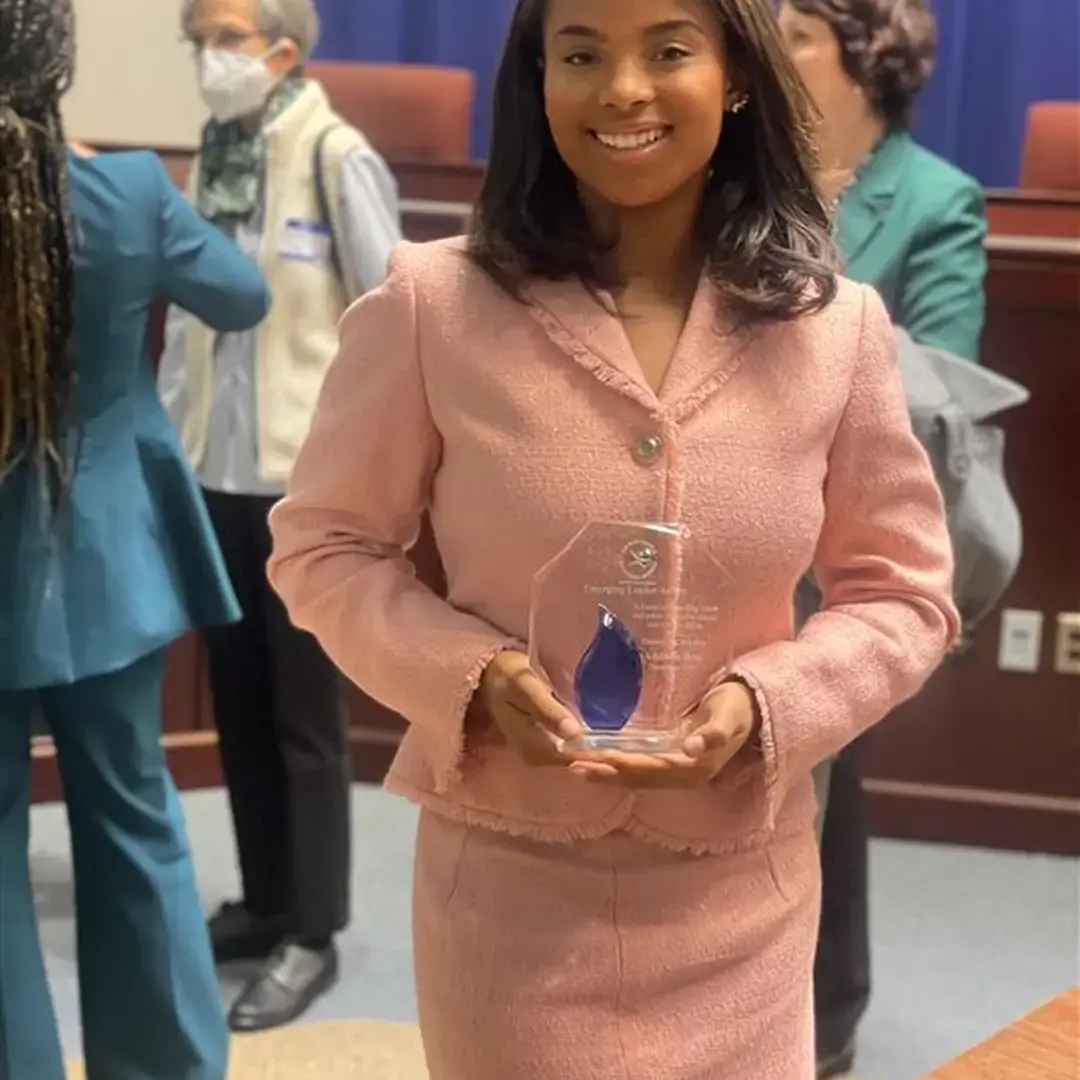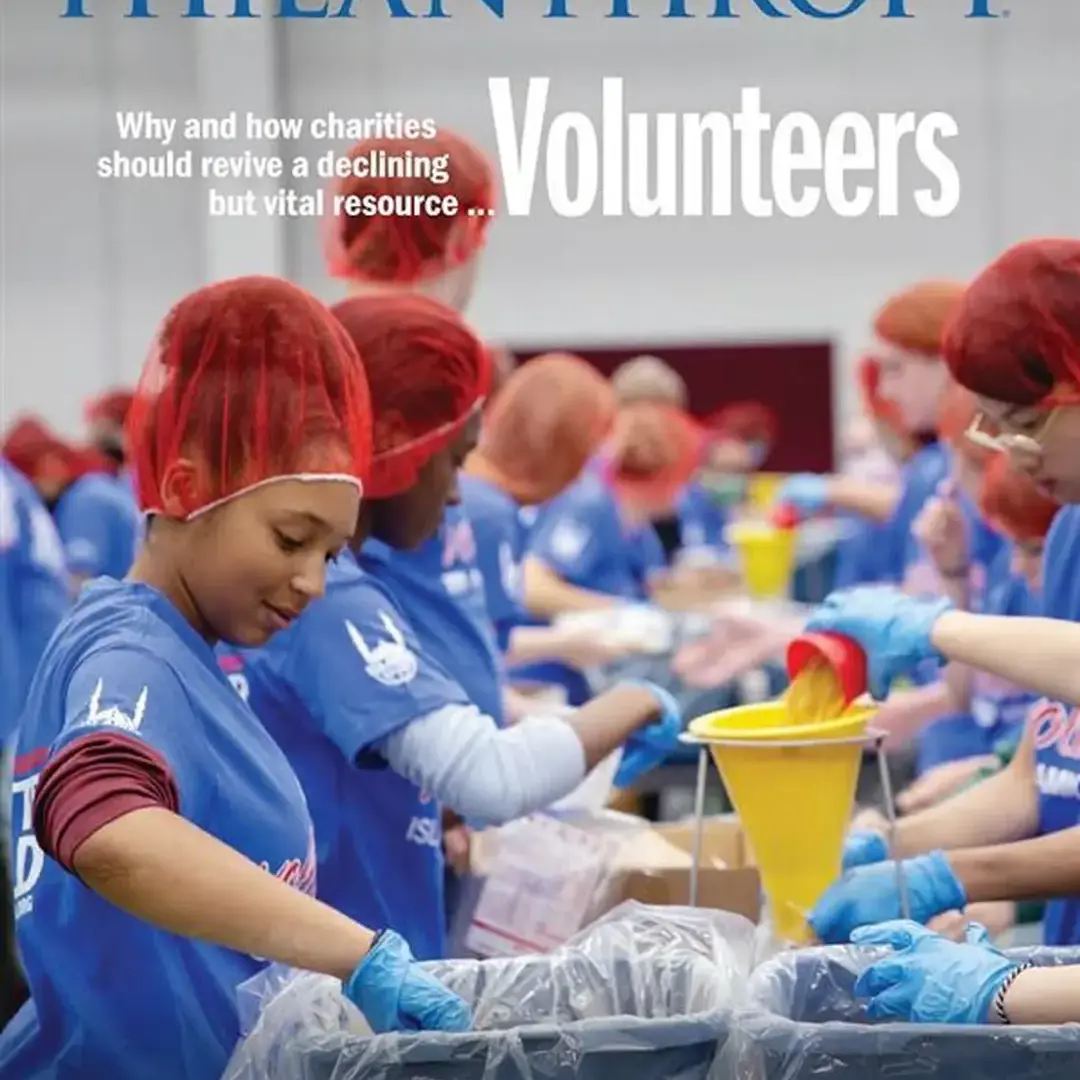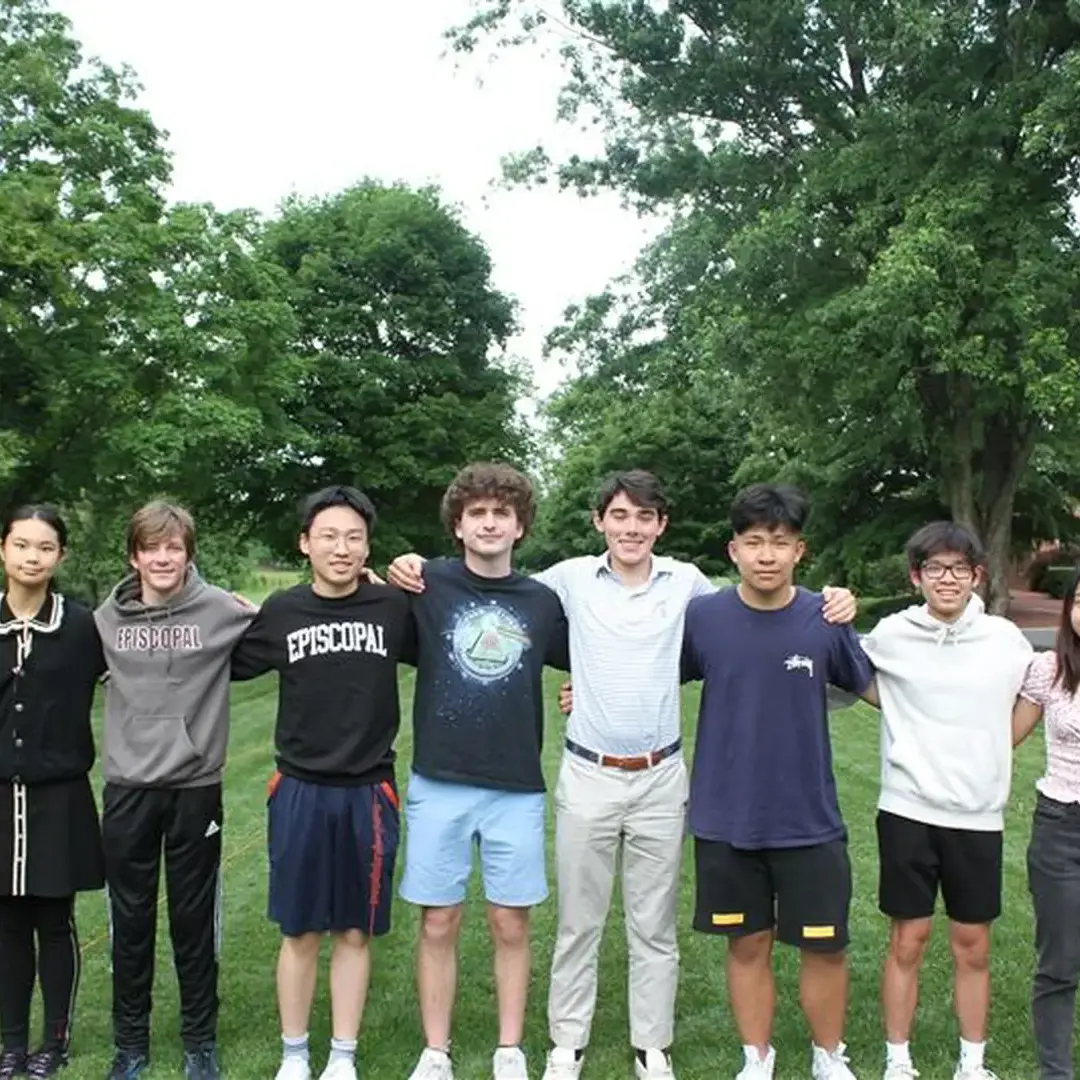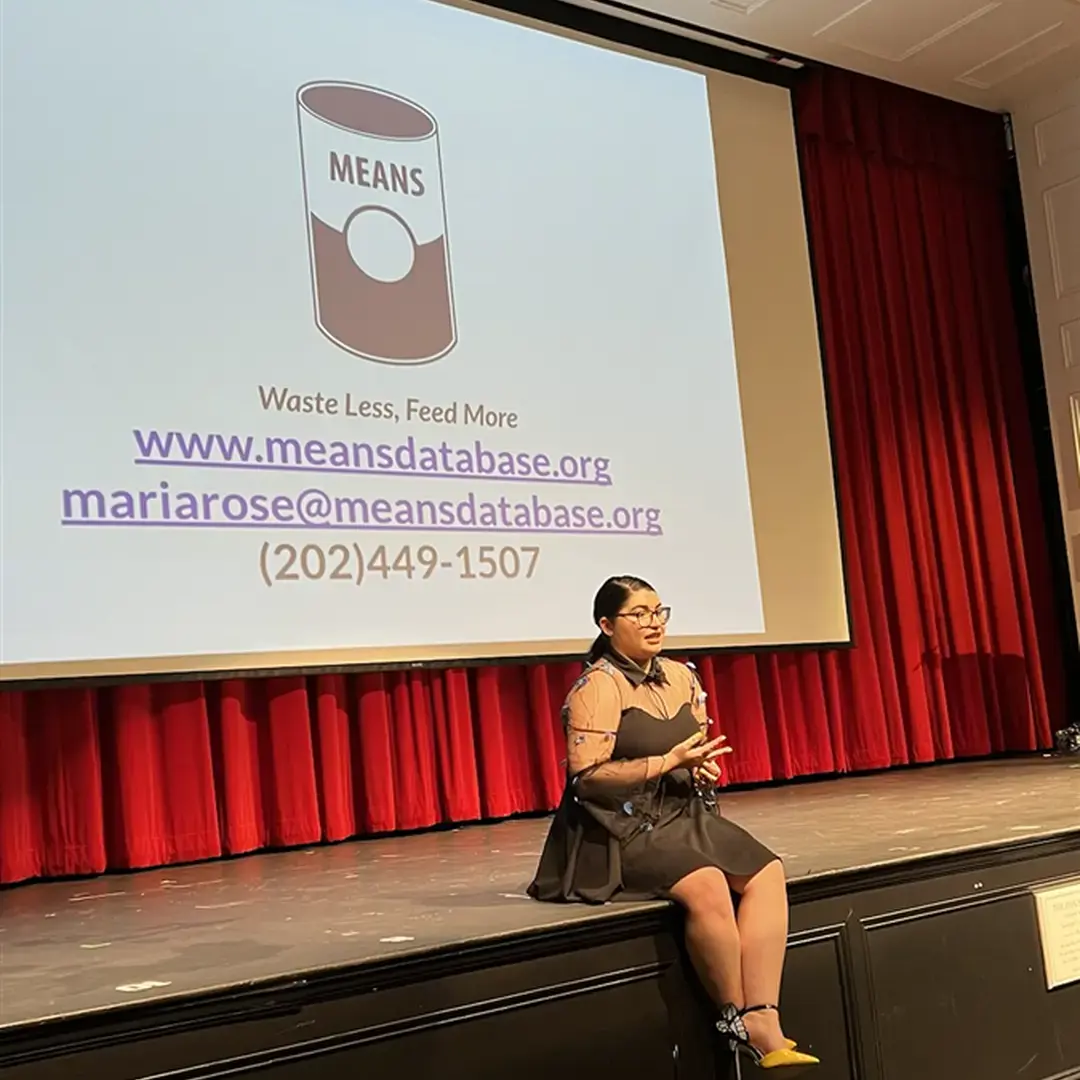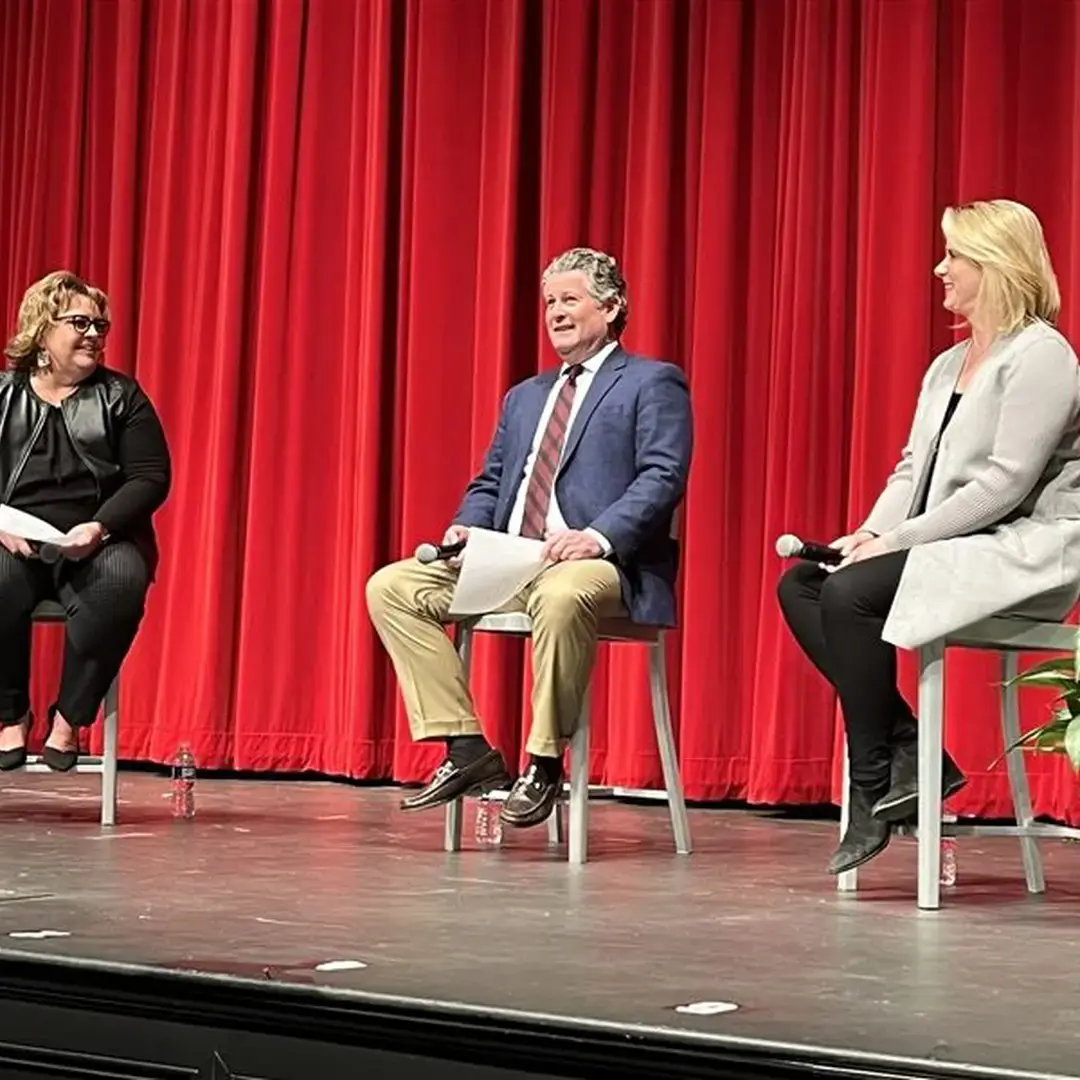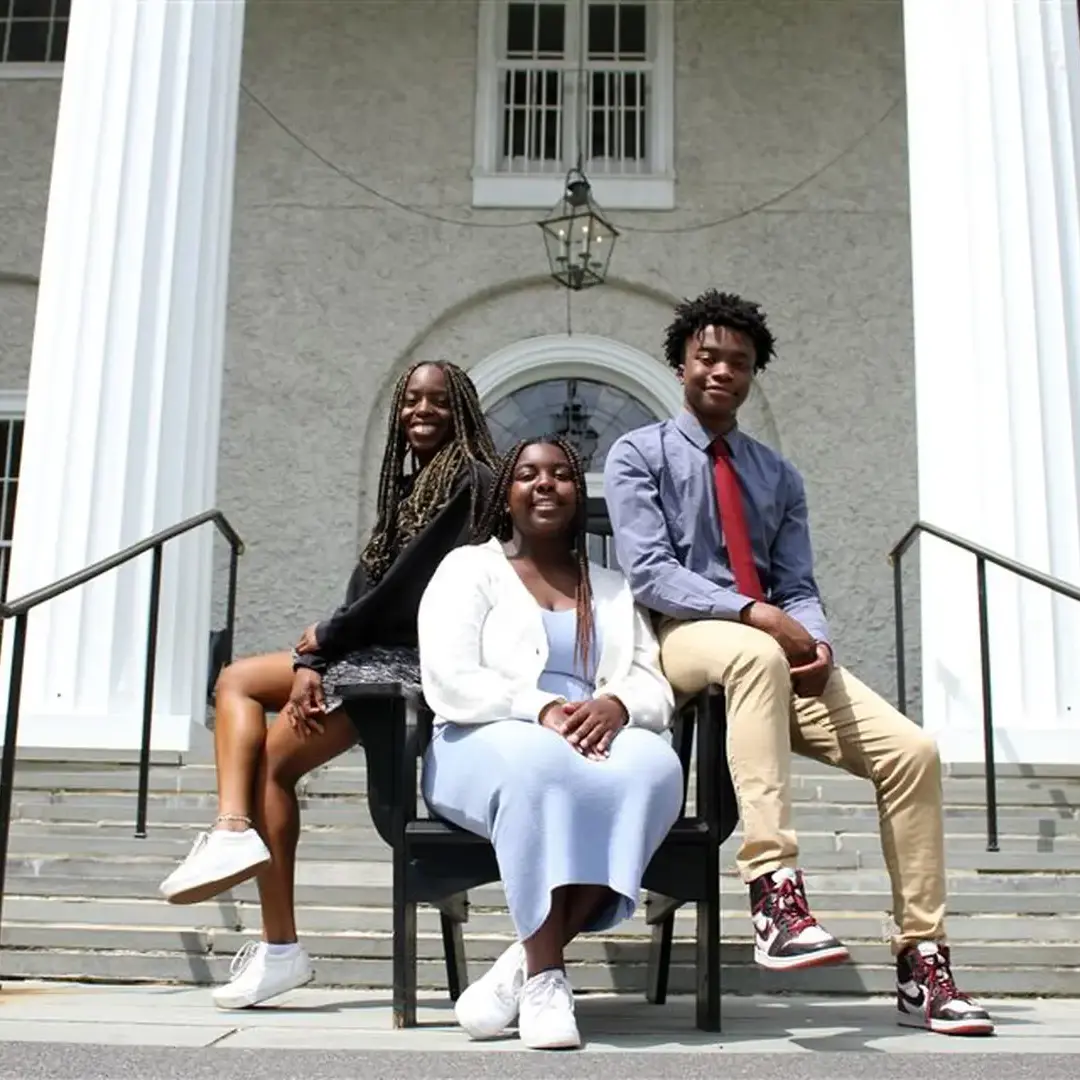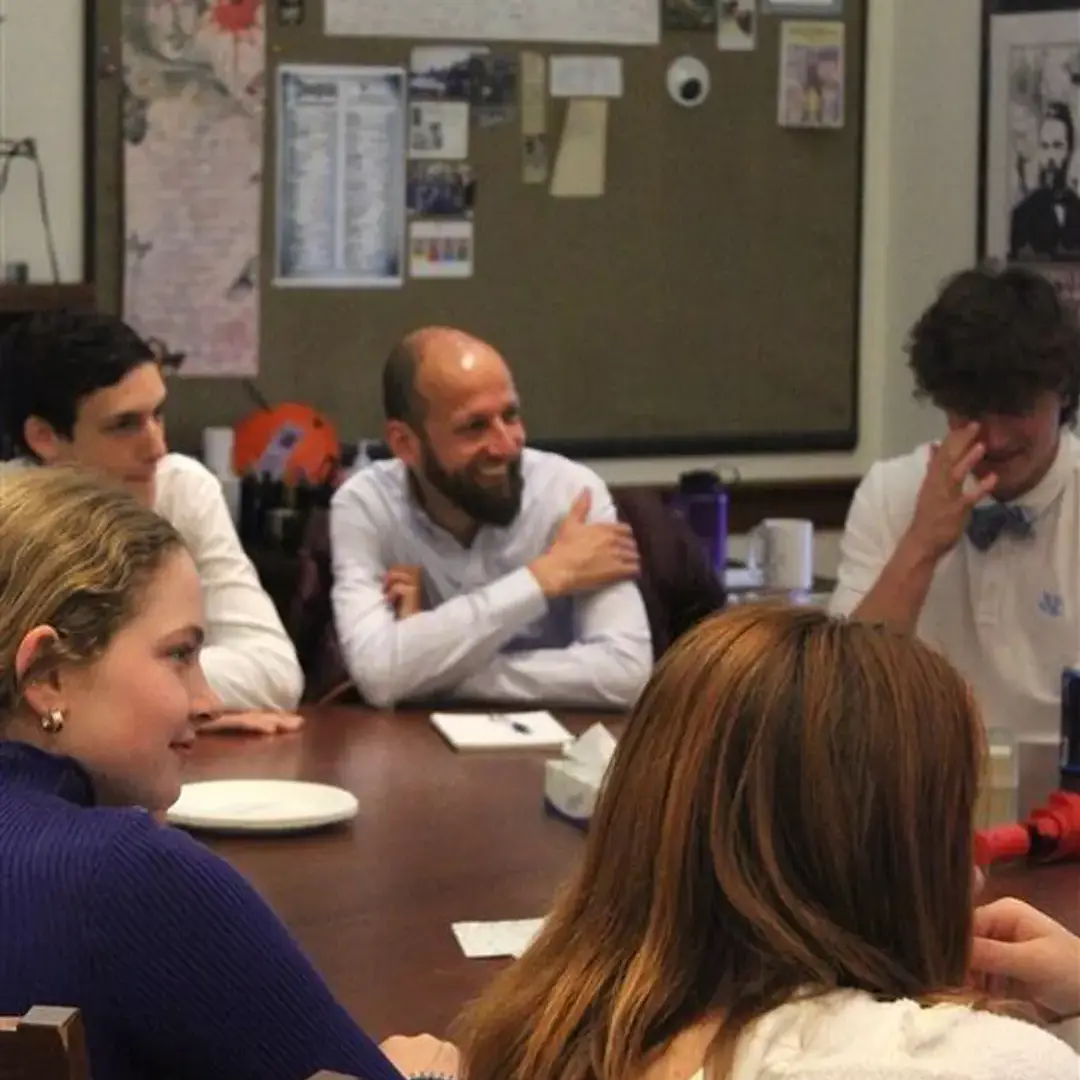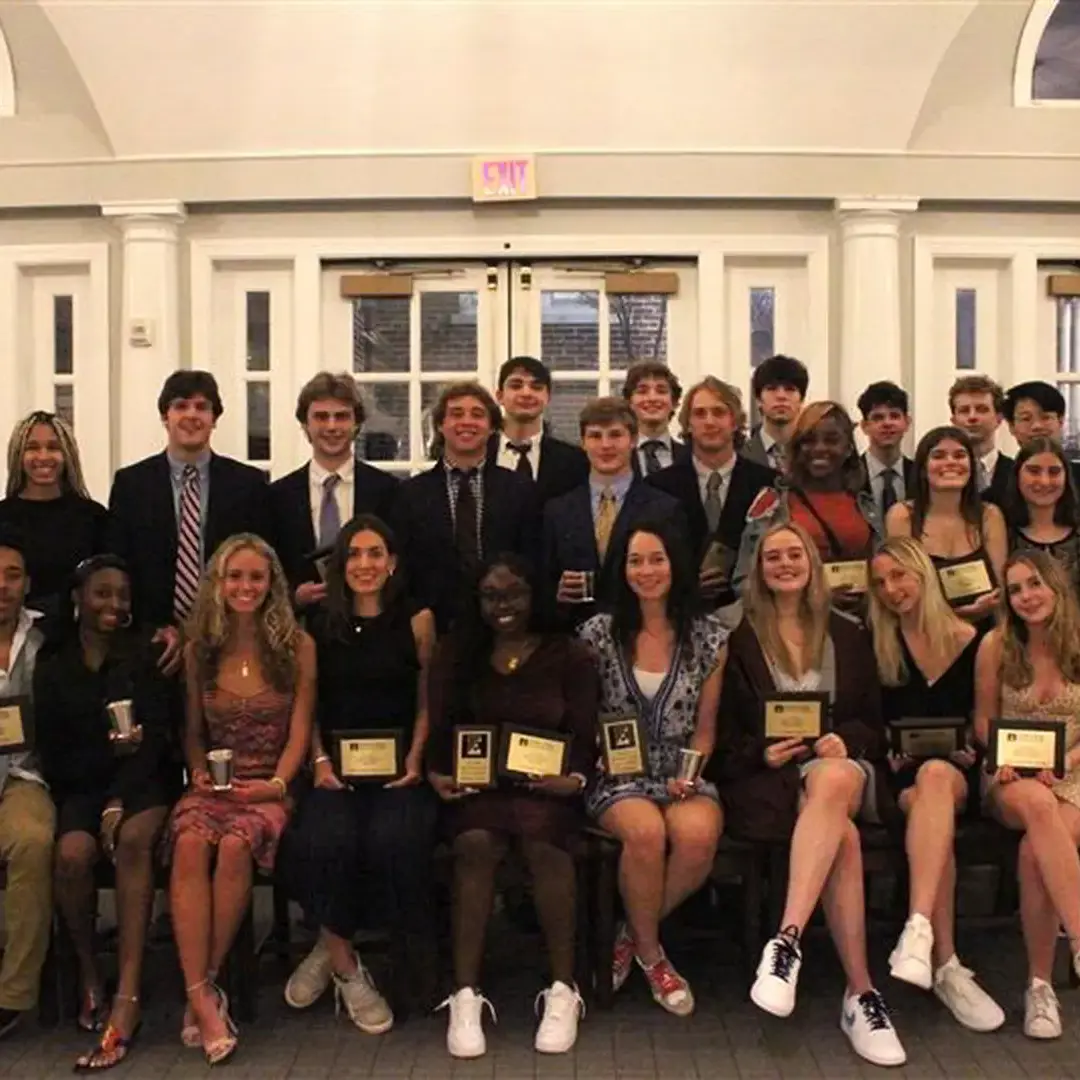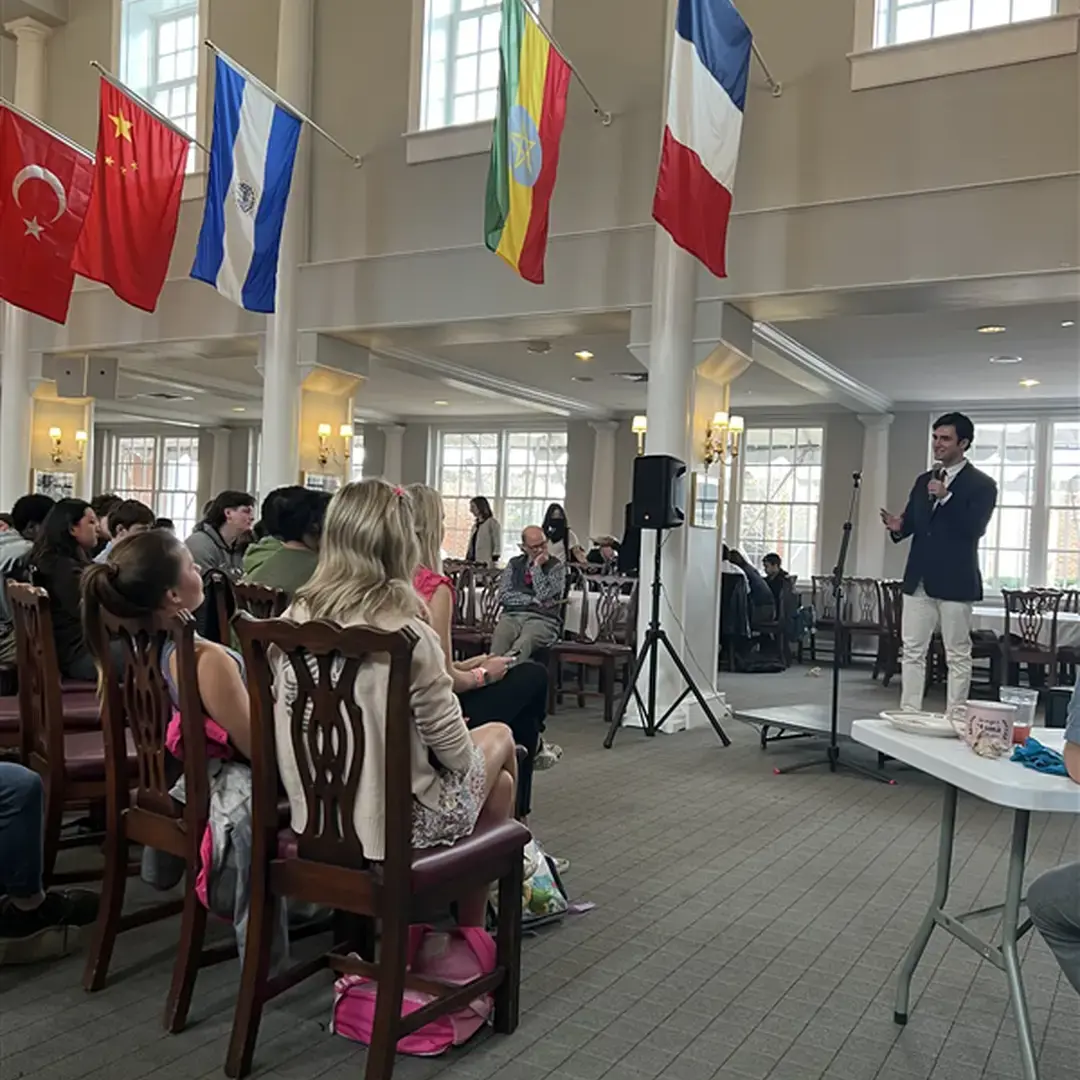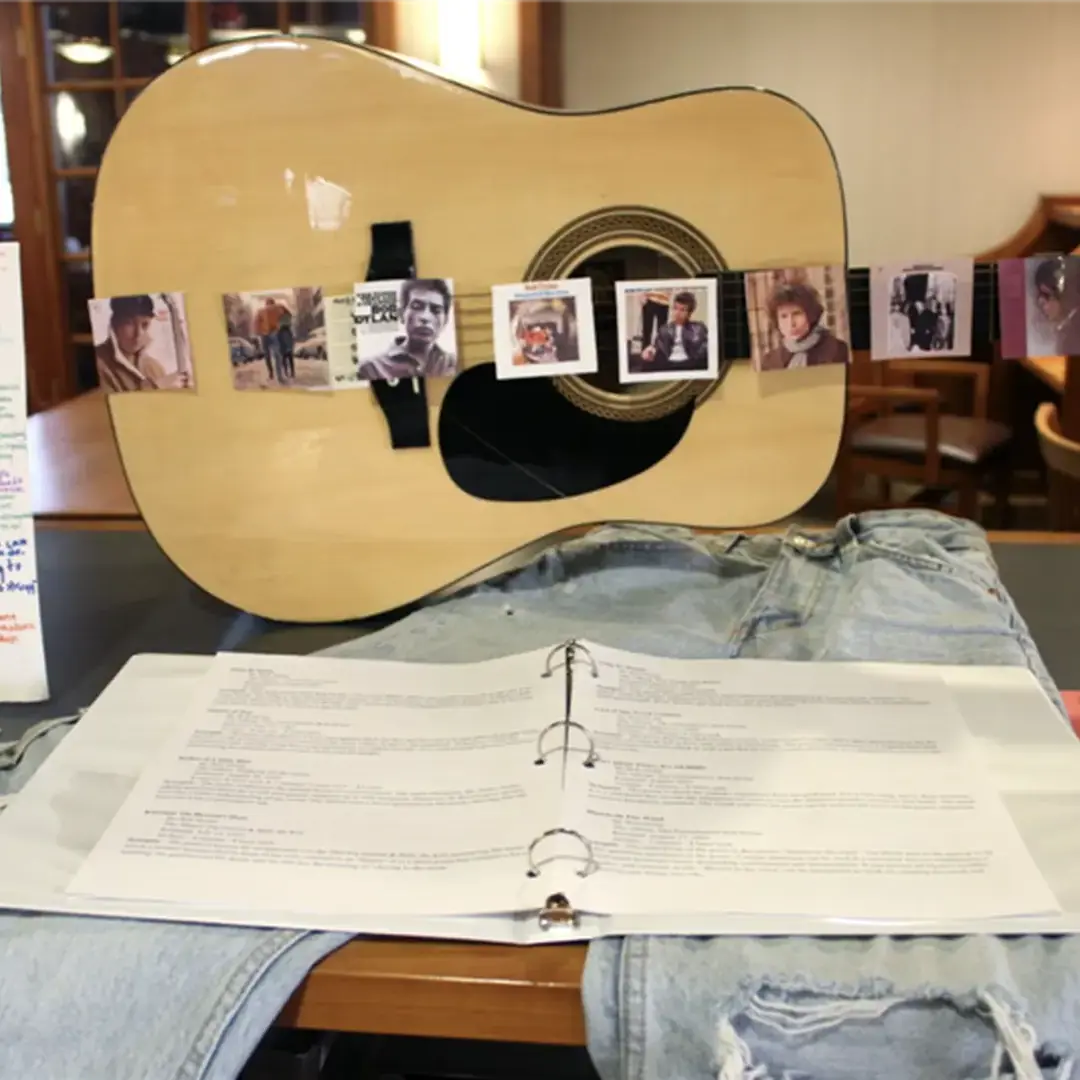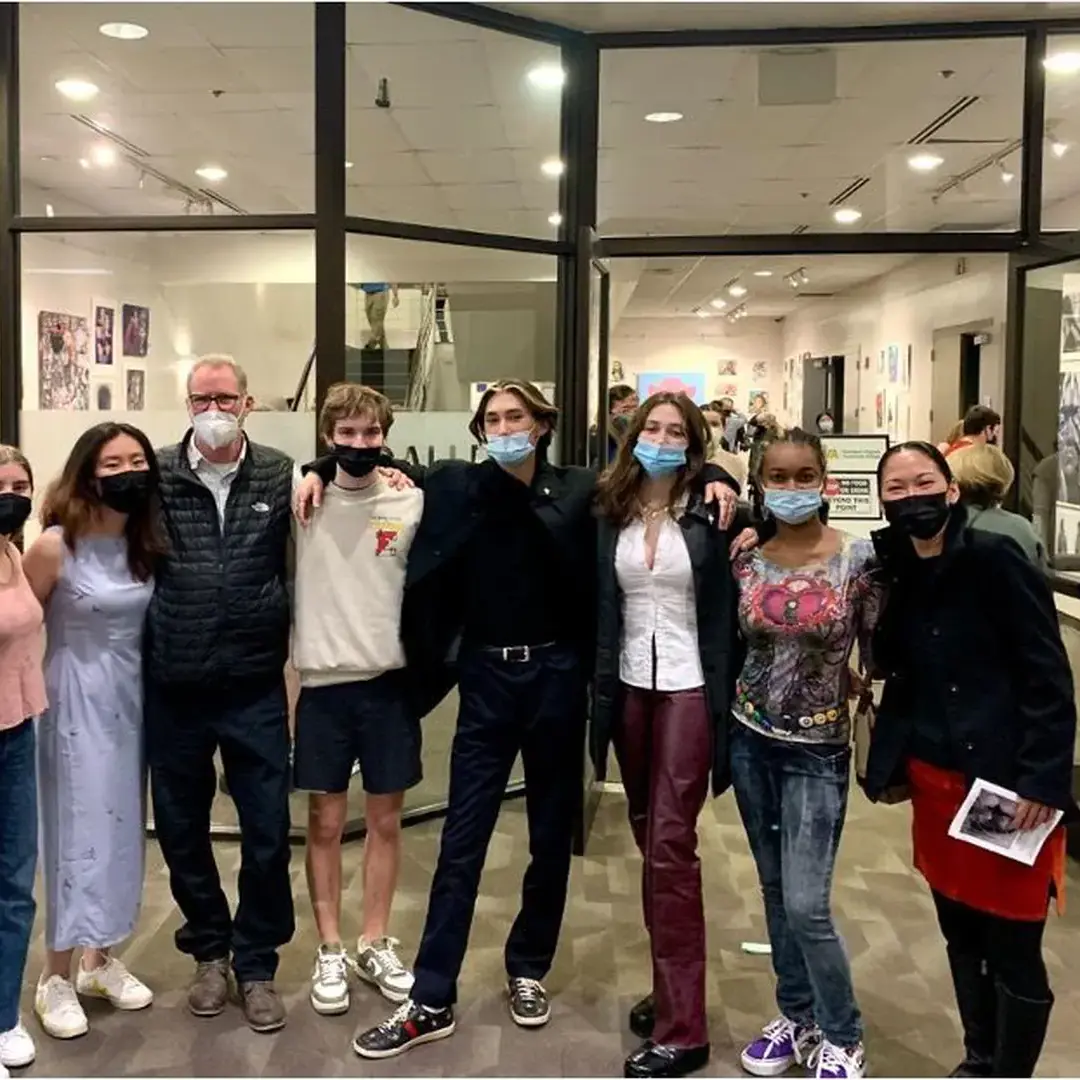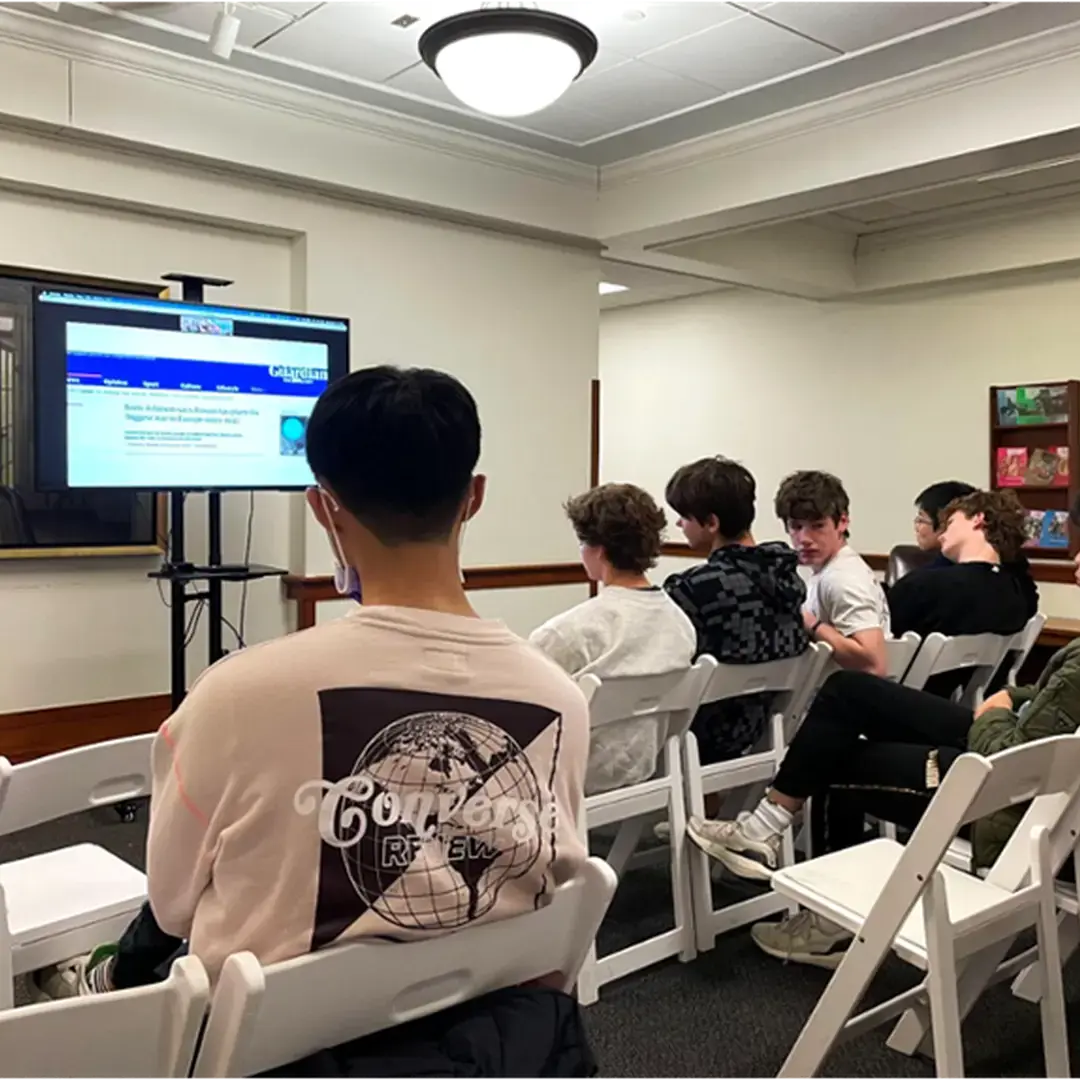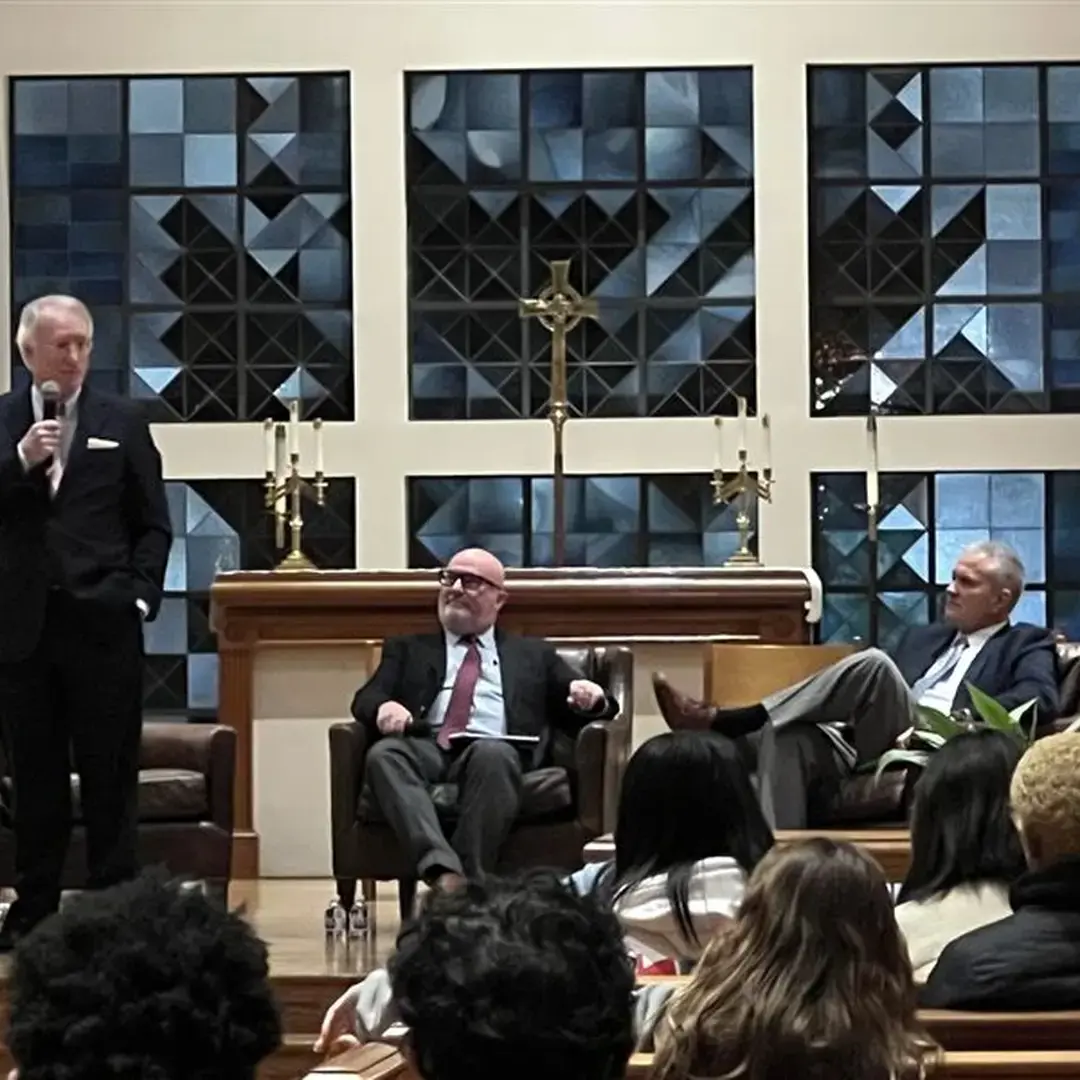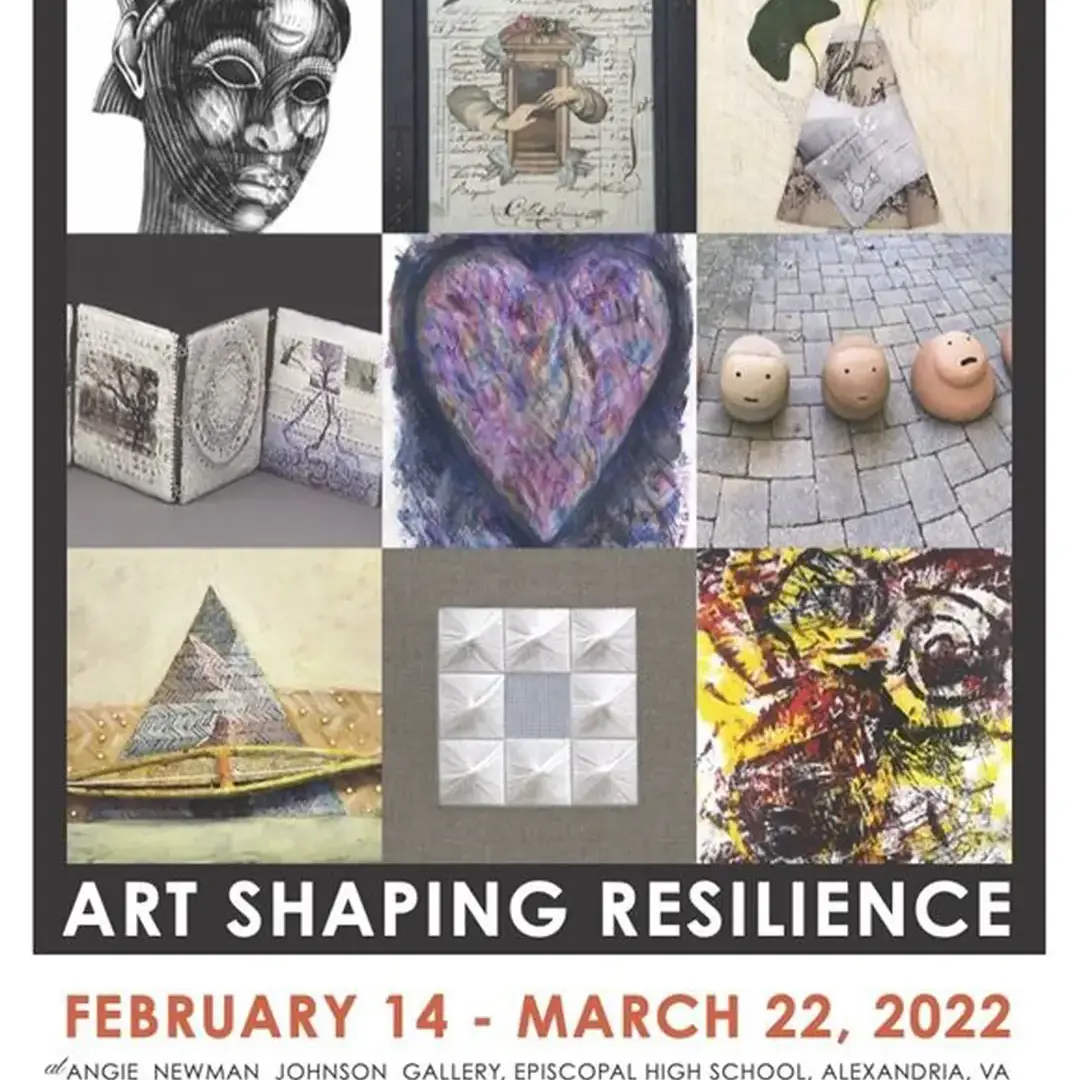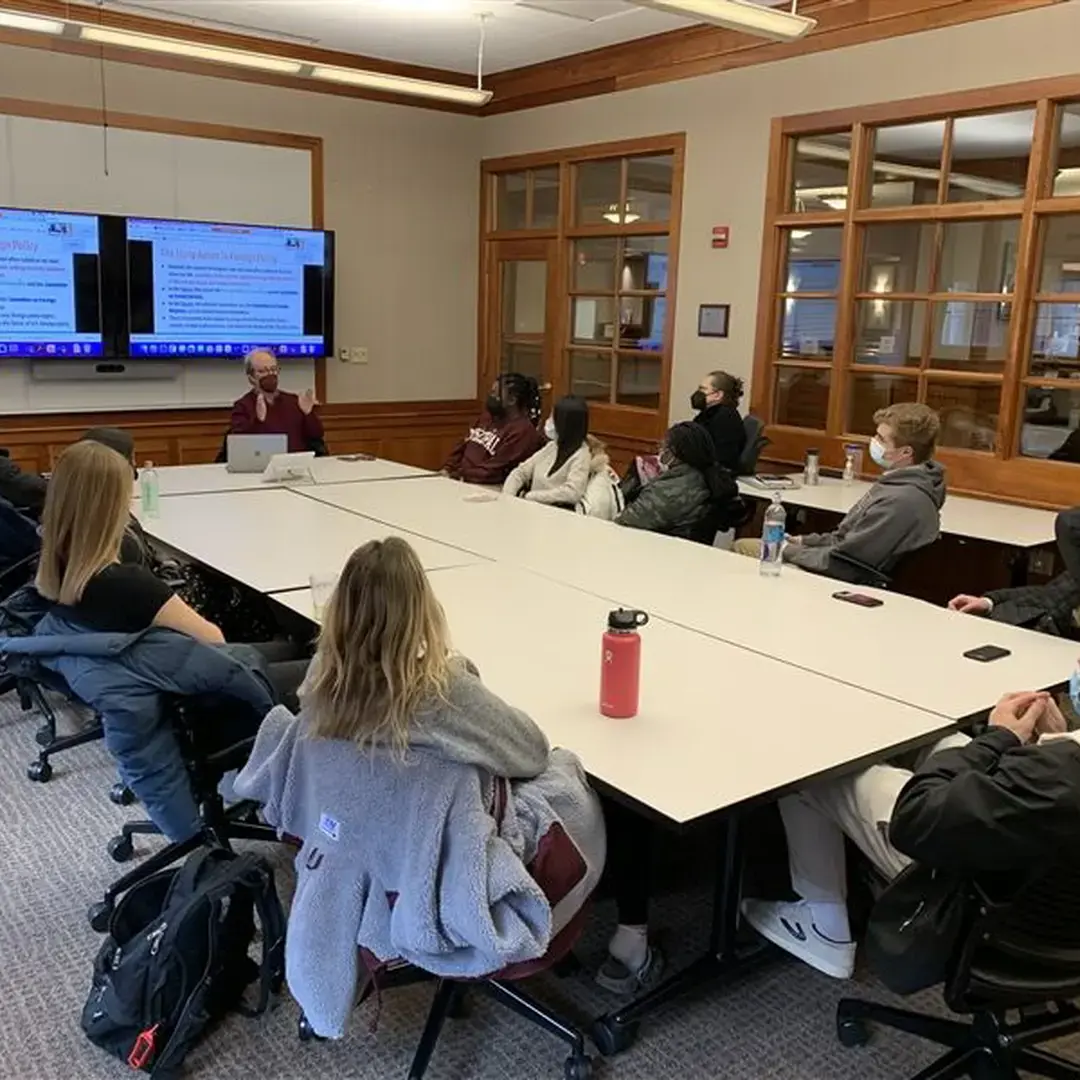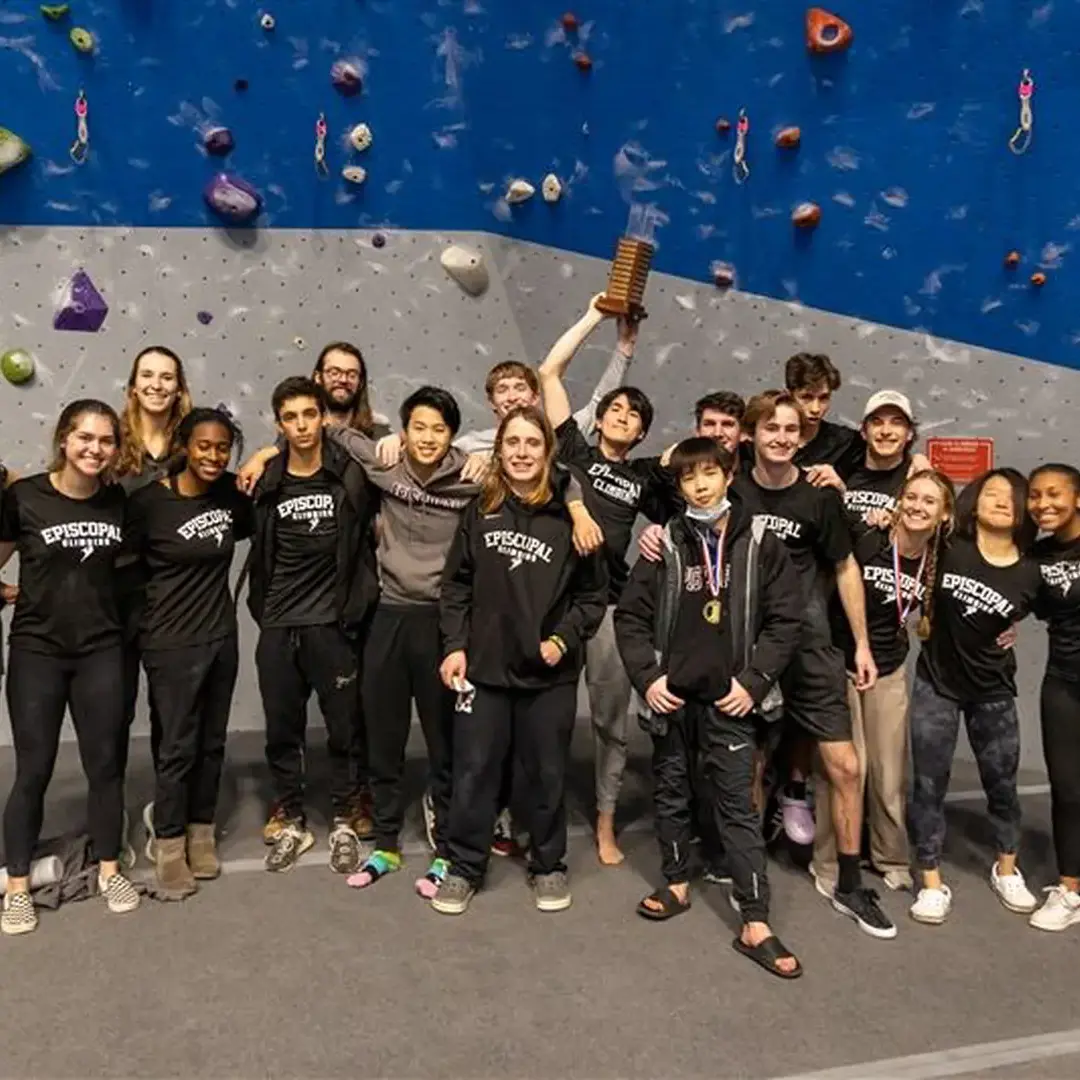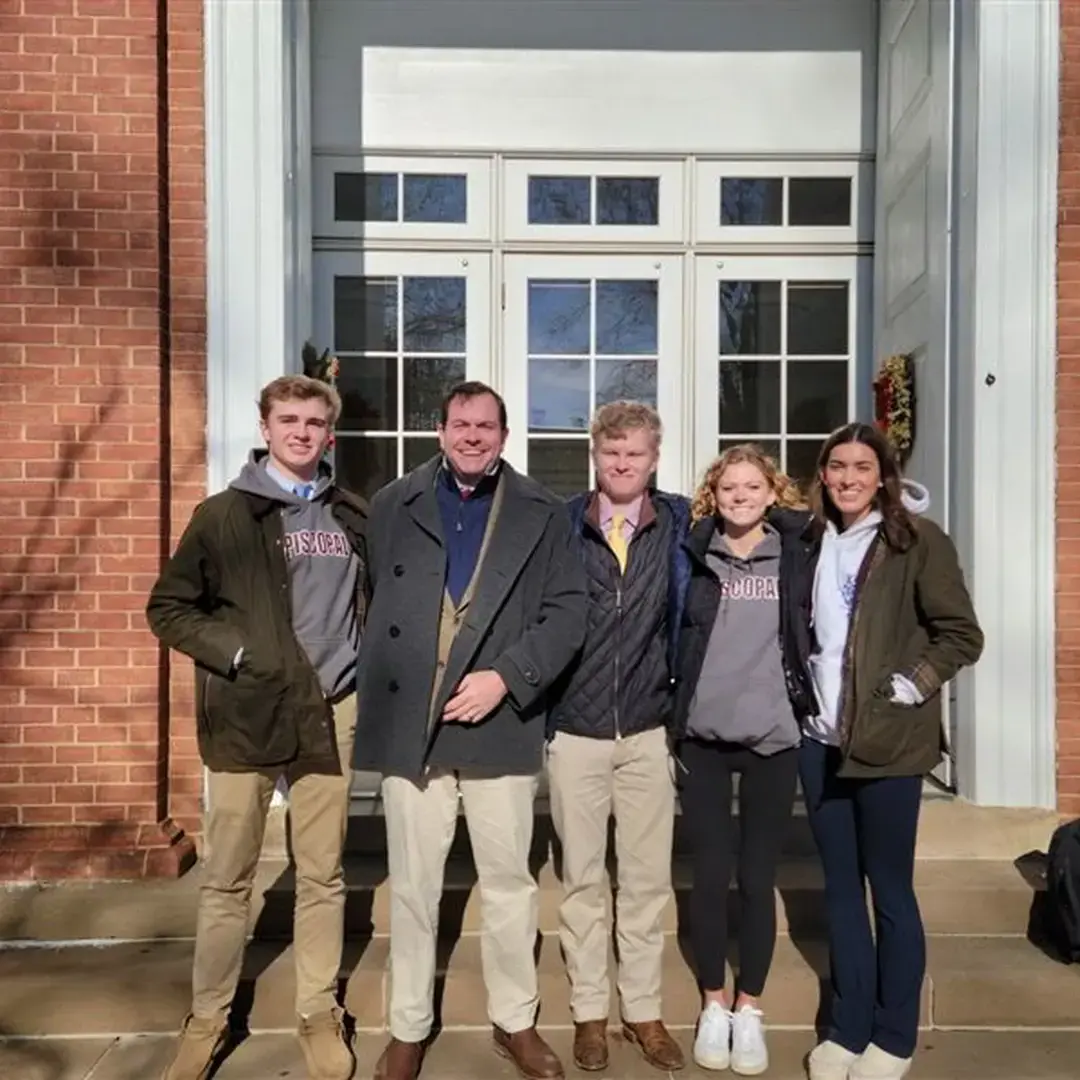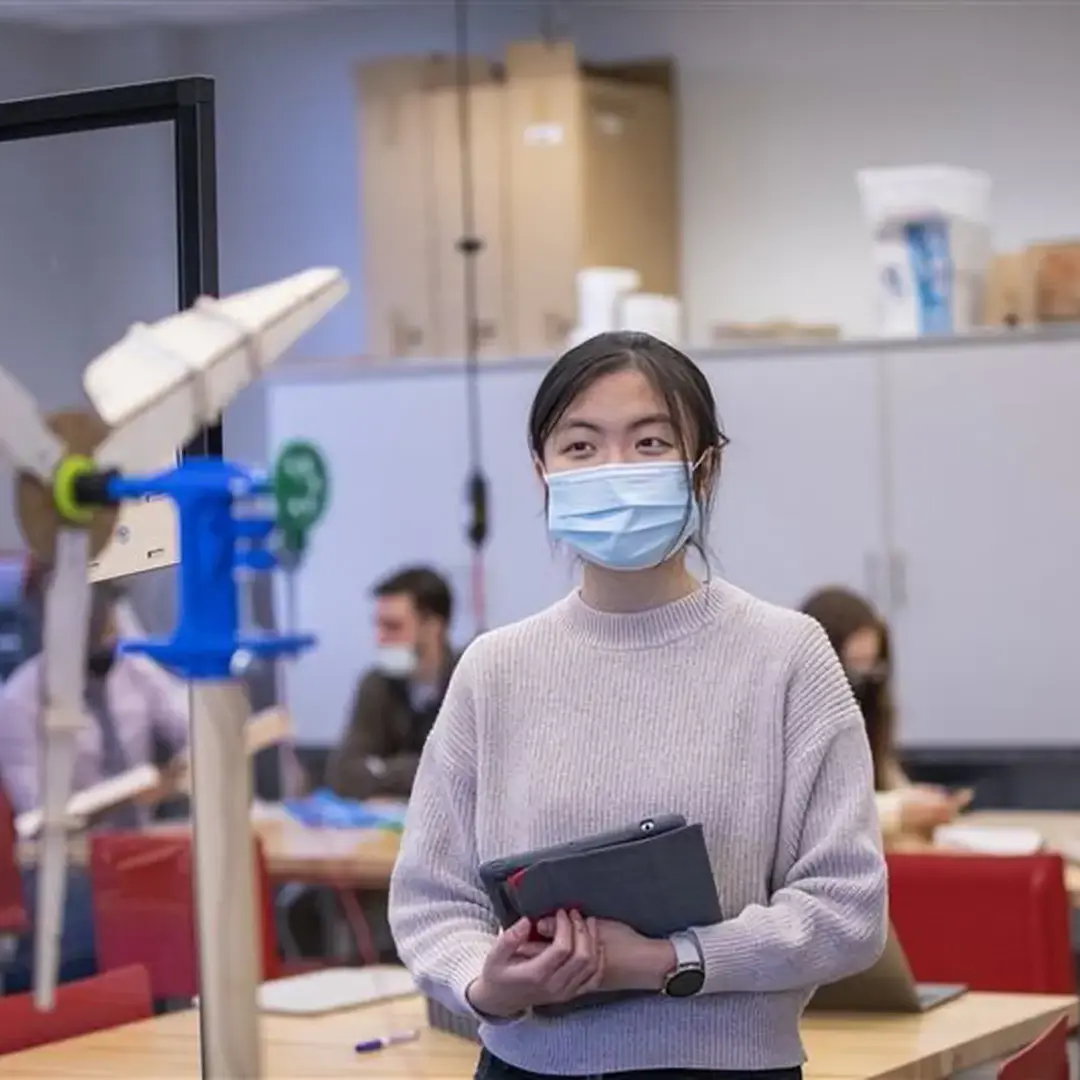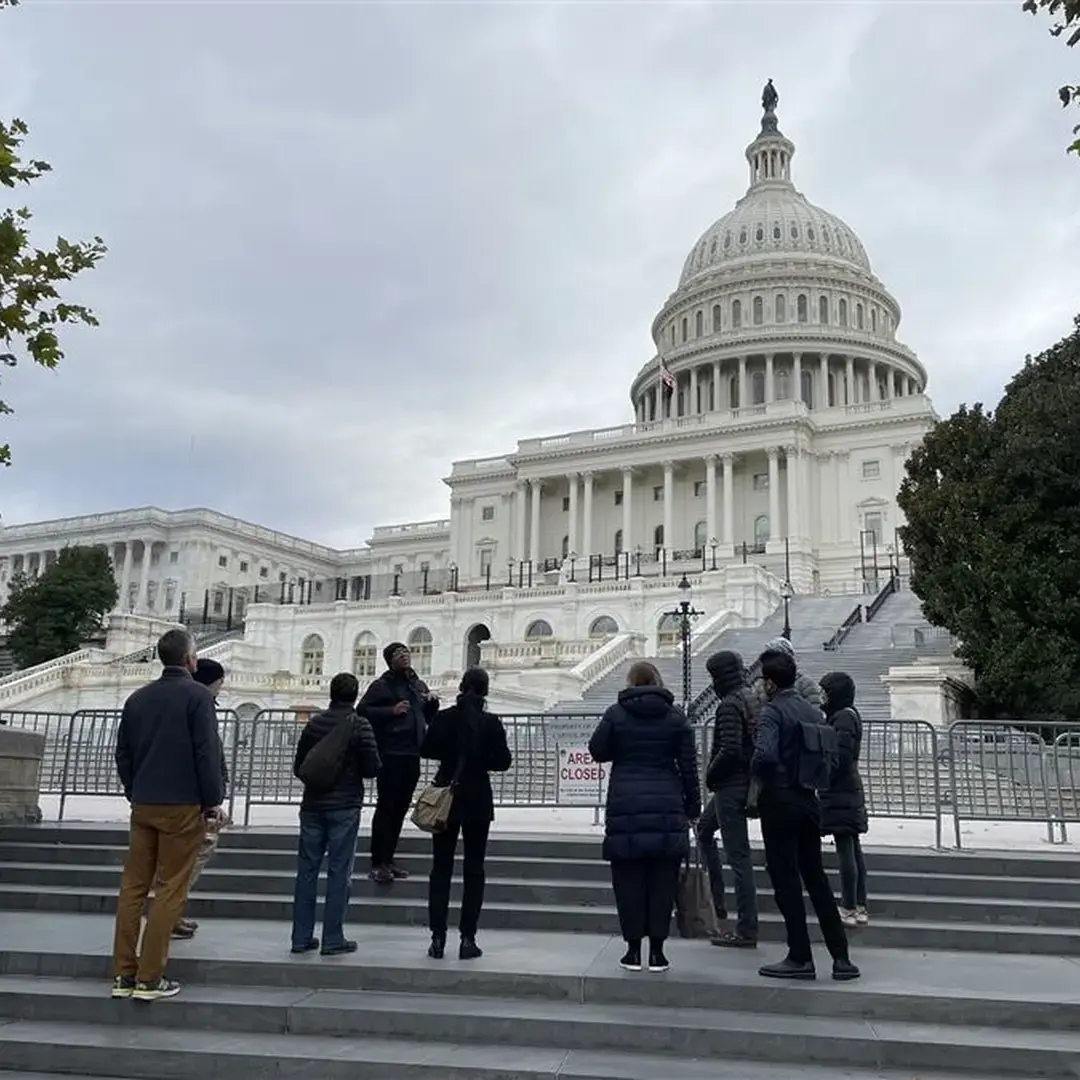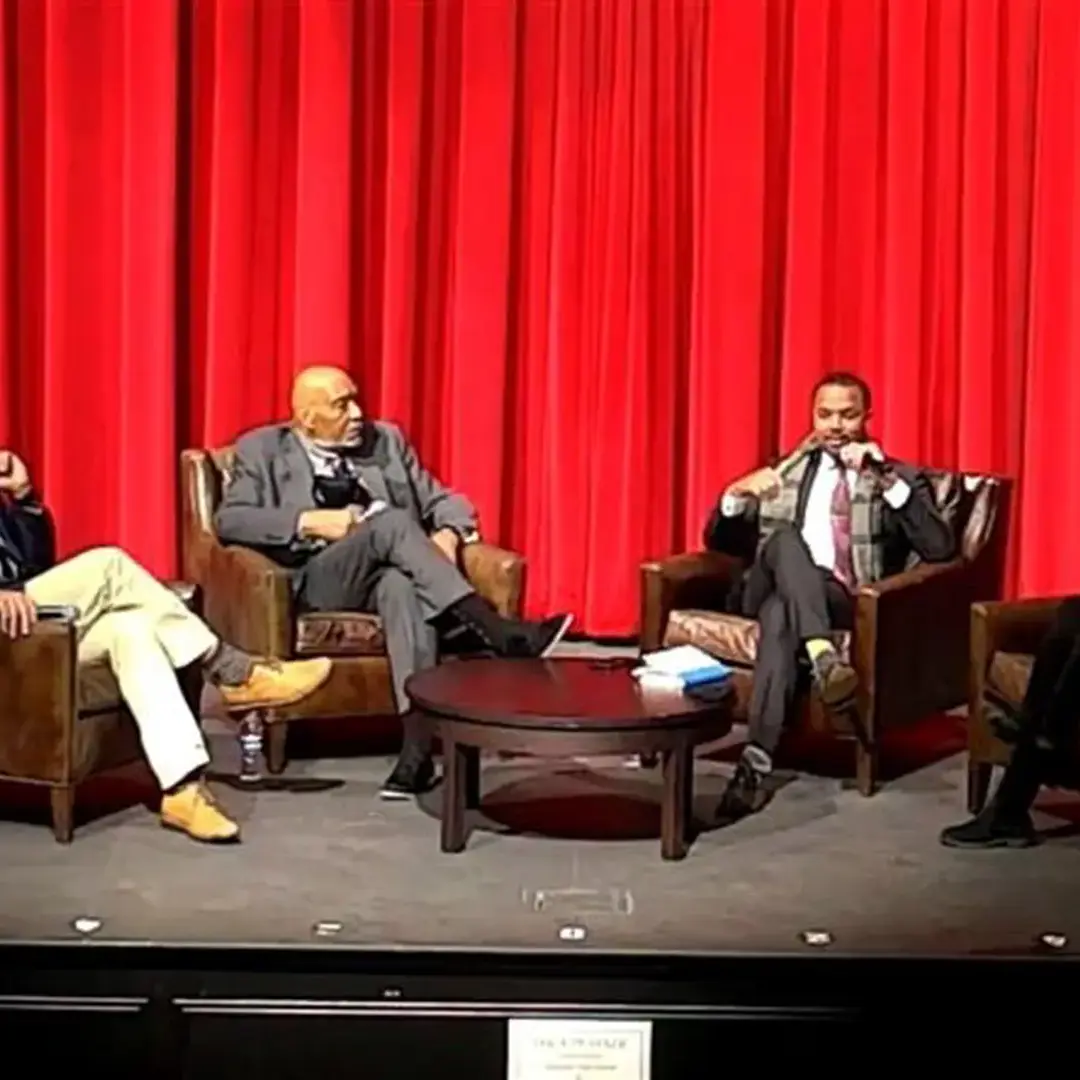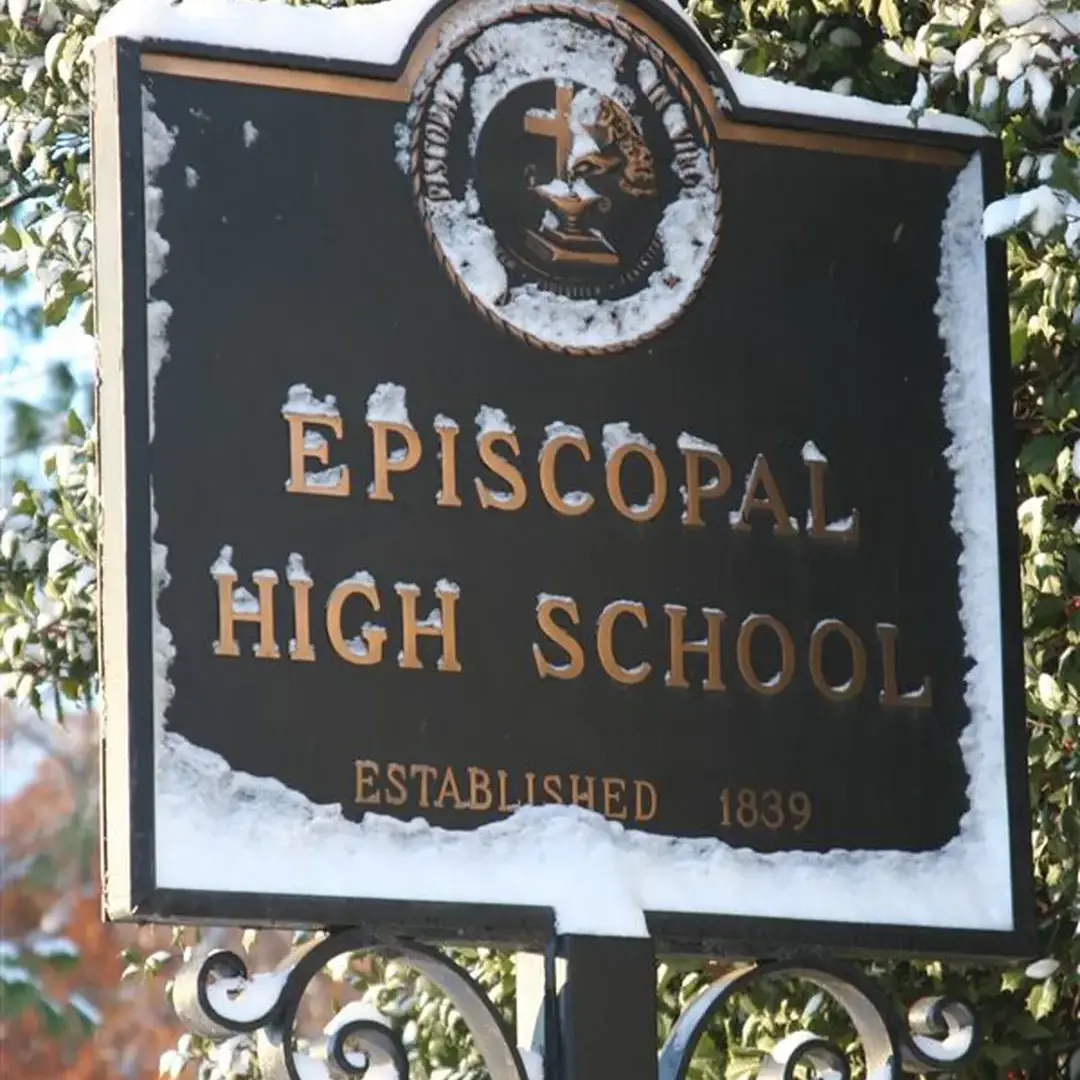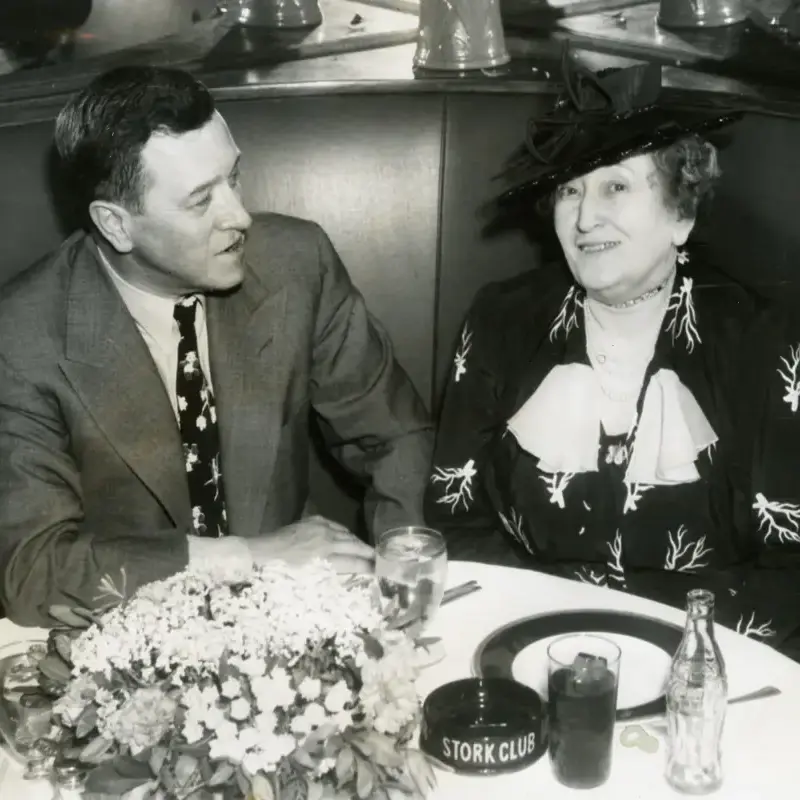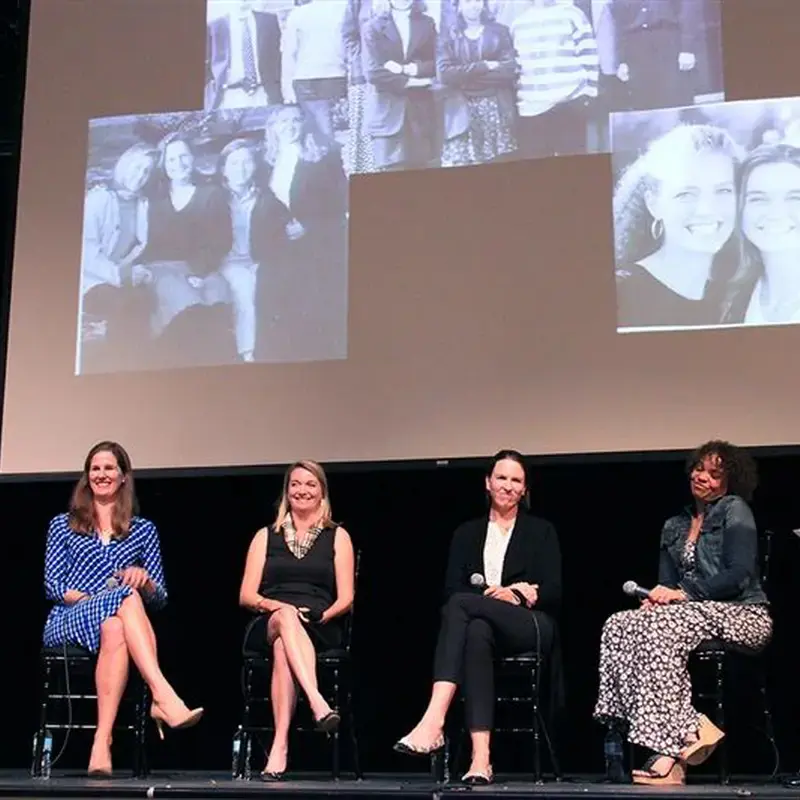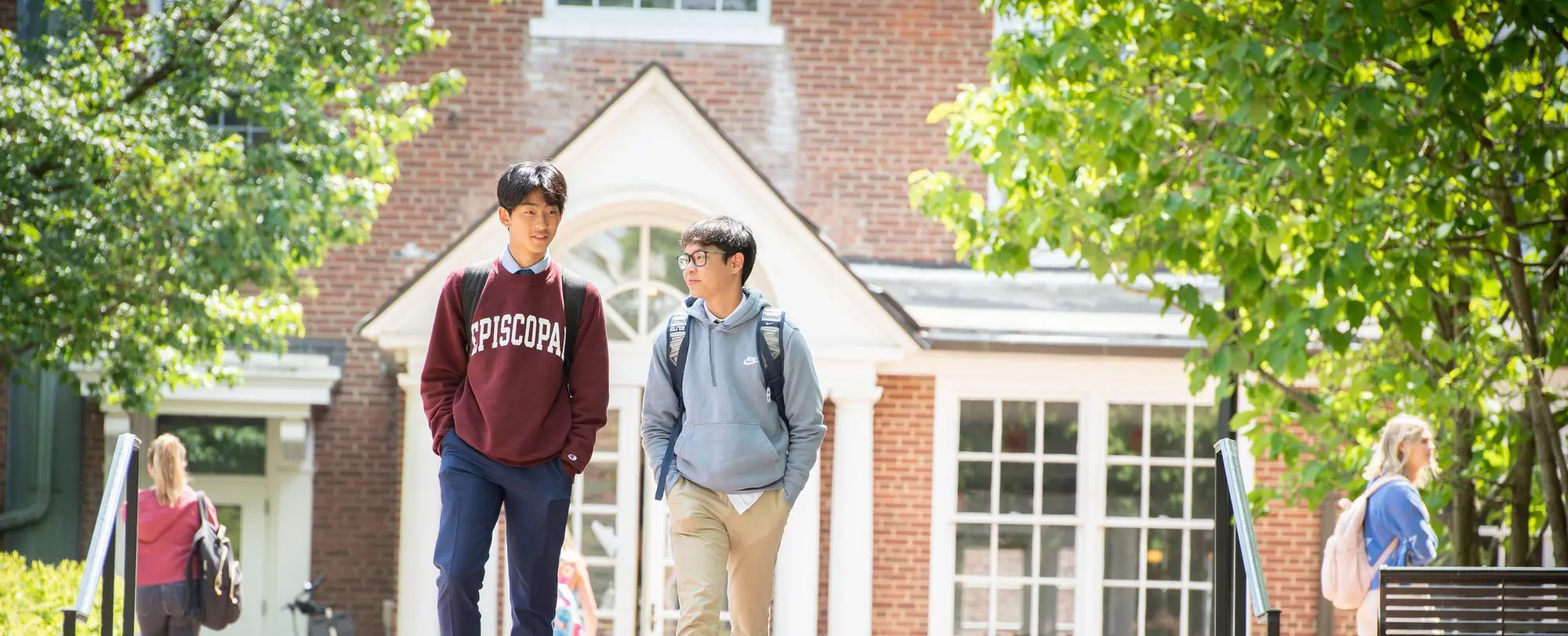TODAY AT EPISCOPAL
See what has been happening on The Holy Hill over the past few months.
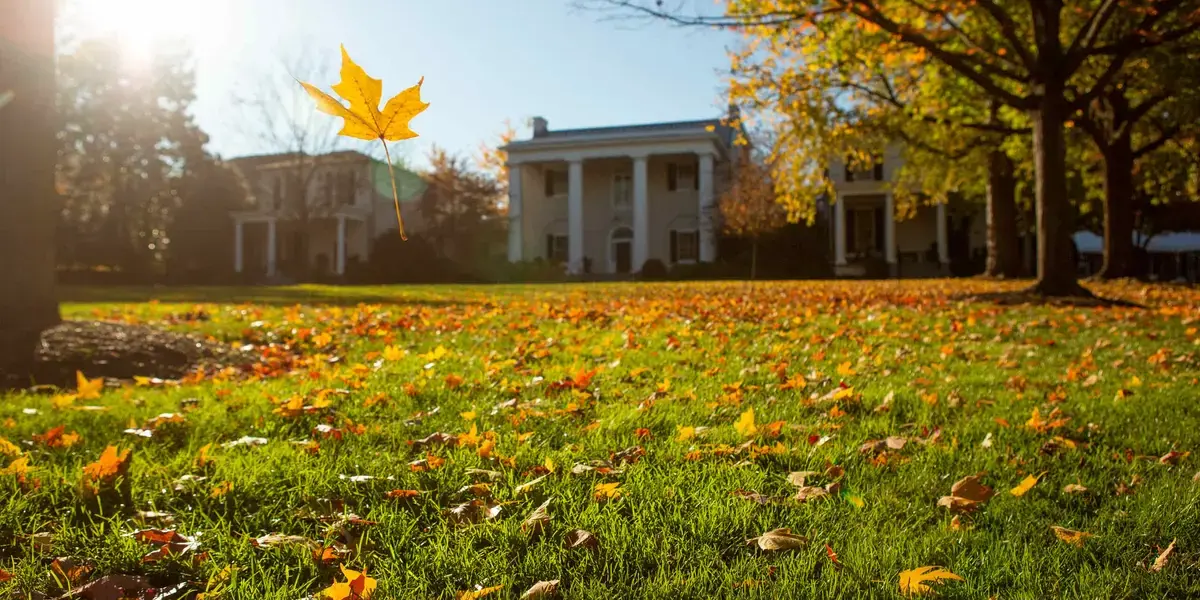
-
Fri, 30 May 2025
Celebrating the Spring Athletics Season
Capping off the season with spirit and reflection, the Spring Athletics Banquet celebrated not only the accomplishments of Episcopal’s athletes, but also the deep sense of camaraderie and connection that comes from training, competing, and living alongside teammates.
-
Fri, 30 May 2025
Courtney Lewis '10
Courtney Lewis ’10 is transforming the way communities connect through food, using her nonprofit Err’body Eats to fight food insecurity, empower youth, and nourish change from the ground up.
-
Tue, 29 Apr 2025
Students Don Diplomatic Roles at Model UN
At the annual AmeriMUNC conference at American University, 15 Episcopal students embraced the challenge of diplomacy—engaging in high-level debate, navigating complex global issues, and building confidence and collaboration as part of a dynamic, student-led Model UN experience.
-
Tue, 29 Apr 2025
French Exchange Students Arrive on Campus
As part of Episcopal’s longstanding exchange with Stanislas in Paris, 12 French students spent several weeks immersed in life on the Holy Hill—exploring Washington landmarks, sharing in campus traditions, and forging lasting cross-cultural friendships that continued this summer when EHS students traveled to Paris for the second leg of the exchange.
-
Tue, 29 Apr 2025
Announcing the 2025-26 Student Leaders
As the school year comes to a close, Episcopal proudly celebrates the election of its 2025–26 student leaders, with Callaway Chapel erupting in cheers as Charles Fischer ’26 was named Head Monitor, pledging to uphold and exceed the School’s core values through his leadership.
-
Wed, 23 Apr 2025
Episcopal’s Spring Choral Concert Showcases Baroque Masterpieces
Episcopal’s Concert Choir joined forces with the National Chamber Players and guest soprano Erinn Sensenig for a moving Baroque performance that united students, faculty, and community in a shared celebration of music’s enduring power.
-
Fri, 28 Mar 2025
Student Artists Join World-Class Musicians on Stage
Each year, the J. Walker Symposium honors John Luther Walker Jr. ’54 through the power of live music—and this year’s collaboration between the National Chamber Players and Episcopal’s advanced arts students transformed the tradition into a breathtaking fusion of sound and visual storytelling that left a lasting impression on all who witnessed it.
-
Tue, 25 Mar 2025
Celebrating the Winter Athletics Season
Earlier this month, Episcopal’s varsity athletics teams gathered in Laird Dining Hall for the Winter Athletics Banquet to celebrate a season of hard work, growth, and community, highlighted by inspiring remarks from boys’ swimming MVP Mazen Ikuma Asad ’25 and a heartfelt tribute to Coach Steve Castle’s 33 years of leadership and success with the wrestling program; congratulations to all the award winners across sports for their dedication and achievements!
-
Sun, 02 Mar 2025
Students Dive Into EHS History and Archives
Tennis Captain Peter Howell was able to do something that has not been done in at least fifteen years. Playing at number one singles, he was undefeated for the entire season.
-
Tue, 25 Feb 2025
Announcing The Ed Rice Throwing Circles
Episcopal dedicates new track and field throwing circles to longtime coach Ed Rice, honoring his decades of leadership and impact.
-
Mon, 24 Feb 2025
EHS Theater Gets Creepy and Kooky
With humor, heart, and a whole lot of spooky charm, EHS Theater’s production of The Addams Family brought students together to create more than just a show — they built a family on and off the stage.
-
Mon, 10 Feb 2025
Rev. Danté Stewart Serves as 2025 Theologian-in-Residence
As the 2025 Theologian-in-Residence, Rev. Danté Stewart immersed himself in campus life, inspiring students with his presence, energy, and unwavering belief in showing up for young people.
-
Thu, 06 Feb 2025
Strengthening Community Partnerships
EHS, APD, and ACHS Join Forces in Creating Satellite Office.
-
Fri, 31 Jan 2025
Poet Hilary King Visits Students
Poet Hilary King visited campus on January 31 to read from her new collection, Stitched On Me, and speak with students about her writing and career.
-
Thu, 23 Jan 2025
Sounding the ‘Trumpet of Conscience:’ Episcopal Honors Martin Luther King Jr. in Ninth Symposium
Head of School Charley Stillwell joins students in preparing meal packages during MLK Day of Service.
-
Mon, 13 Jan 2025
Students Explore Aerospace at YPSE
Rocky Jiang ’27 presented at the YPSE Aerospace Conference in November.
-
Mon, 25 Nov 2024
Junior Coever Dixon Separates Fact from Fiction
Junior Coever Dixon ’26 empowered freshmen with tools to navigate misinformation during her “News Smarts” presentation, sharing research tips and resources to help them become thoughtful, digitally literate citizens.
-
Mon, 25 Nov 2024
Capping Off an Impressive Fall Athletics Season
From a championship title in boys’ soccer to top league finishes across the board, the fall athletics banquet celebrated a season defined by success, resilience, and community spirit—capping off an unforgettable chapter for Episcopal’s fall teams.
-
Fri, 01 Nov 2024
Planning for Election Day & Inauguration
Episcopal continues its long tradition of civic engagement with thoughtful, nonpartisan programming around the 2024 Presidential election and upcoming inauguration, offering students opportunities for learning, respectful dialogue, and direct participation in the democratic process.
-
Sat, 19 Oct 2024
Schuyler Williams '00 Inspires Athletes at SHC Dinner
EHS alum and former multi-sport athlete Schuyler Williams ’00 inspired Episcopal’s female athletes with a powerful speech on the significance of women in sports today, setting the tone for the girls’ teams as they showcased teamwork, growth, and unity to secure a back-to-back Seminary Hill Cup victory.
-
Mon, 30 Sep 2024
Collaborating with Empathy and Respect Homer A. Jacobs '83 McCain-Ravenel Days
In September, EHS welcomed Denise Grace Gitsham and Lara Schwartz.
-
Fri, 27 Sep 2024
Perris Jones ’17 Shares Leadership Lessons at Fall Captains' Dinner
Perris Jones ’17 inspired Episcopal student-athletes with powerful leadership lessons drawn from his journey of resilience, service, and overcoming adversity on and off the football field.
-
Mon, 09 Sep 2024
“Be as Curious as You Can”: Head of School Charley Stillwell’s Opening Chapel Talk
Head of School Charley Stillwell opened the 2024–25 school year at Vespers with a Chapel Talk on curiosity, encouraging the Episcopal community to embrace one another’s stories beyond “us” and “them” divisions—highlighting how curiosity fosters understanding, unlikely friendships, and deeper relationships that enrich both individuals and the School community.
-
Tue, 11 Jun 2024
Charles “Chuck” Baldecchi ’89
Chuck Baldecchi ’89 didn’t set out to become a teacher, but he now leads one of the top independent schools in North Carolina, fueled by the mentorship he found on the Hill.
-
Thu, 30 May 2024
Former Teammates Reunite on Stage for Civil Dialogue
During the final 2024 McCain-Ravenel Day, alumni Alix Dejean ’00 and Davis White ’99 returned to Episcopal to model civil discourse and reflect on how their shared experiences at EHS—and across political divides—shaped their commitment to integrity and public service.
-
Wed, 22 May 2024
Episcopal’s Athletes Shine at Spring Athletics Banquet
Episcopal’s Spring Athletics Banquet celebrated resilience, teamwork, and mentorship, with Amelia Hanson ’24 sharing reflections on perseverance and coaches honored alongside student-athletes across 17 spring teams.
-
Wed, 22 May 2024
Bravely, Faithfully, Happily: Episcopal’s Ninth FFF Vespers
At the final Chapel service of the year, Austin deButts ’12 and senior Ava Sawi ’24 reflected on resilience, legacy, and gratitude—highlighting the lifelong impact of Episcopal’s values and community.
-
Mon, 20 May 2024
Cultivating Community: The Black Alumni Network Welcomes the Black Student Alliance Class of 2024
Episcopal’s Black Alumni Network welcomed the Black Student Alliance Class of 2024 at the joyful “Bowl & Bond” event, marking the culmination of a year of connection, mentorship, and celebration of Black community and legacy at EHS.
-
Wed, 08 May 2024
EHS Commissions Communion Elements
Episcopal commissioned local potter Julia Walther to create four nature-inspired communion sets for Callaway Chapel, beautifully blending artistry and ritual in a celebration of seasonality, renewal, and sacred tradition.
-
Tue, 30 Apr 2024
Students Ace National French Contest
EHS French students in levels 3–5 earned national recognition in Le Grand Concours, with several receiving medals for their excellence in written, oral, and listening comprehension.
-
Thu, 25 Apr 2024
Introducing the 2024-25 Student Leaders
Episcopal proudly announced the 2024–25 student leaders—highlighted by Head Monitor Brunson Wickham ’25 and committee heads Sophia Appiah ’25 and Luca McGhee Chavez ’25—during a joyful Vespers service in Callaway Chapel.
-
Mon, 15 Apr 2024
Kelly Chandler ’12 on Turning Setbacks into Success
At the spring Captains’ Dinner, alumna and former three-sport captain Kelly Chandler ’12 shared powerful lessons on resilience, leadership, and redefining success with Episcopal’s current athletic leaders.
-
Thu, 28 Mar 2024
Celebrating Our Winter Athletes
Episcopal celebrated the winter athletics season at the annual banquet, honoring standout performances—including Ava Sawi’s leadership on the championship girls’ basketball team—and recognizing student-athletes across 17 teams for their dedication, improvement, and excellence.
-
Thu, 28 Mar 2024
On Leadership, Courage, and Community Building
Episcopal’s 2023–24 MRC Days encouraged students to explore leadership, courage, and Portrait qualities through workshops, service, and a keynote by Michelle Renee Jackson.
-
Sun, 24 Mar 2024
Young Republicans Club Meets Nikki Haley
Episcopal’s Young Republicans Club met with presidential candidate Nikki Haley backstage before the Virginia primary, gaining insight into the political process firsthand.
-
Sun, 17 Dec 2023
Celebrating a Memorable Fall Athletics Season
Episcopal’s Fall Varsity Sports Banquet celebrated a season of championship wins, record-breaking milestones, and the enduring spirit of Maroon athletics, honoring athletes whose grit, growth, and teamwork left a lasting mark on the Holy Hill.
-
Wed, 15 Nov 2023
“I had a job to do…” U.S. Navy Veteran Ingrid Boyum on Service
During Episcopal’s Veterans Day Chapel, Navy veteran Ingrid Boyum shared stories from her military service and reminded students that every act of service — big or small — is a chance to lead, uplift others, and show gratitude for the freedoms we enjoy.
-
Mon, 06 Nov 2023
Aldabert August "Adie" von Gontard IV '07
Adie von Gontard ’07 has made a name for himself in the sports agent industry with an unlikely business partner — music mogul Dwayne “Lil Wayne” Carter.
-
Mon, 30 Oct 2023
A Comedic Approach to Wellness
In October, Dr. Matt Bellace returned to Episcopal to deliver a captivating and insightful speech on natural highs, emotional resilience, and mental health as the first Healthy Choices speaker of the year as the first Healthy Choices speaker of the year.
-
Tue, 24 Oct 2023
Shantell Bingham ’11 Offers Words of Inspiration at Annual Seminary Hill Cup Dinner
Capping off the season with spirit and reflection, the Spring Athletics Banquet celebrated not only the accomplishments of Episcopal’s athletes, but also the deep sense of camaraderie and connection that comes from training, competing, and living alongside teammates.
-
Fri, 22 Sep 2023
McCain-Ravenel Days Highlight Service, Humility, and Courage
The 2023 McCain-Ravenel Days at Episcopal celebrated service, humility, and courage through visits from Navy Secretary Carlos Del Toro, community service, leadership activities, and a Naval Academy tour.
-
Thu, 21 Sep 2023
NFL Veteran Tim Hightower ’04 Speaks at Captains’ Dinner
Former NFL running back Tim Hightower ’04 returned to Episcopal to inspire fall sports captains with leadership lessons on vision, conflict, accountability, sacrifice, and building team culture.
-
Wed, 13 Sep 2023
Students Discuss Leadership with Lew Robinson
Lew Robinson, assistant director at the National Counterterrorism Center, spoke with students about leadership, the importance of collaboration across agencies, and managing fear calmly in high-pressure situations, drawing on his experiences since 9/11.
-
Wed, 06 Sep 2023
“Small Things With Great Love”: A Chapel Talk by Head of School Charley Stillwell
Head of School Charley Stillwell shared a heartfelt chapel talk inspired by Mother Teresa’s advice that “we can’t all do great things, but we can do small things with great love,” encouraging students to practice kindness, curiosity, and care in everyday moments to build a stronger, more supportive community.
-
Fri, 23 Jun 2023
Navigating the College Admissions Journey with Heart, Purpose, and Brambleberry Crisp Ice Cream
Episcopal’s College Counseling Office celebrated a successful year supporting the Class of 2023 through a deeply personalized admissions journey, with students earning acceptances at 250+ colleges and enrolling at 76 institutions across 26 states and Scotland.
-
Wed, 31 May 2023
A Look into Senior Externships
Read a few highlights about how members of the Class of 2023 explored the “real world”this past month as compiled by EHS Communications extern and future Villanova University Wildcat, Audrey Dearlove '23.
-
Fri, 26 May 2023
Spring Athletics Celebrates End of Season at Annual Awards Banquet
Episcopal capped off a standout spring athletics season with its annual banquet, honoring championship runs, state-level accolades, and the dedication of student-athletes and coaches across every team.
-
Wed, 24 May 2023
"Bravely, Faithfully, Joyfully"
At the final Chapel service of the year, alumnus Connor Gallegos ’11 and senior Carrie Yan Yin Feng ’23 reflected on the strength, faith, and joy they found through the Episcopal community and encouraged the Class of 2023 to embrace their journeys with courage and connection.
-
Mon, 22 May 2023
MRC Monday Celebrates Leadership and Moral Courage
Episcopal’s final MRC Monday of the year featured a keynote from Dr. John Hillen on ethical leadership and small-group sessions where students connected with 22 alumni to explore how moral courage shapes personal and professional lives.
-
Tue, 09 May 2023
BAN joins BSA for Dinner, Camaraderie, and Networking
The Black Alumni Network joined the Black Student Alliance for a special dinner on campus, creating a powerful space for connection, mentorship, and celebration among over 70 Black students and alumni.
-
Sun, 30 Apr 2023
A Look into Recent April Flexperiences
April Flexperiences included attending a Supreme Court hearing, briefing Pentagon officials on a foreign policy scenario, and exploring biblical allusions in Kendrick Lamar’s DAMN at the Museum of the Bible.
-
Fri, 28 Apr 2023
Announcing the Student Leaders for 2023-24
Episcopal announced its 2023–24 student leaders, with John Rogers ’24 elected as head monitor, Nate Bastos ’24 and Jayden Muthaiah ’24 heading the Discipline and Honor Committees, and a diverse group of seniors stepping into key leadership roles across campus.
-
Thu, 20 Apr 2023
“It’s Your Superpower” EHS Welcomes Sleep Expert Dr. W. Christopher Winter
Sleep expert Dr. W. Christopher Winter visited Episcopal to speak with students about the science and power of sleep, offering humor, practical tools, and expert insight into developing healthier sleep habits as part of the Healthy Choices Speaker Series.
-
Wed, 12 Apr 2023
International Friends Return to The Holy Hill
Twelve Austrian students from the Theresianum visited Episcopal in March as part of the long-running exchange program, joining classes, exploring D.C., and forming lasting bonds with their EHS hosts.
-
Fri, 07 Apr 2023
“Making it real” Entrepreneurial Pitches Contest Brings Student Ideas to Life
The 2023 Entrepreneurial Pitches Contest challenged Episcopal seniors to present innovative startup ideas in 60 seconds, with winners including a concierge shuttle service, a shopping bag locker system, and food ordering and delivery apps.
-
Sat, 01 Apr 2023
A Grand Opening
The deButts Health & Wellness Center, a bright, spacious new facility honoring the deButts family, was officially opened with a ribbon-cutting ceremony, marking a major milestone in Episcopal’s commitment to student health and well-being.
-
Fri, 31 Mar 2023
Peek into Recent March Flexperiences
March Flexperiences included a political analysis session with a Washington Post reporter, a cultural immersion trip to Chirilagua for Honors Spanish 3, and student-led mock trials in a real D.C. courtroom with practicing attorneys.
-
Thu, 23 Mar 2023
Athletes Celebrate the Winter Athletics Banquet
Winter athletes gathered in Laird Dining Hall to celebrate a season of milestones, including boys’ climbing’s championship repeat, the debut of varsity swimming, and a host of team and individual award winners.
-
Wed, 22 Mar 2023
Sharing Expertise Beyond the Hill: Associate Director of College Counseling Warren Quirett Organizes Equity and Inclusion Summit
Warren Quirett, Associate Director of College Counseling and ACCIS DEI co-chair, co-led the planning of a national summit focused on advancing equity and inclusion in independent school college counseling.
-
Mon, 06 Mar 2023
“To Be, or Not to Be” EHS Ninth Graders Compete in the Annual Shakespeare Monologue Competition
Eight ninth graders brought Shakespeare to life during the annual monologue competition, with Ije Agulanna ’26 taking first place for her passionate performance as Miranda.
-
Fri, 03 Mar 2023
Singing Our Way into Spring Break
Students and faculty ushered in Spring Break with heartfelt performances and personal reflections during the annual Music Vespers service celebrating the power of music.
-
Tue, 28 Feb 2023
February’s McCain-Ravenel Monday Celebrates Black History and Community Wellness
February’s McCain-Ravenel Monday featured a keynote by author Shanterra McBride and student-led workshops, encouraging courageous conversations about race, celebrating Black history, and promoting holistic wellness across the EHS community.
-
Wed, 22 Feb 2023
Mitchell Felton Spends January on Campus as Episcopal's Seminarian Intern
Mitchell Felton, a Virginia Theological Seminary student, spent January at EHS as a seminarian intern, engaging with students and faculty while exploring his future in youth ministry.
-
Fri, 03 Feb 2023
A Sampling of Flexperiences
Students explored the D.C. area through Flexperiences like court visits, museum tours, historical city analysis, and even a Victorian cake bake-off, connecting classroom learning to real-world experiences.
-
Fri, 27 Jan 2023
Episcopal Welcomes Rev. Dr. Esau McCaulley as the 2022 Theologian-in-Residence
Rev. Dr. Esau McCaulley, a New York Times writer and Wheaton College professor, chose Episcopal as one of his few 2023 speaking engagements, praising the School’s inquisitive ethos and engaging students during the MLK Symposium with reflections on justice, faith, and Dr. King’s enduring legacy.
-
Tue, 24 Jan 2023
Author Palmer Smith ’13 Visits with the Student Book Club
Author Palmer Smith ’13 returned to campus to read from her award-winning debut The Butterfly Bruises and inspire the student book club with insights on writing, publishing, and the power of creative expression.
-
Mon, 23 Jan 2023
Chris Herren Returns to Campus for “Healthy Choices” Programming
Former NBA player Chris Herren returned to campus as part of the Healthy Choices Speaker Series, sharing his powerful story of addiction and recovery to encourage students to prioritize mental health and seek help early.
-
Mon, 23 Jan 2023
Mark Davis P’24 Talks Microeconomics with Students
Mark Davis P’24, CEO of Jawor Brothers Blueberries, visited the Intro to Microeconomics class to share his unconventional path from consulting to finance to agriculture, emphasizing the value of internships, persistence, and appreciating the EHS experience.
-
Fri, 13 Jan 2023
D.C. Youth Mayor Addison Rose ’23 Wins Emerging Leader Award
Addison Rose ’23, recently reelected as D.C. Youth Mayor, received the Emerging Leader Award from the D.C. Office of Human Rights for her impactful advocacy work and dedication to youth issues like mental health, financial literacy, and gun reform.
-
Fri, 30 Sep 2022
Invigorating Service Engagement at EHS
With a renewed vision and a new service requirement for the Class of 2026 and beyond, Episcopal is reinvigorating its Service Learning Program—empowering students to connect with their community, reflect on meaningful experiences, and pursue causes close to their hearts through hands-on volunteer opportunities throughout the year.
-
Fri, 30 Sep 2022
Advanced Engineering Students Set Sail in the Pool
In Dave Collins’s Advanced Engineering class, students put their problem-solving skills to the test by designing and racing cardboard boats—an engaging lesson in buoyancy, teamwork, and learning through failure that turned the EHS pool into a floating classroom of innovation and fun.
-
Tue, 31 May 2022
The Class of 2022 Completes Externships
Congratulations to the Class of 2022, who completed their EHS externships across the D.C. area in fields ranging from medicine and government to environmental conservation, the arts, and business—gaining hands-on experience, building valuable relationships, and discovering how their passions can shape their futures.
-
Tue, 31 May 2022
Latin Students Win Big
Episcopal Latin students achieved outstanding success in the 2022 National Latin Exam and the Classical Association of Virginia Latin Tournament, marking a triumphant year for the program and a fitting finale for beloved teacher Jeff Streed as he retires after 40 years of inspiring excellence in the classics.
-
Sat, 30 Apr 2022
Maria Rose Belding Receives 2022 Integrity in Action Award
Episcopal proudly presented the 2022 Integrity in Action Award to Maria Rose Belding, founder of the MEANS Database, in recognition of her groundbreaking work to combat food insecurity and her powerful message to students about using passion and conviction to create meaningful change—no matter your age.
-
Sat, 30 Apr 2022
Civil Dialogue Project 2022 Continues
In April, Episcopal hosted the second installment of the 2022 Civil Dialogue Project, where students engaged with bipartisan policy experts in respectful, thought-provoking discussions on timely student-driven topics, emphasizing the value of critical thinking, intellectual curiosity, and civil discourse.
-
Sat, 30 Apr 2022
Announcing the Joseph A. Halm Cross Country Coach's Award
Episcopal is proud to announce the newly named Joseph A. Halm Cross Country Coach’s Award, honoring the beloved teacher and coach whose legacy of leadership, generosity, and impact continues to inspire our community.
-
Sat, 30 Apr 2022
An Update on the School History Working Group
April Update: The School History Working Group continues to engage the Episcopal community in conversations about the School’s past, sharing research findings and gathering input as the Board of Trustees considers how best to acknowledge and reflect on the role enslaved individuals played in Episcopal’s history.
-
Wed, 27 Apr 2022
Introducing the 2022-23 Student Leaders
Episcopal is proud to introduce the 2022–23 student leaders, a remarkable group of students selected to serve their peers and the broader community with integrity, creativity, and a commitment to upholding the School’s values.
-
Thu, 31 Mar 2022
2021-22 Scholar in Residence Joins the Episcopal Community
Dr. Khalid Kadir, the 2021-22 Ben Geer Keys Scholar in Residence, spent a powerful week at EHS engaging with students and faculty across disciplines and encouraging moral courage, justice, and kindness through both classroom discussions and a moving Chapel talk.
-
Thu, 31 Mar 2022
Winter Athletics Awards Announced
The Winter Athletics Banquet celebrated a season of resilience and excellence, honoring standout athletes across basketball, squash, track, wrestling, and climbing for their achievements and dedication.
-
Thu, 31 Mar 2022
Sound the Gong: Entrepreneurial Pitches Return
Entrepreneurial Studies students returned to the stage for the first Pitch Competition in two years, presenting creative business ideas like Sports Buddy, Fitting Room, O-Mat, and ReBrand, with Cher Wang ’22 winning best overall presentation.
-
Thu, 24 Feb 2022
Students Ask: What is Literary Merit?
Now in its third year, Episcopal’s “What is Literary Merit?” English course invites students to explore and define literary excellence through creative projects, such as defending Nobel Prize winners and building interactive displays, offering a dynamic alternative to traditional assignments.
-
Thu, 24 Feb 2022
An Update on the School History Working Group
February Update: The School History Working Group continues its research into Episcopal’s pre-Civil War history, engaging national experts and beginning campus and community conversations to guide how the School acknowledges and learns from its past.
-
Wed, 23 Feb 2022
Visual Arts Students Recognized For Artistic Pursuits
Ten Episcopal visual arts students earned regional and national Scholastic Art & Writing Awards, with Emily Wu ’22 receiving multiple honors including a Gold Key and scholarships, showcasing their creativity and technical skill at a ceremony attended by over 500 guests.
-
Wed, 23 Feb 2022
History Club Discusses Historical Context with Stanford Professor
Stanford Professor Robert D. Crews spoke with Episcopal’s History Club about using historical context to better understand current events, particularly the Ukraine invasion, encouraging students to critically assess political narratives.
-
Tue, 22 Feb 2022
Civil Dialogue Project 2022
Episcopal’s 2022 Civil Dialogue Project launched with a discussion between former legislators Kevin Blaum (D) and Manoli Loupassi (R), who modeled respectful bipartisan conversation on student-selected topics to encourage civic engagement and mutual understanding.
-
Tue, 15 Feb 2022
Seminarian Interns Return to The Holy Hill
Virginia Theological Seminary interns Yaa Addison and Brandon Nonnemaker spent January immersed in Episcopal’s chaplaincy life, gaining hands-on ministry experience, building meaningful connections, and deepening their vocational callings through mentorship and student engagement.
-
Tue, 15 Feb 2022
McCain-Ravenel Monday Honors Black History Month
On February 14, Episcopal honored Black History Month through McCain-Ravenel Monday with a day of community-wide engagement featuring service projects, cultural workshops, local Black-owned businesses, and historical explorations, culminating in a keynote by author and retired Brig. Gen. Ty Seidule.
-
Mon, 14 Feb 2022
New Art Exhibition Opens
The new exhibition Before, During, After: Art Shaping Resilience opened February 14 in the Ainslie Arts Center, showcasing powerful works by nine local artists—including ceramics teacher Liz Vorlicek—that reflect on the shared experiences and emotional impact of the past two years.
-
Tue, 08 Feb 2022
“The World is Closer Here”: The Capital Comes to The Holy Hill
David Fite P’23, senior staff member of the U.S. Senate Foreign Relations Committee, visited Joe Eldred’s Advanced U.S. Government class to share insights from his career and support students’ foreign policy capstone projects, bringing real-world experience to the classroom just miles from the Capitol.
-
Mon, 07 Feb 2022
Climbing Team Reaches New Heights in WAICL Championship
The boys’ climbing team claimed the WAICL championship title and the girls finished second, capping off standout seasons led by top finishes from Max Yang ’25, Sam Lipschutz ’22, and Anna Scott Arnold ’22.
-
Sat, 22 Jan 2022
Young Republicans Club Welcomes Bill Wiley ’89 Back to EHS
Virginia Delegate Bill Wiley ’89 returned to EHS to speak with the Young Republicans Club about public service, bipartisan leadership, and how the School’s values—especially the Honor Code—continue to guide his work in state government.
-
Wed, 19 Jan 2022
Susan Wang ’22 Named Regeneron Science Talent Search Scholar
Inspired by her grandfather’s Parkinson’s diagnosis, Susan Wang ’22 channeled her passion for neuroscience and computer science into award-winning research—earning national recognition as a 2022 Regeneron Science Talent Search Scholar
-
Wed, 19 Jan 2022
LTEEC: Fostering Professional Growth and Program Development
Through the Leading Teachers in Experiential Education Cohort (LTEEC), EHS faculty engage in immersive Washington-based excursions that foster collaboration, creativity, and real-world curriculum connections—transforming teaching through experiential learning.
-
Mon, 17 Jan 2022
In Remembrance of Dr. Martin Luther King Jr.
Episcopal honored Dr. Martin Luther King Jr.'s legacy with a chapel service and its 6th Annual MLK Symposium, themed “King’s Dream, Then and Now,” featuring a keynote by Zachary Wood, workshops, service projects, and conversations focused on love, justice, and civic engagement.
-
Mon, 17 Jan 2022
Honoring Our School’s History
Episcopal has established a School History Working Group to examine the institution’s complex past—including the role of enslaved people prior to the Civil War—with the goal of guiding the community toward a more honest, inclusive understanding of its history.
-
Thu, 30 Mar 2017
The Legacy of Lettie Pate Evans
As a deeply devoted Episcopalian who was raised in the Episcopal Church in Virginia and who valued education, Lettie Pate Evans chose Episcopal High School as a beneficiary of her philanthropy.
-
Thu, 30 Mar 2017
The First 48: "We Had to be Each Other's Family"
Episcopal's Washington Program offered a special treat during its March 29 program centered around Women’s History Month.



